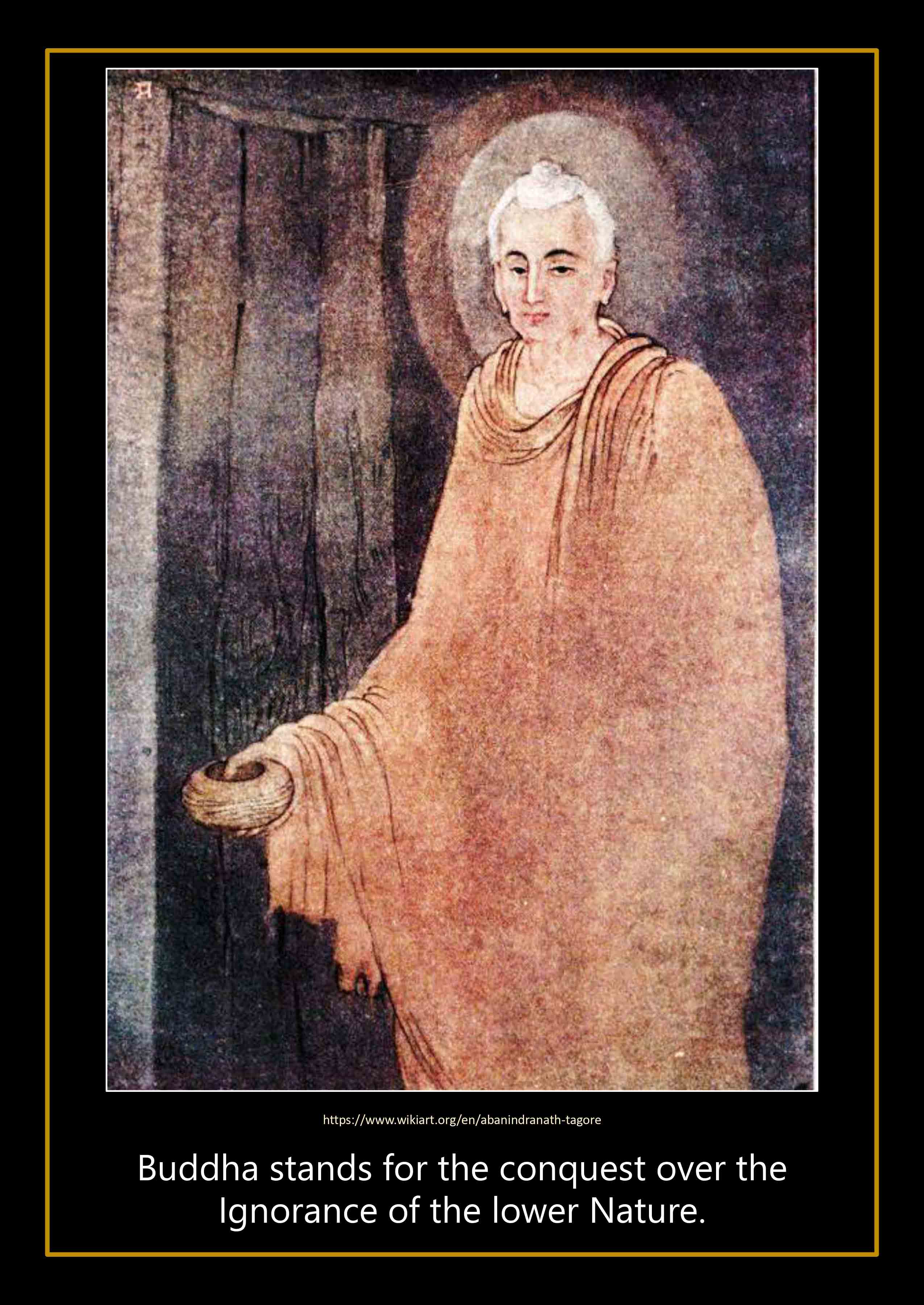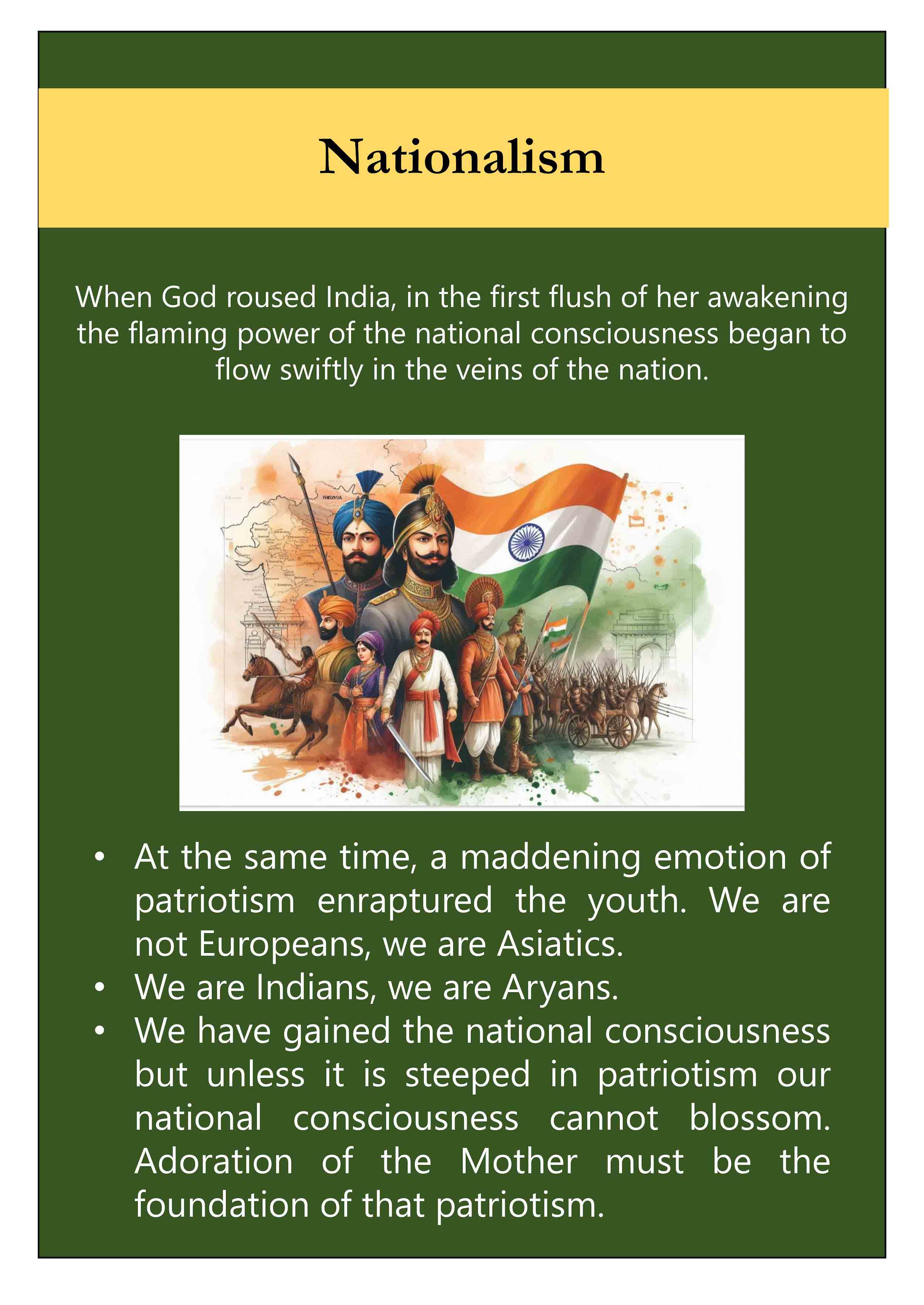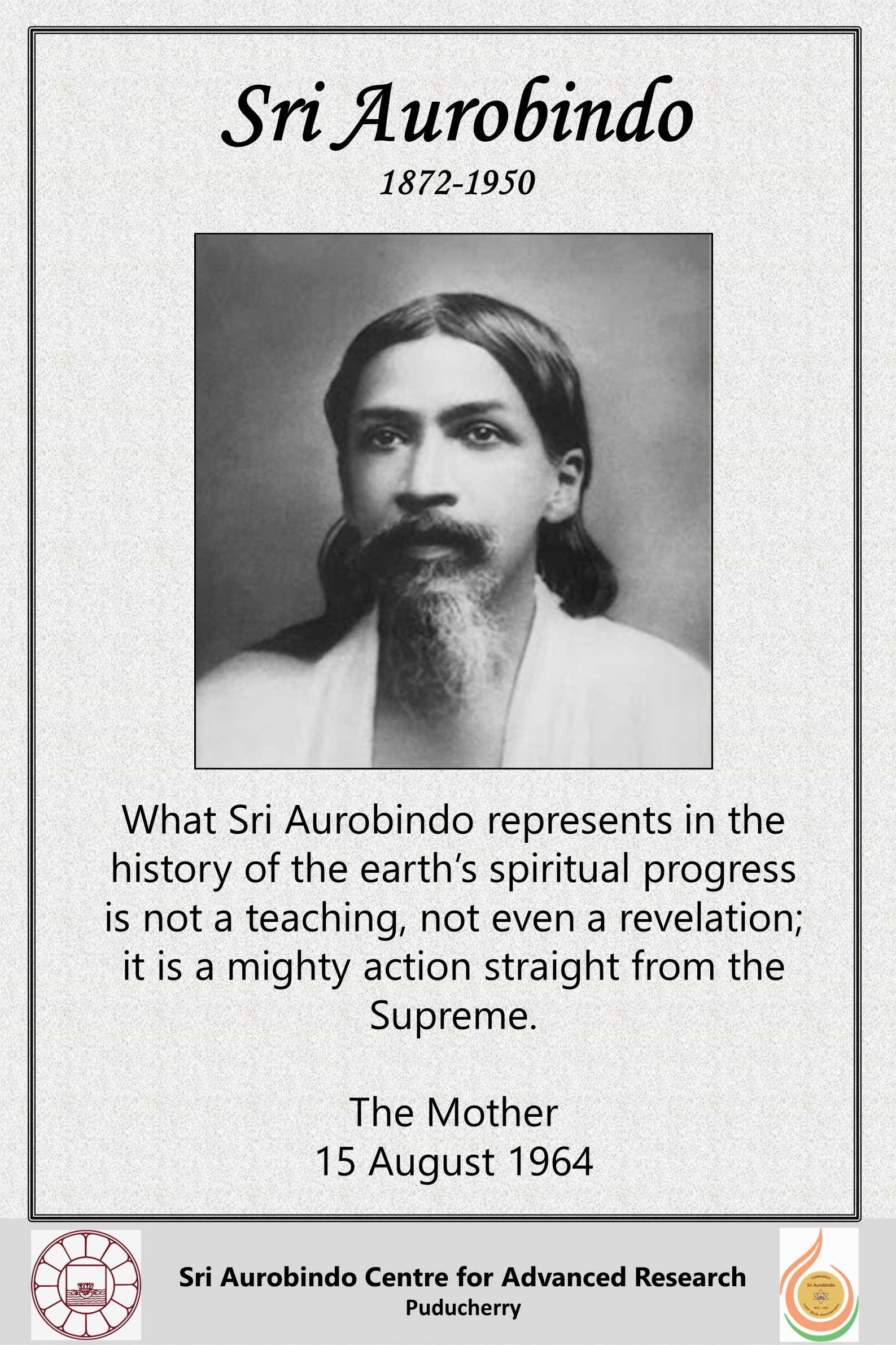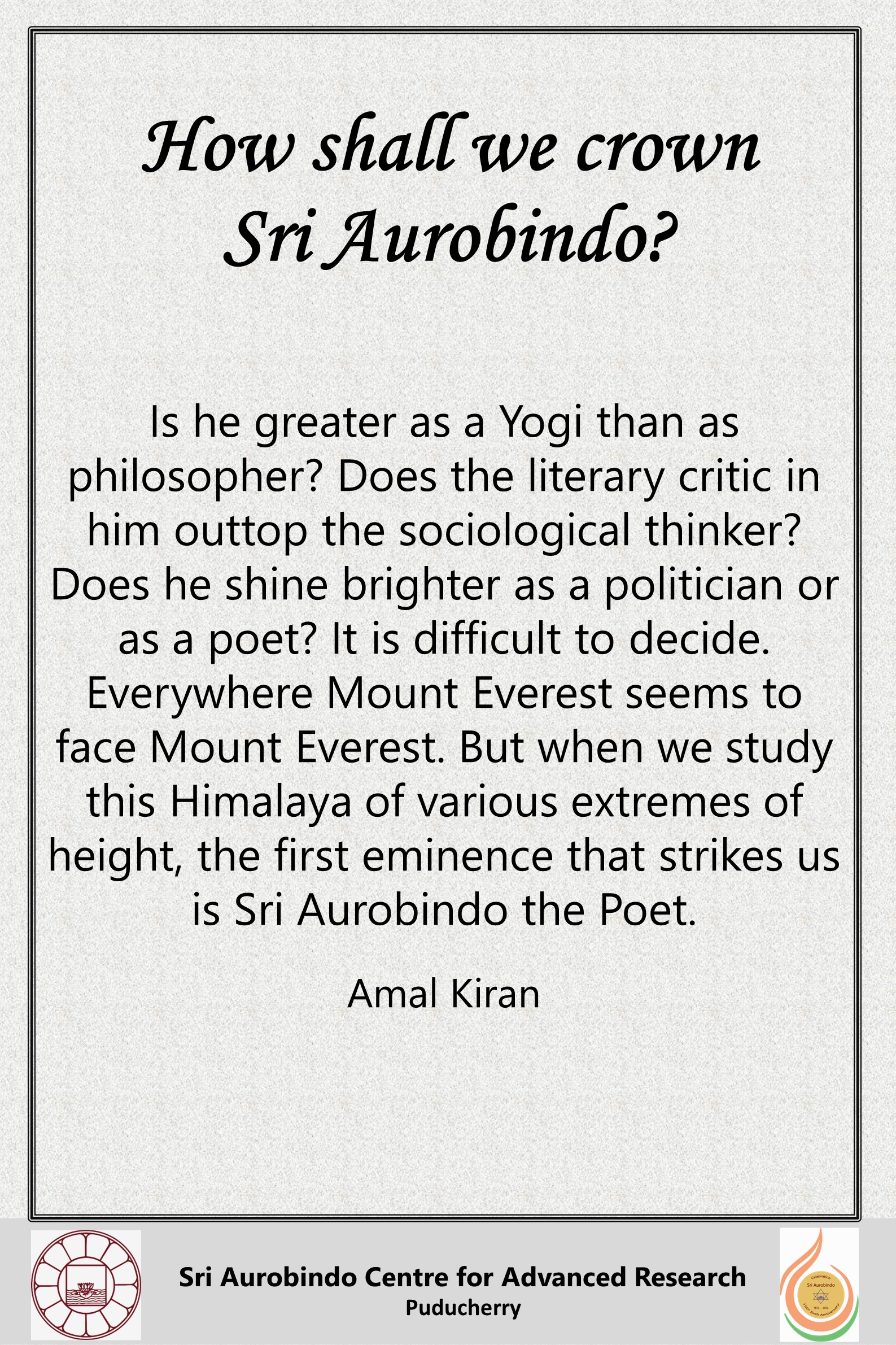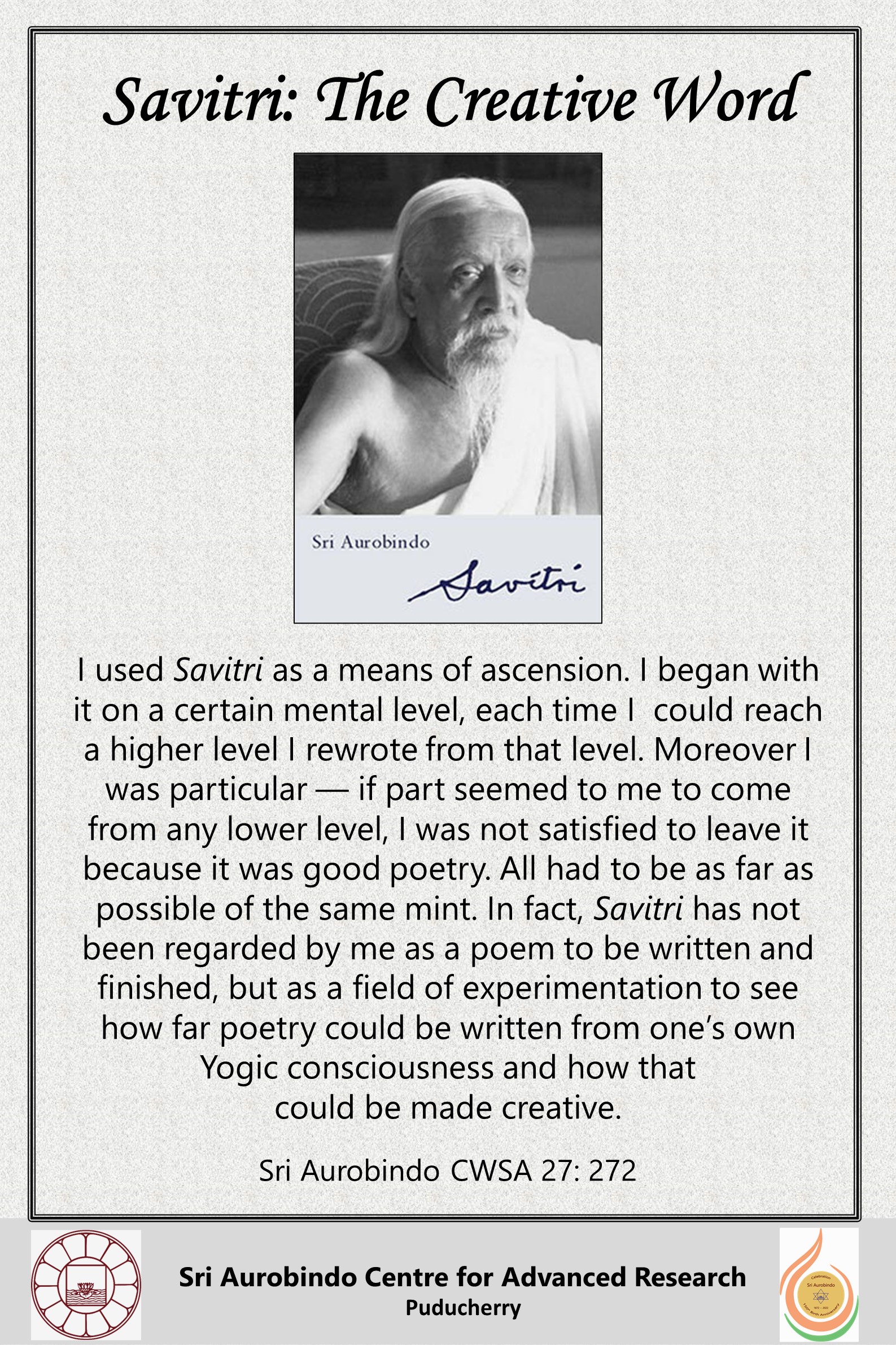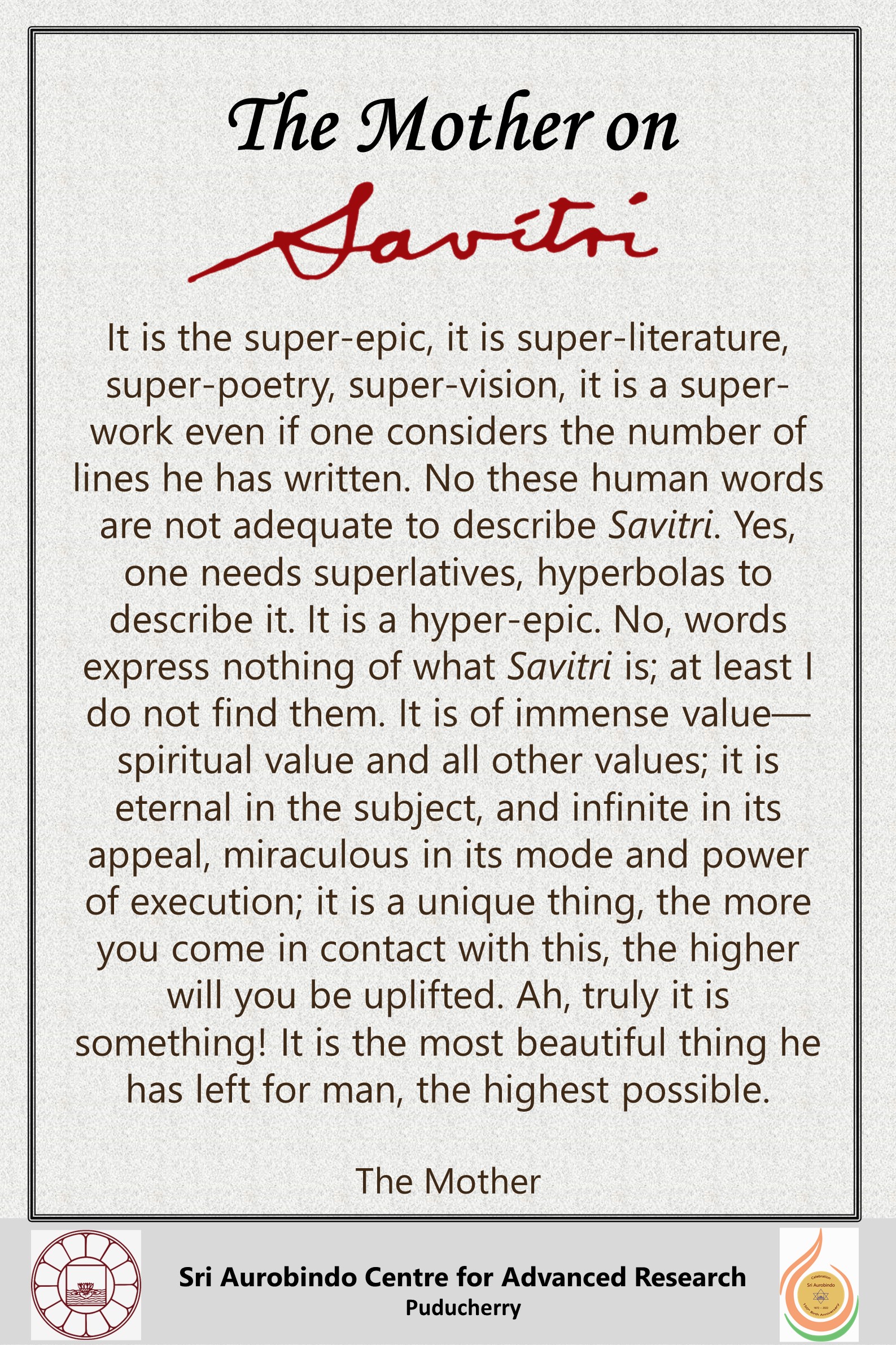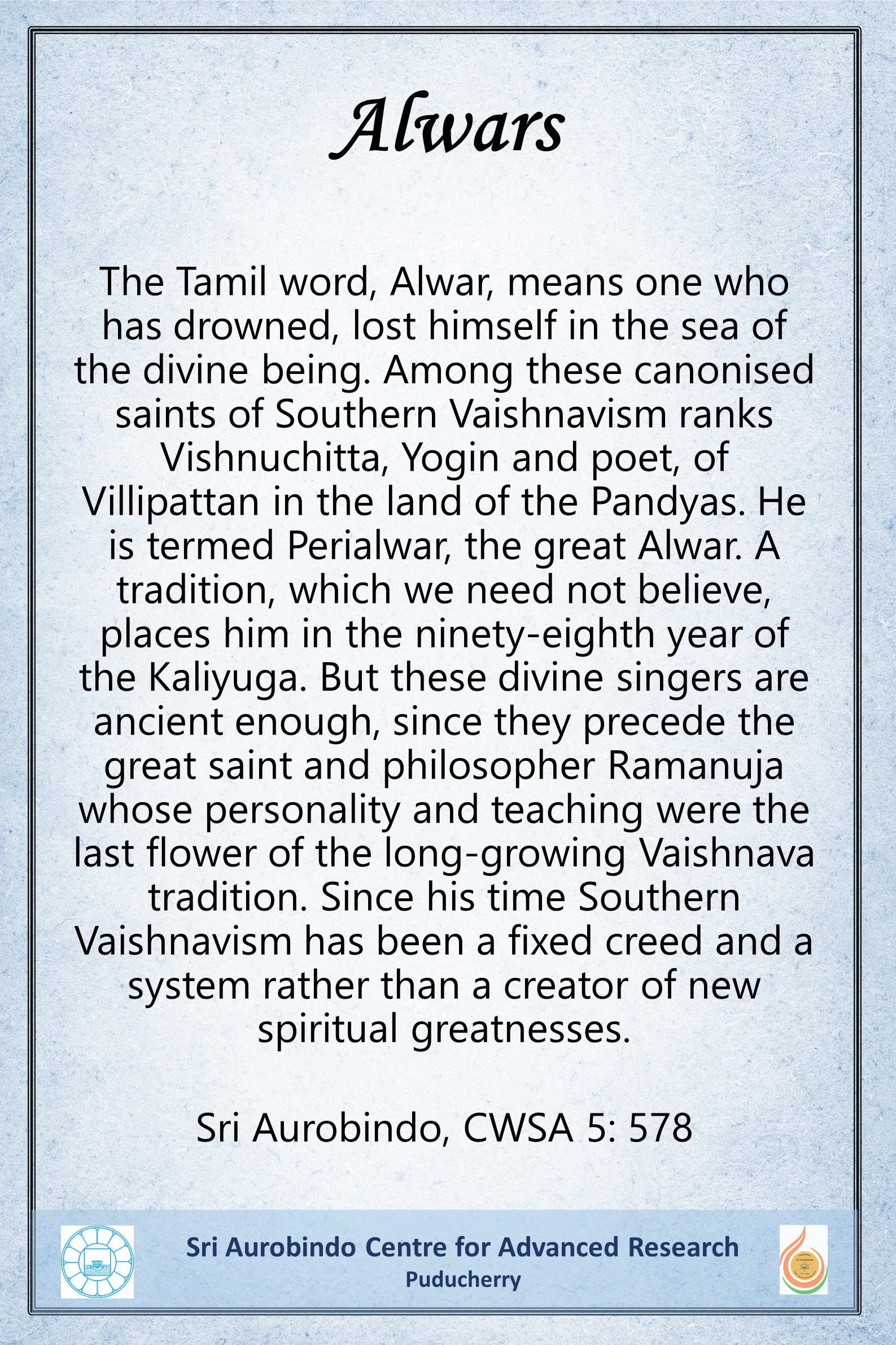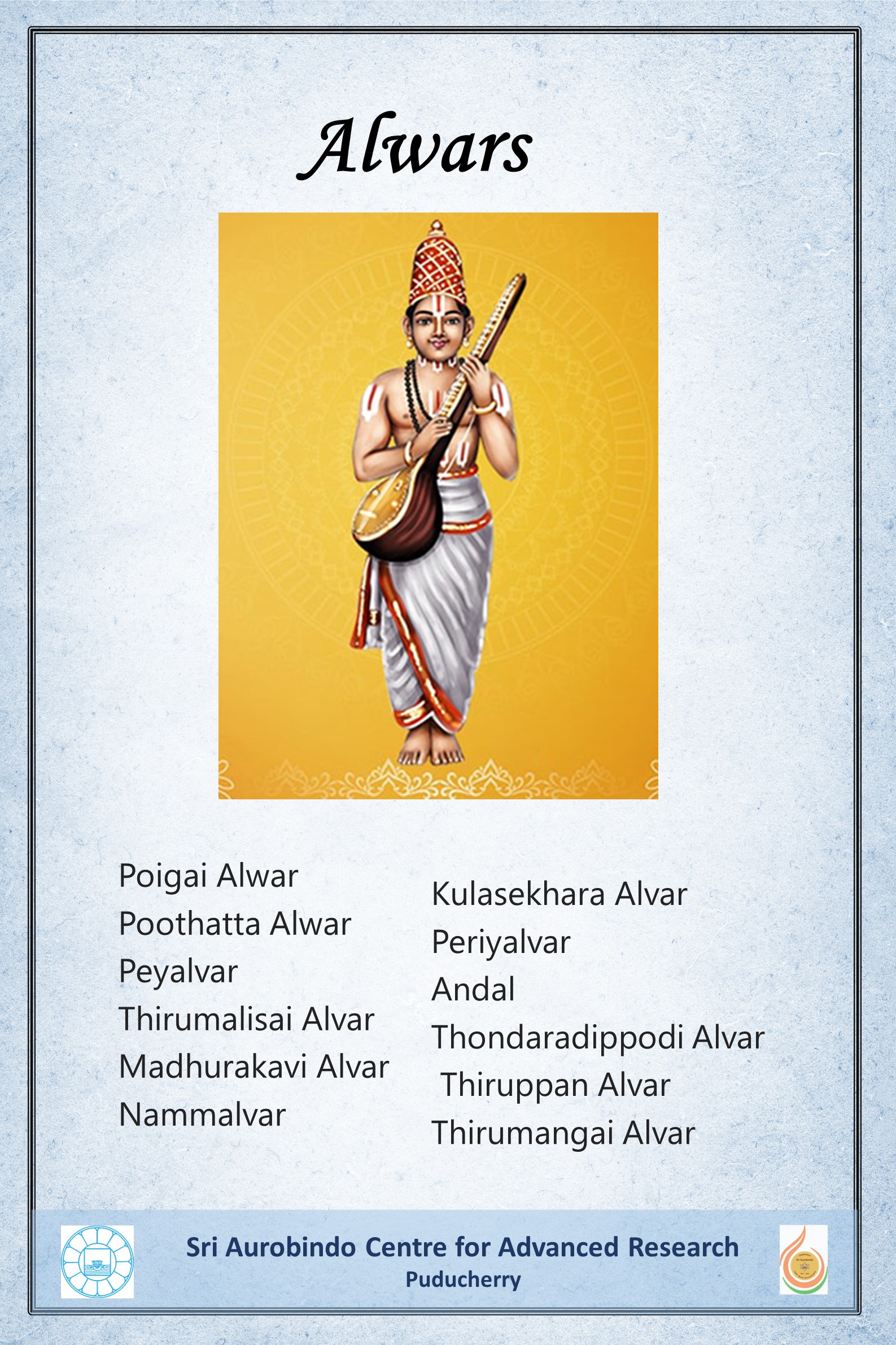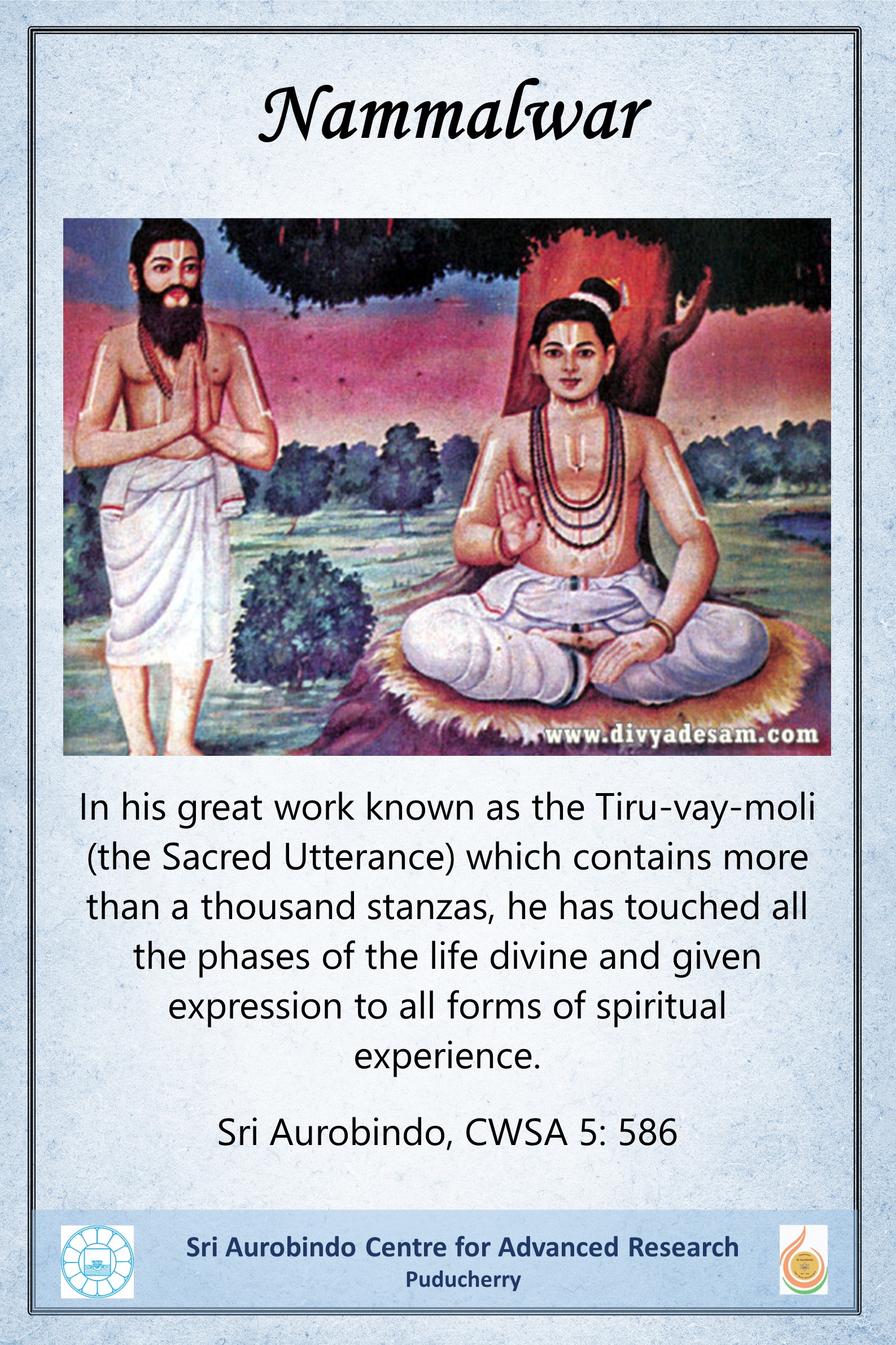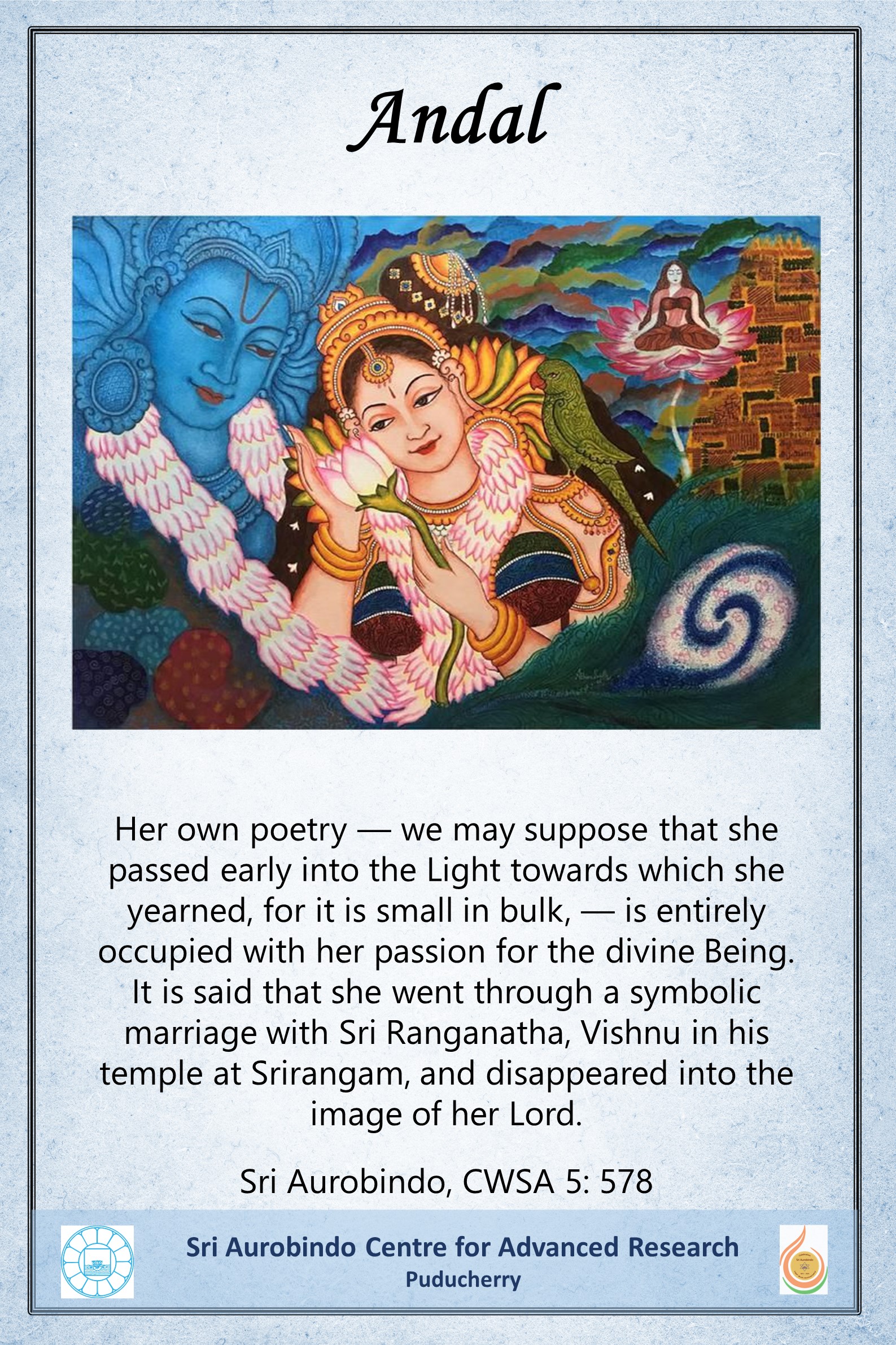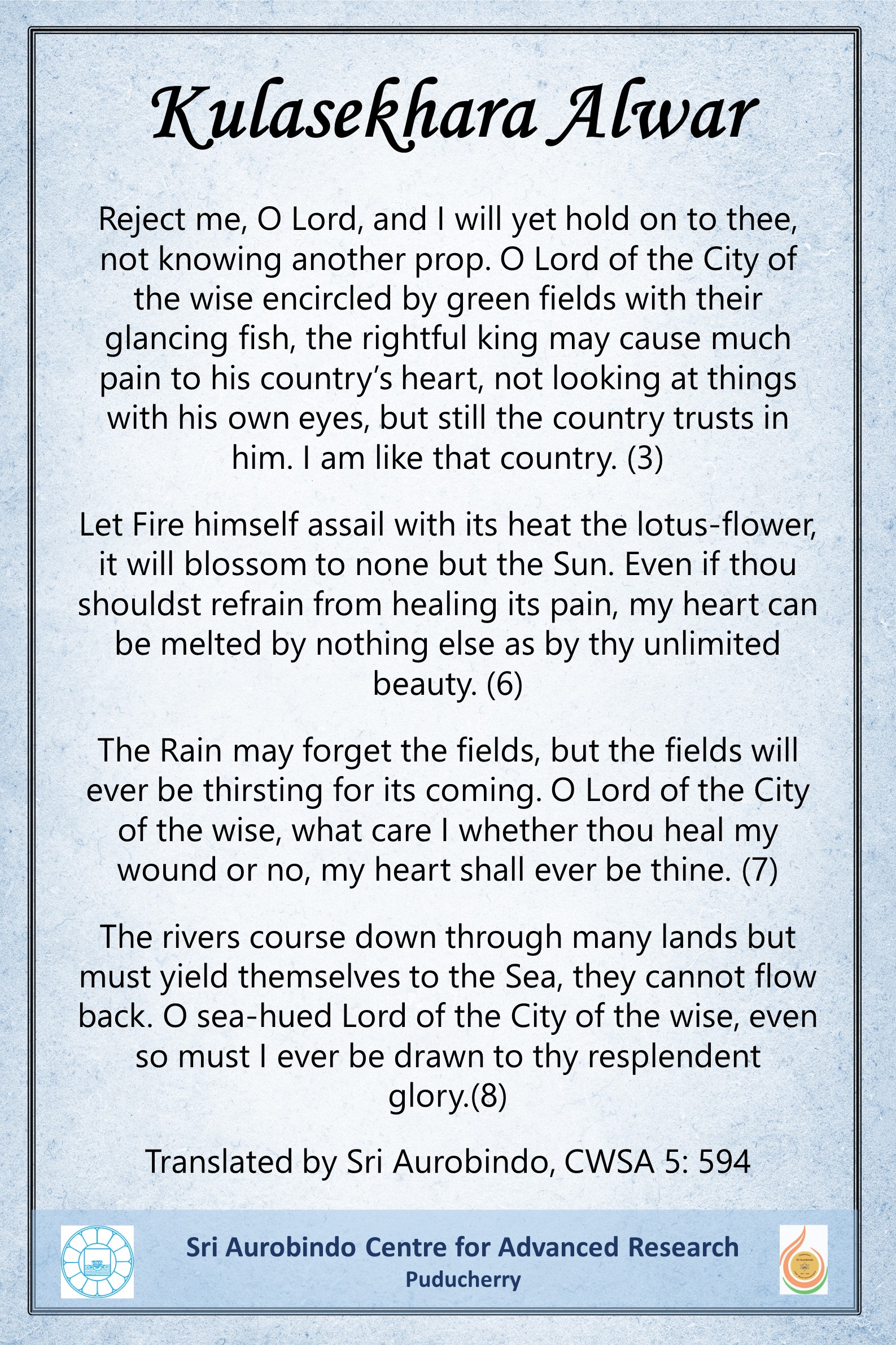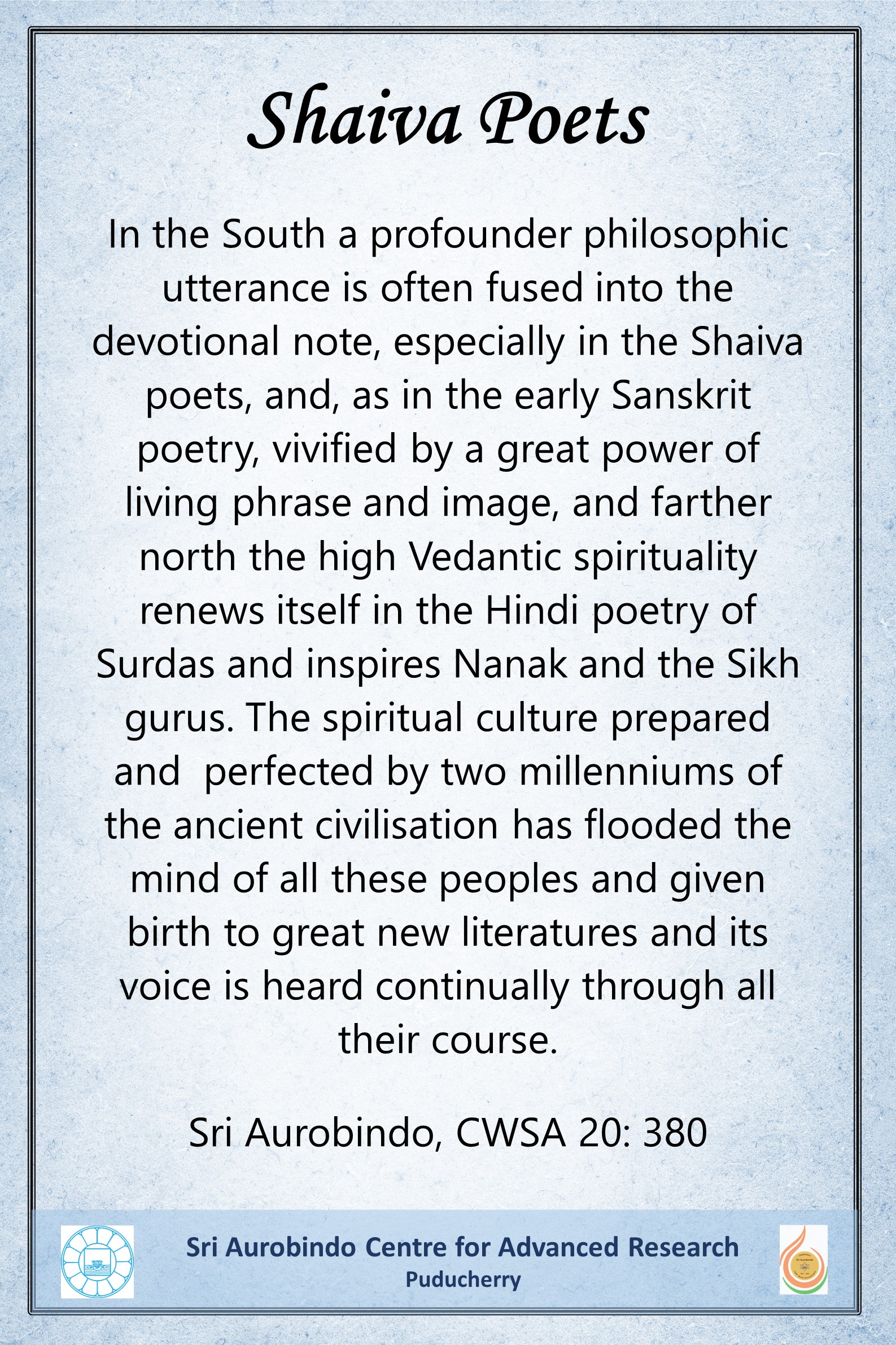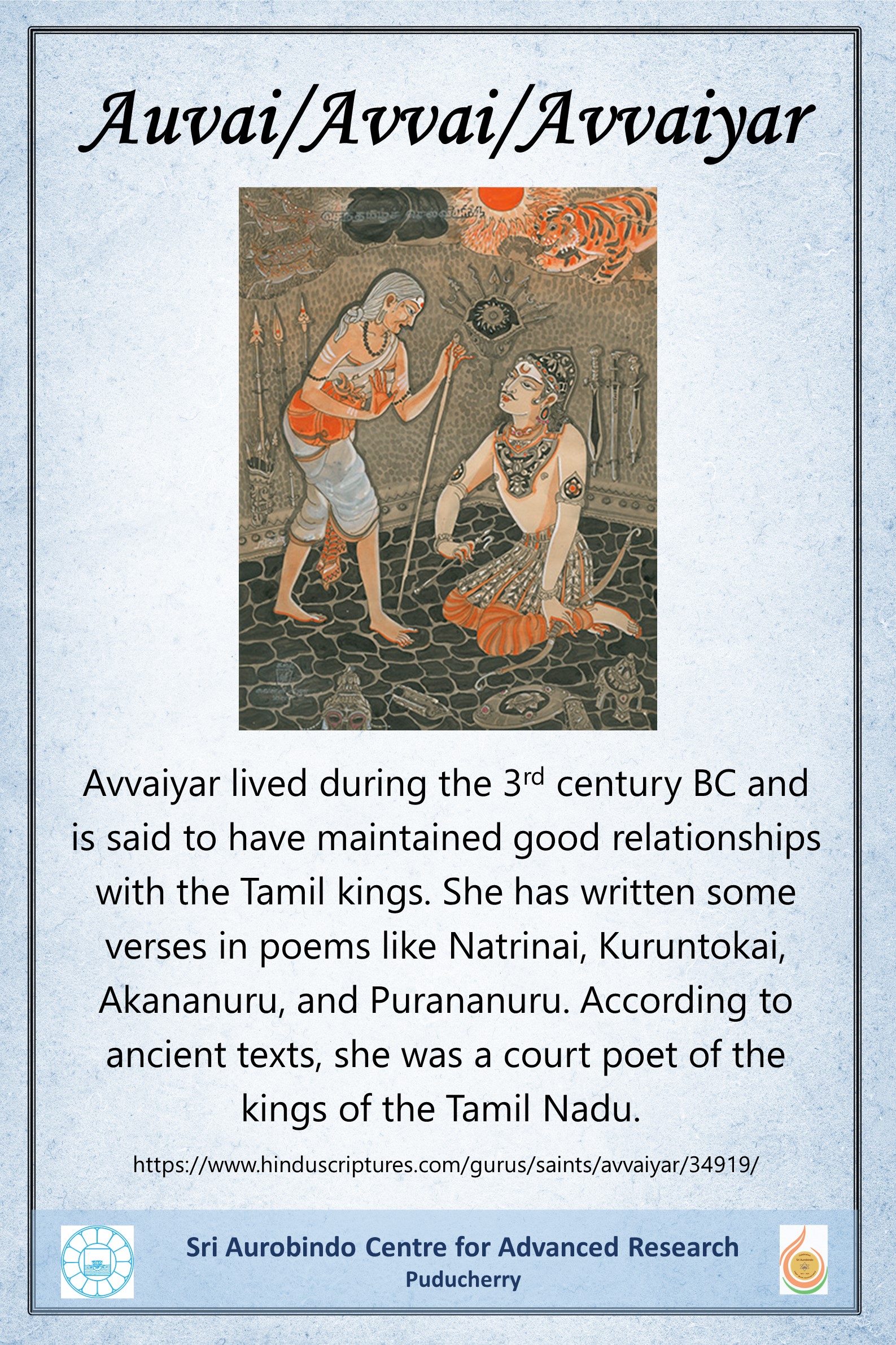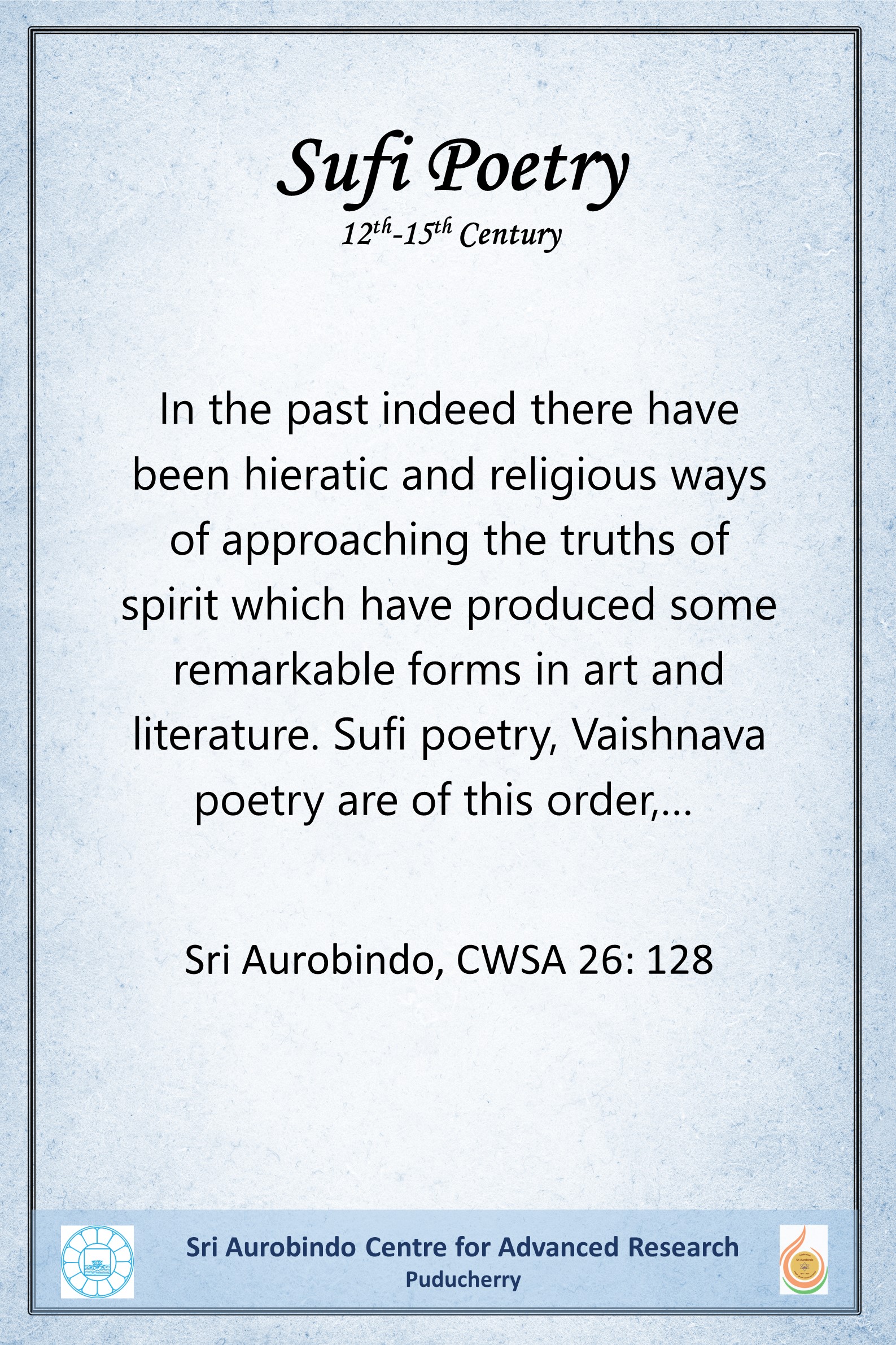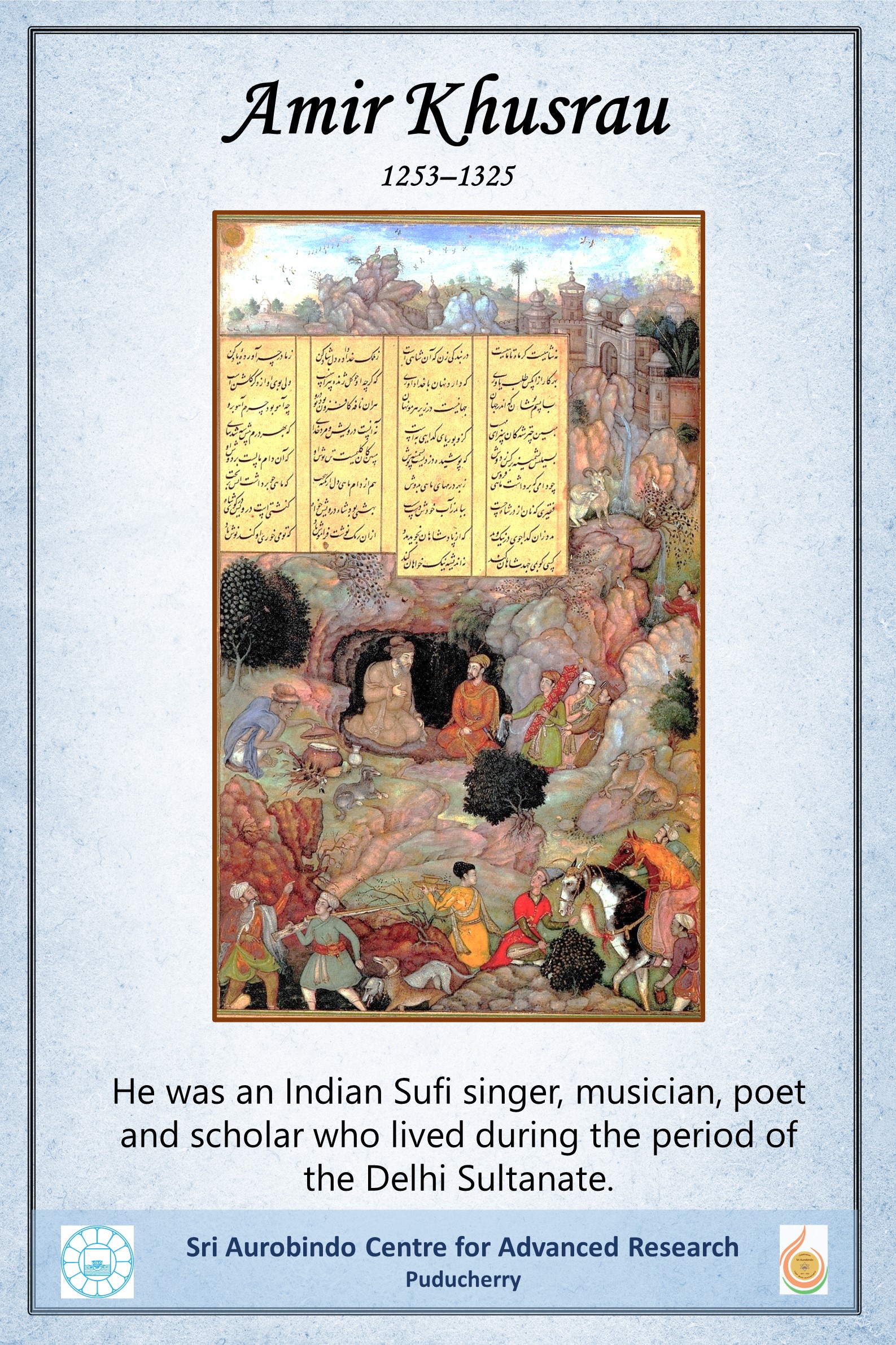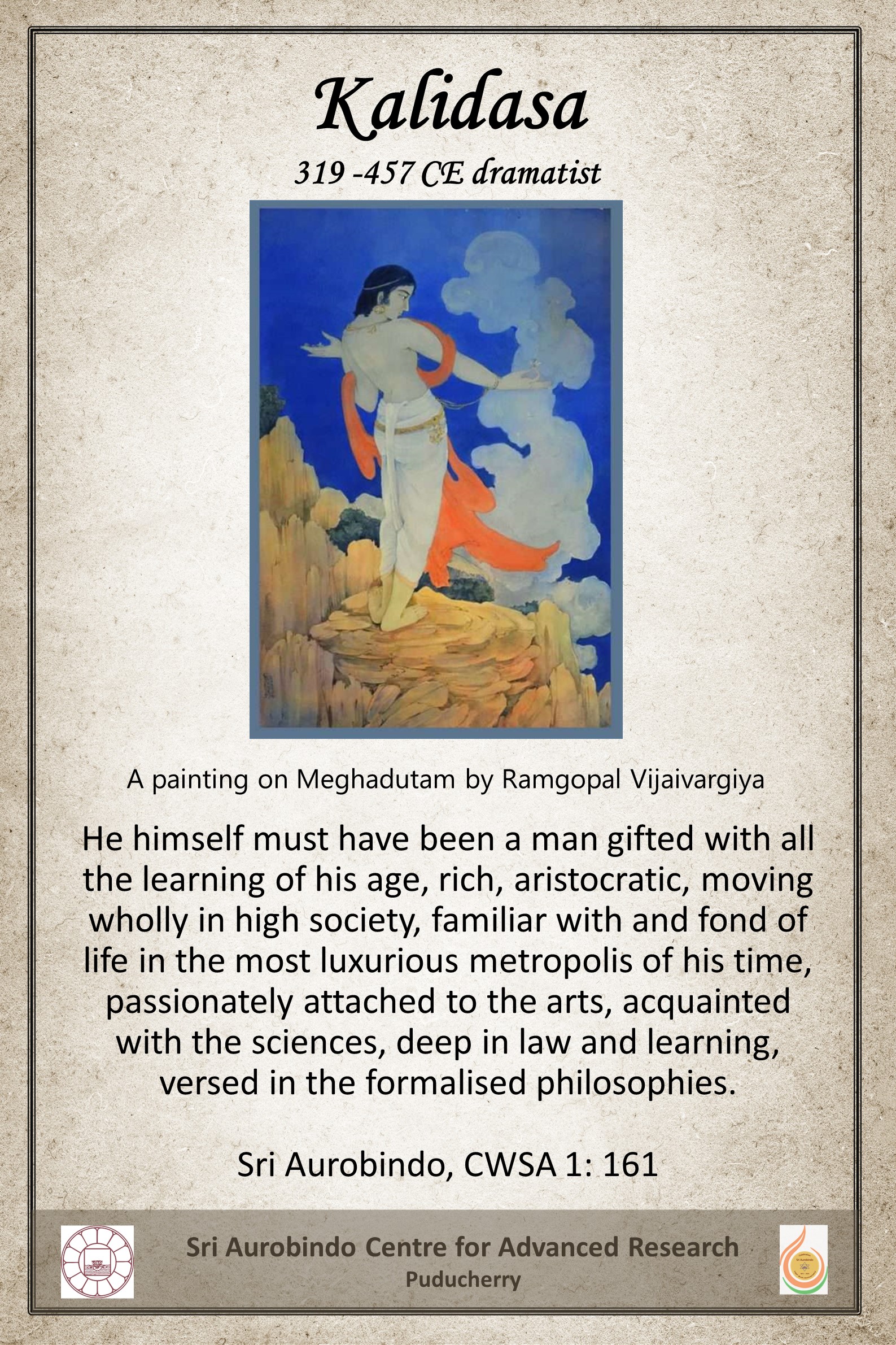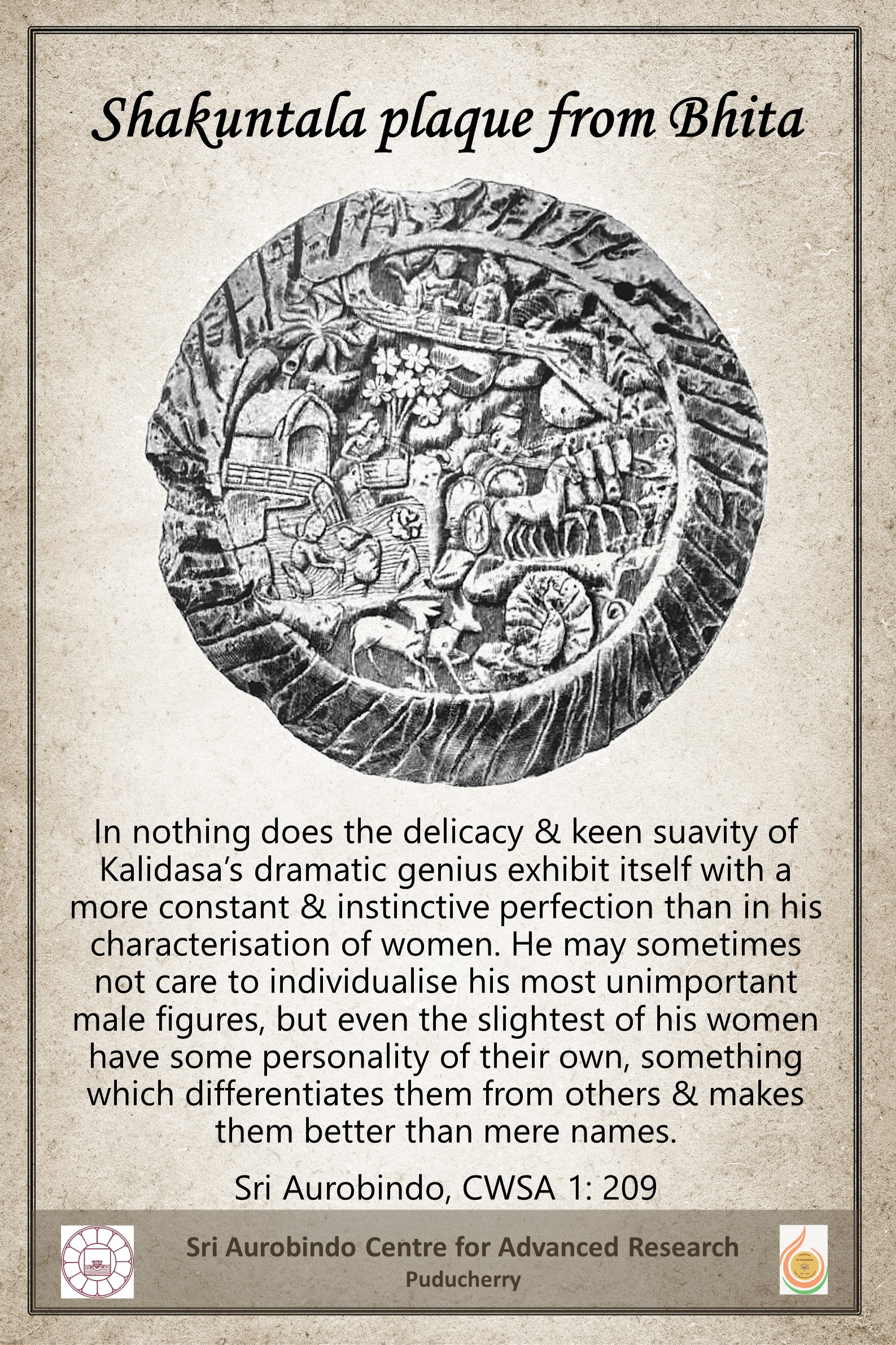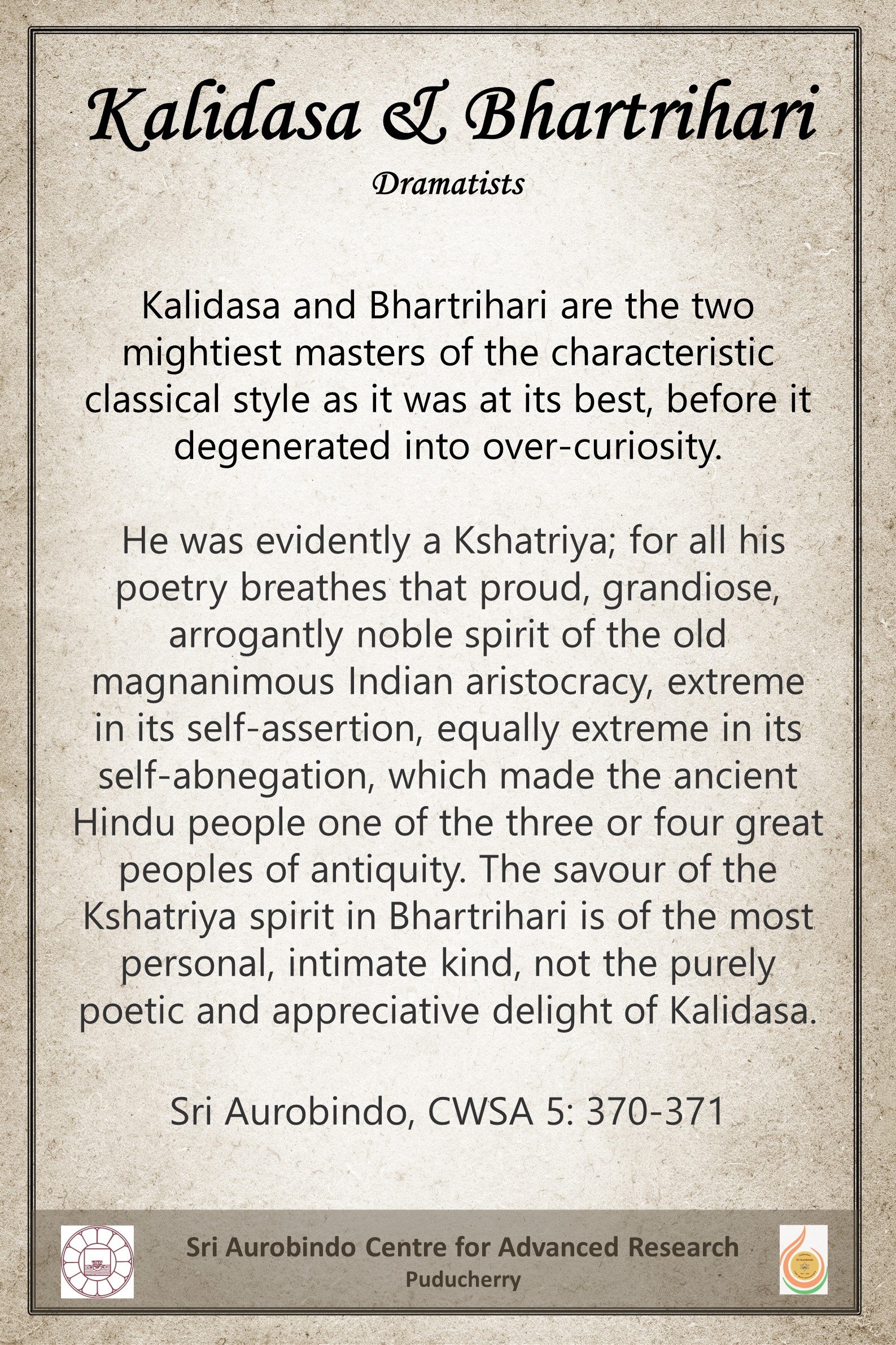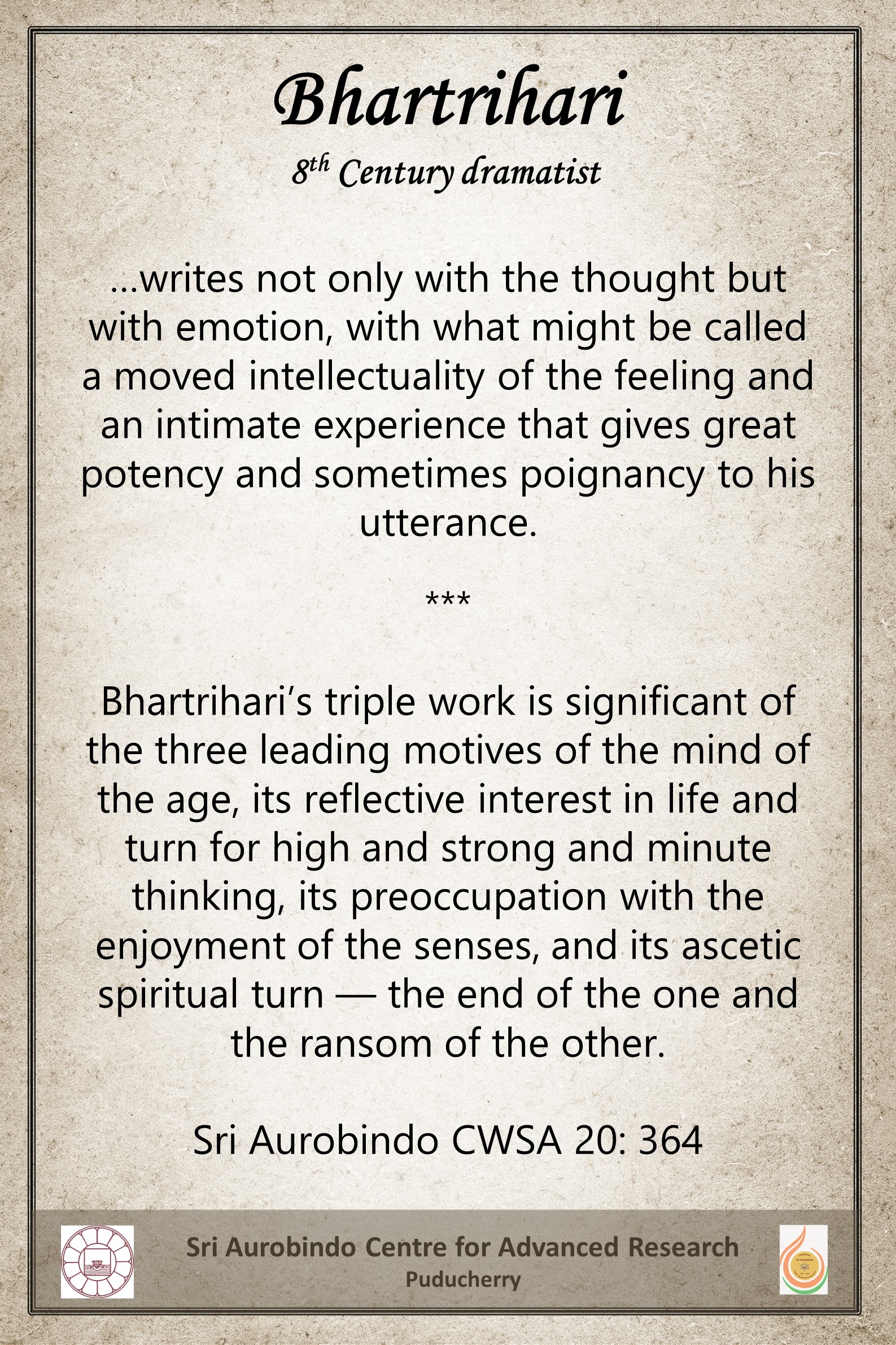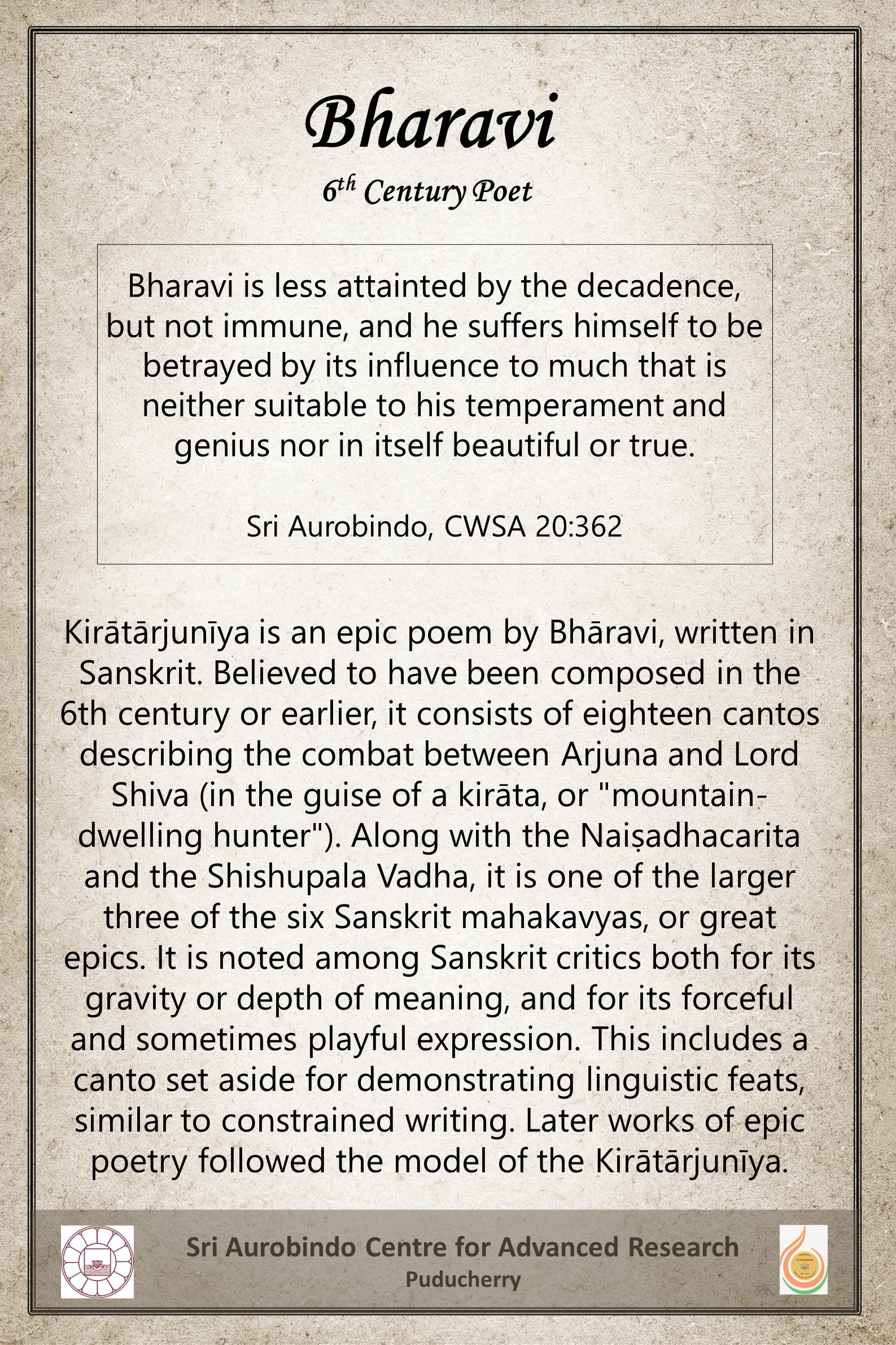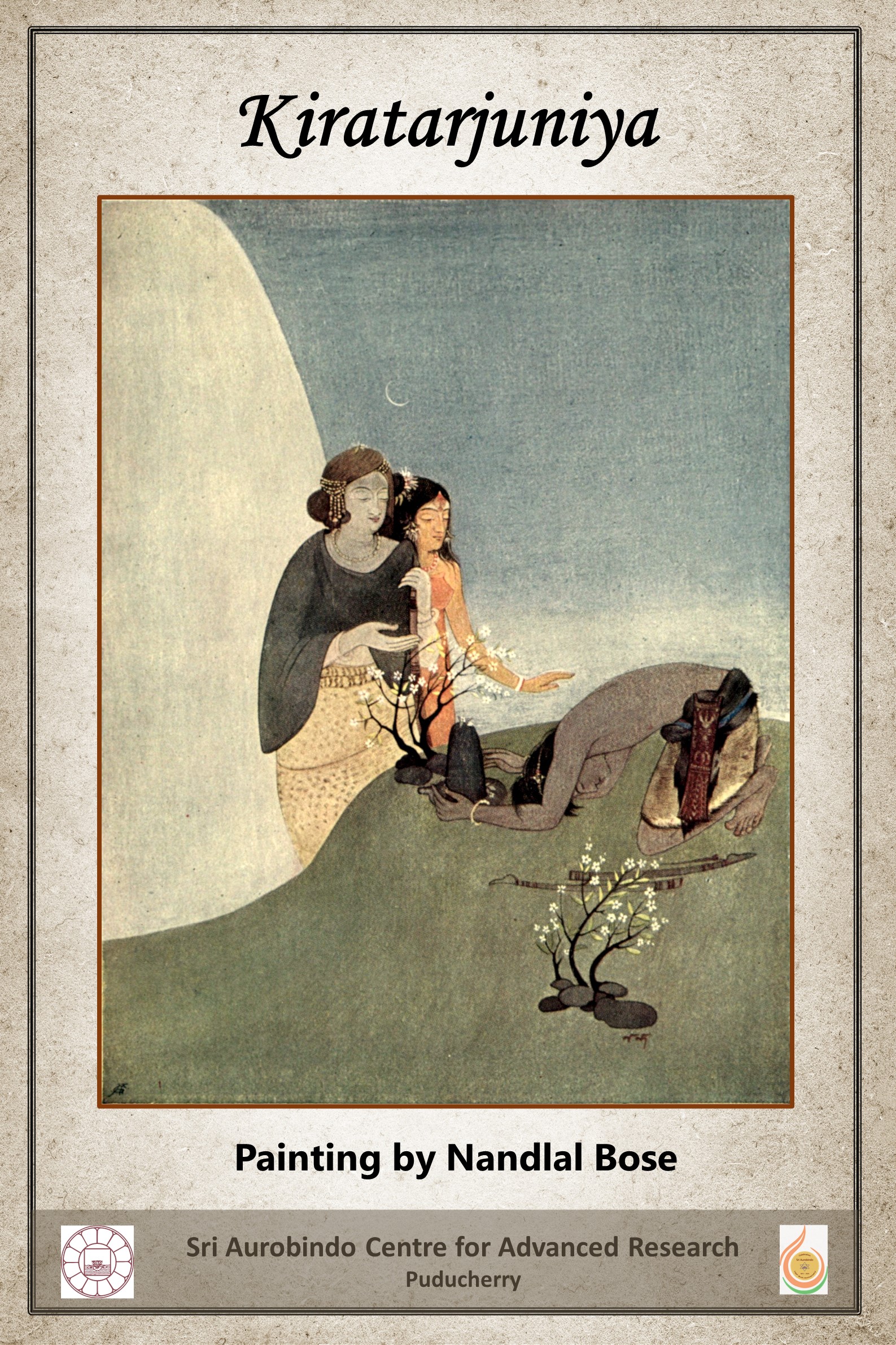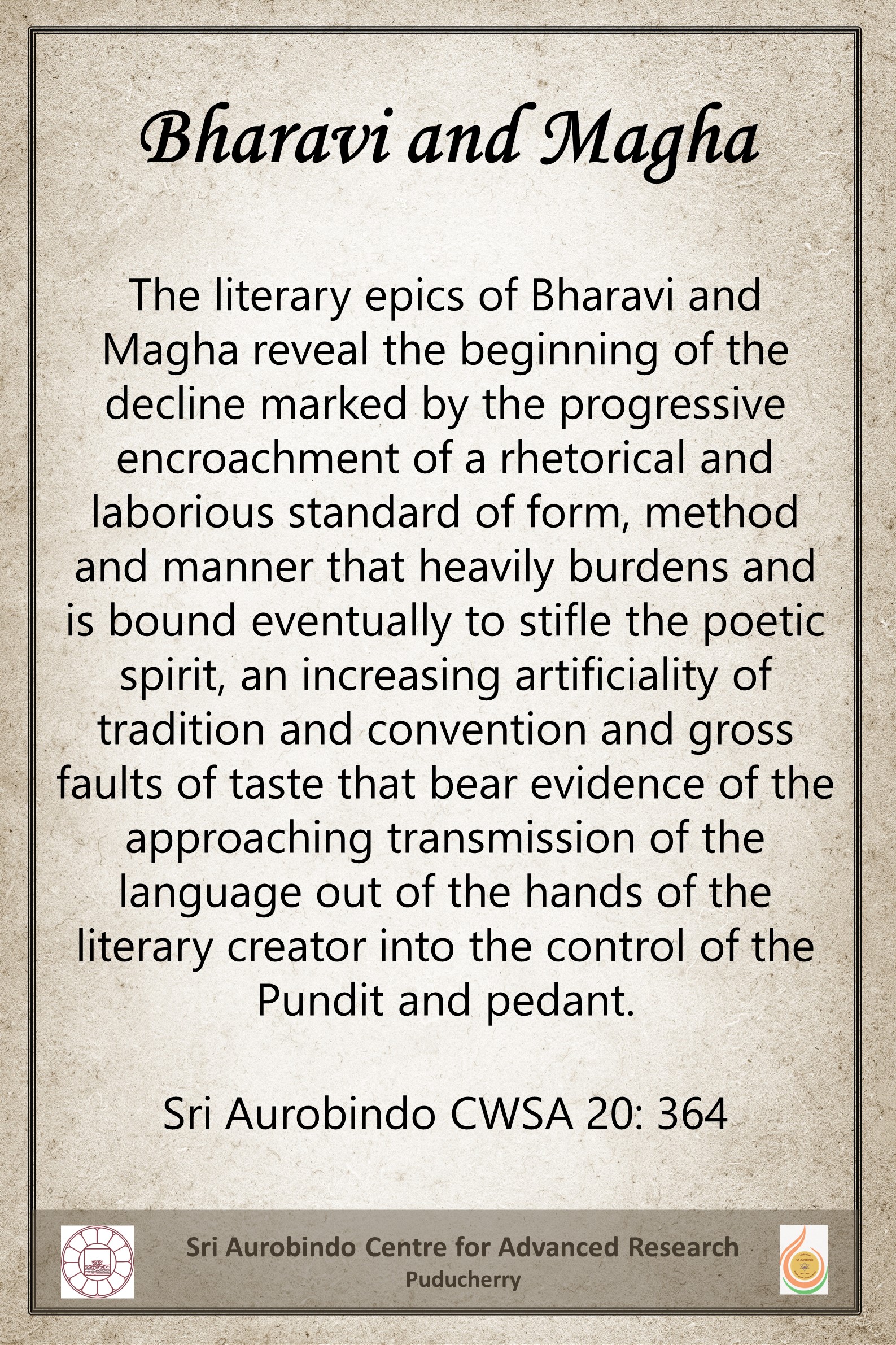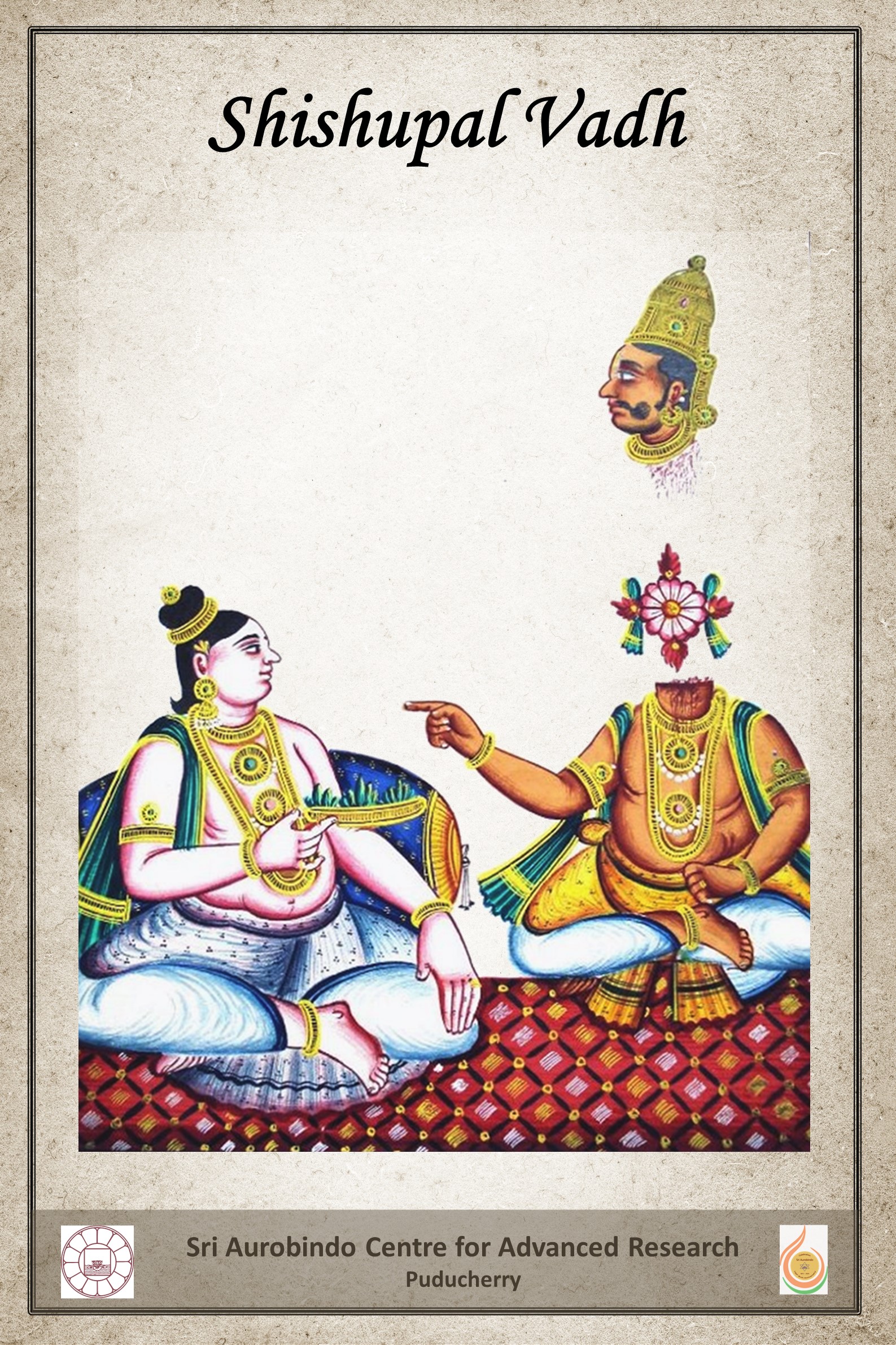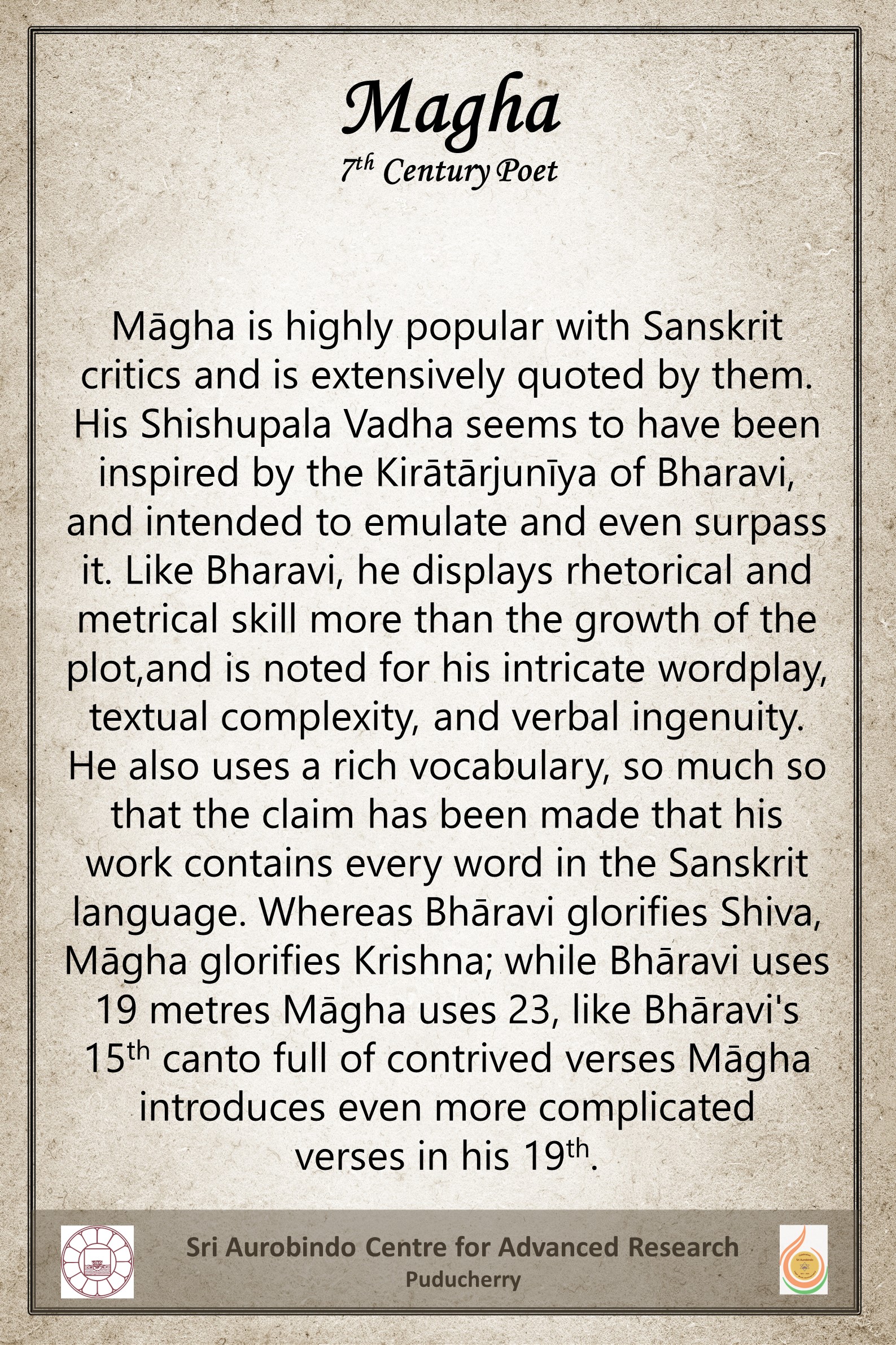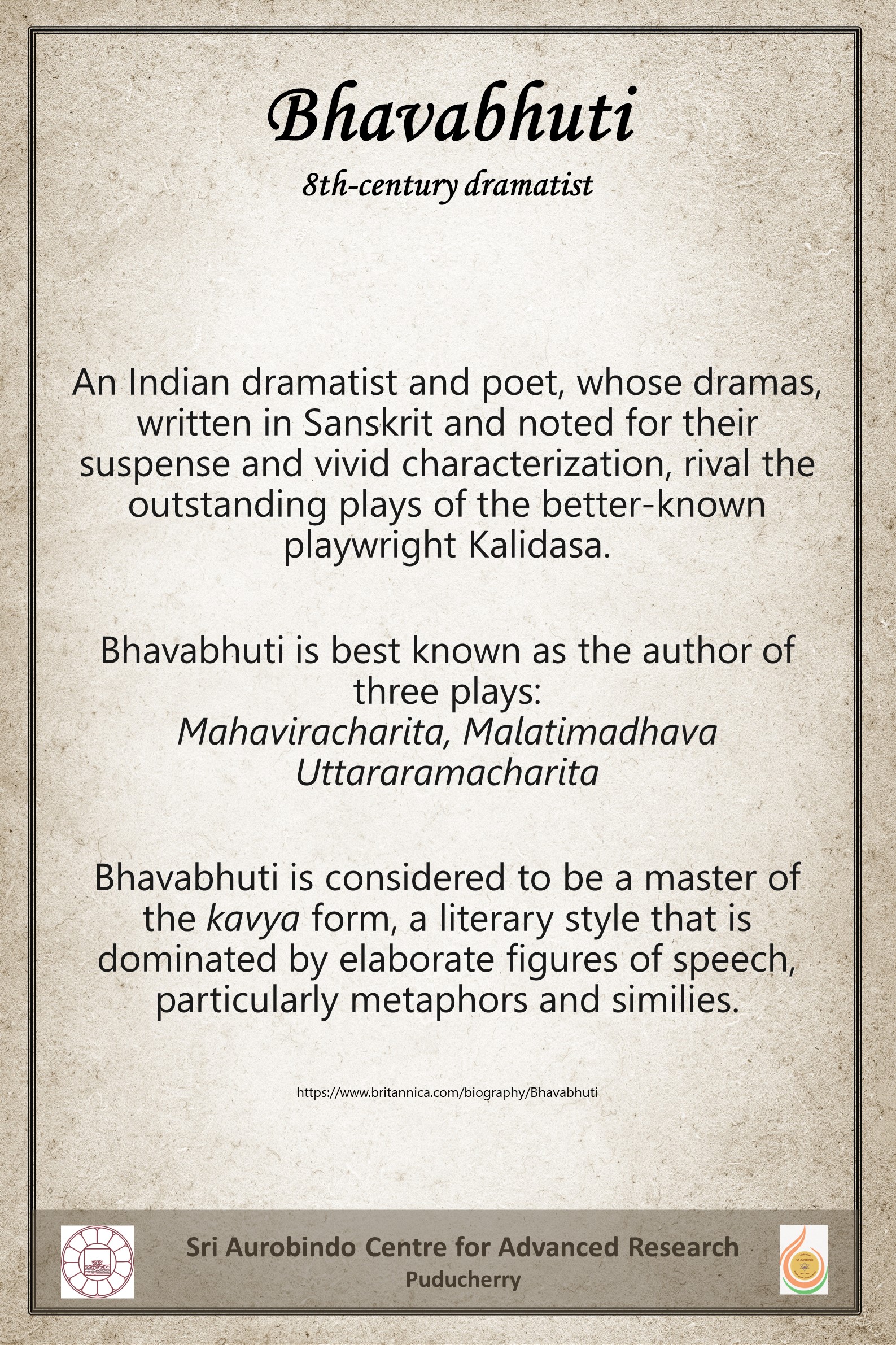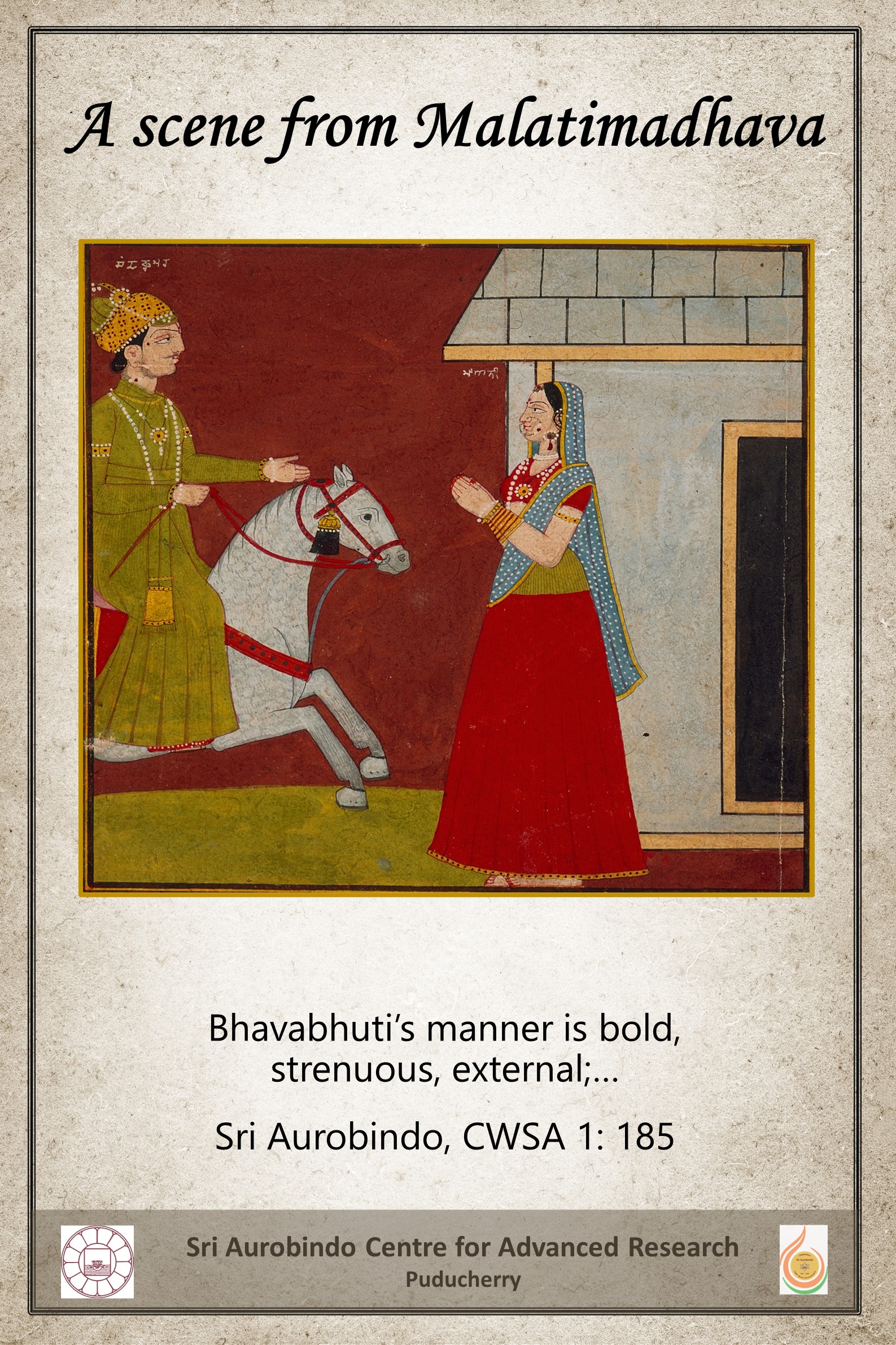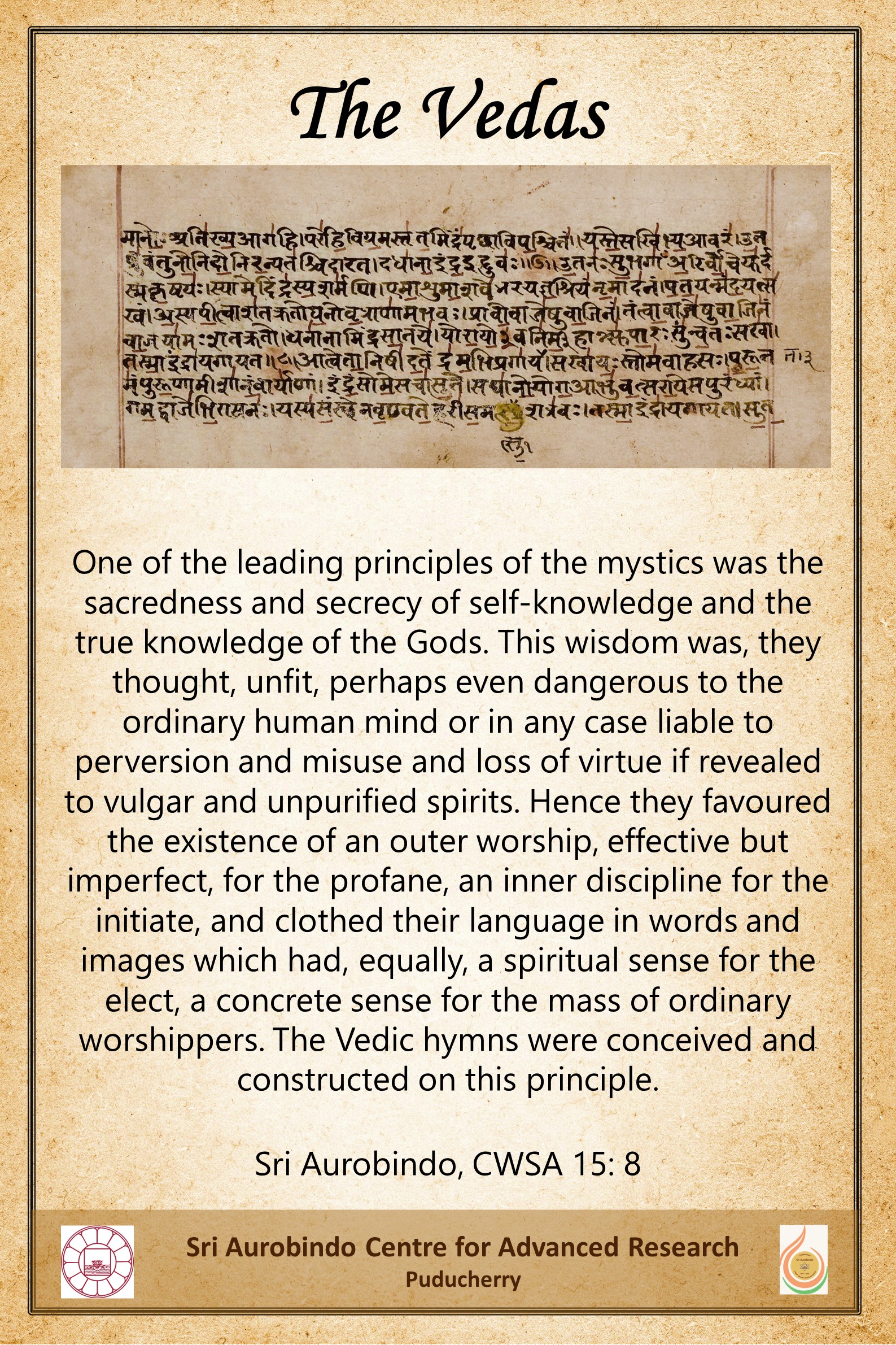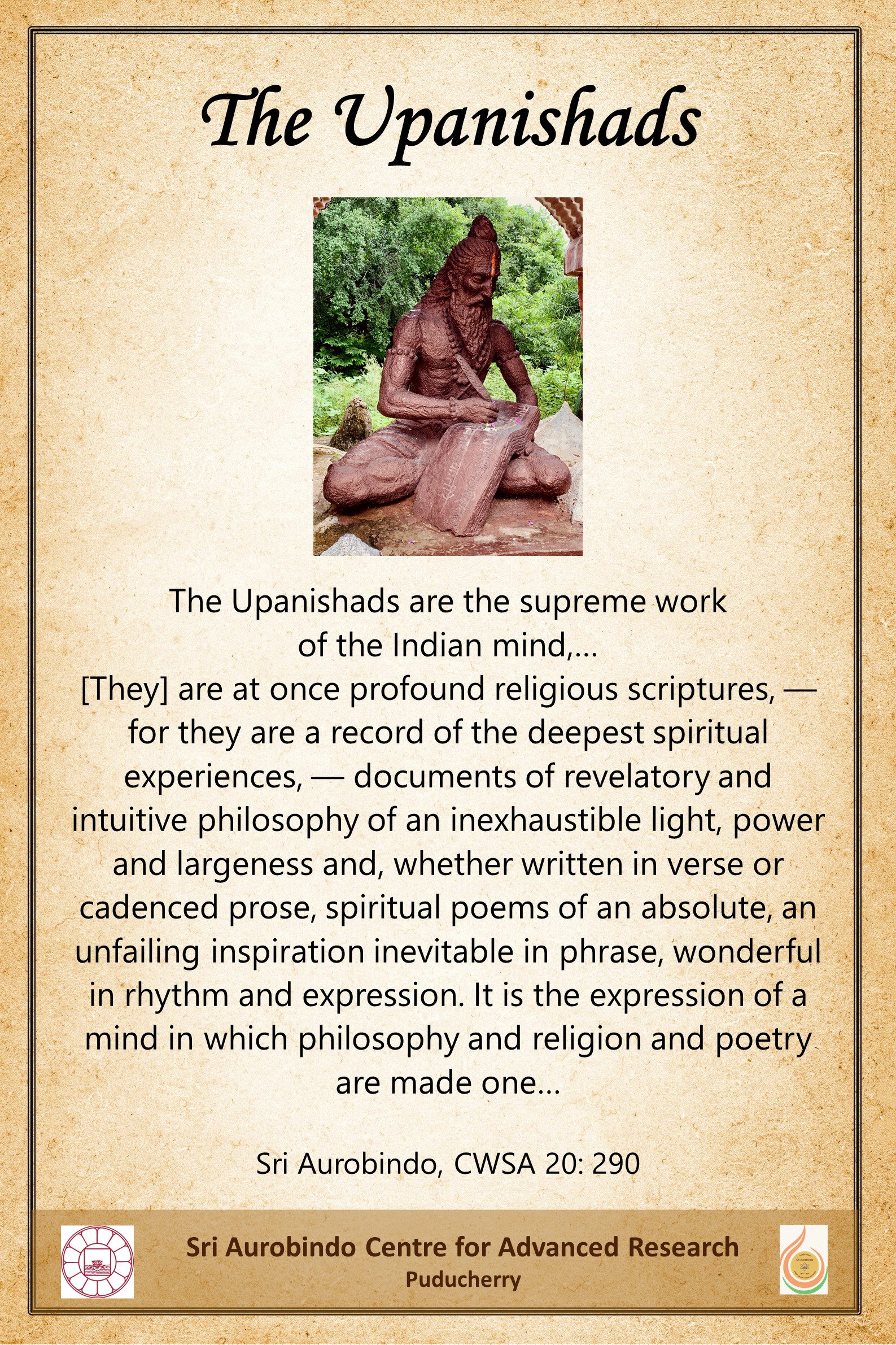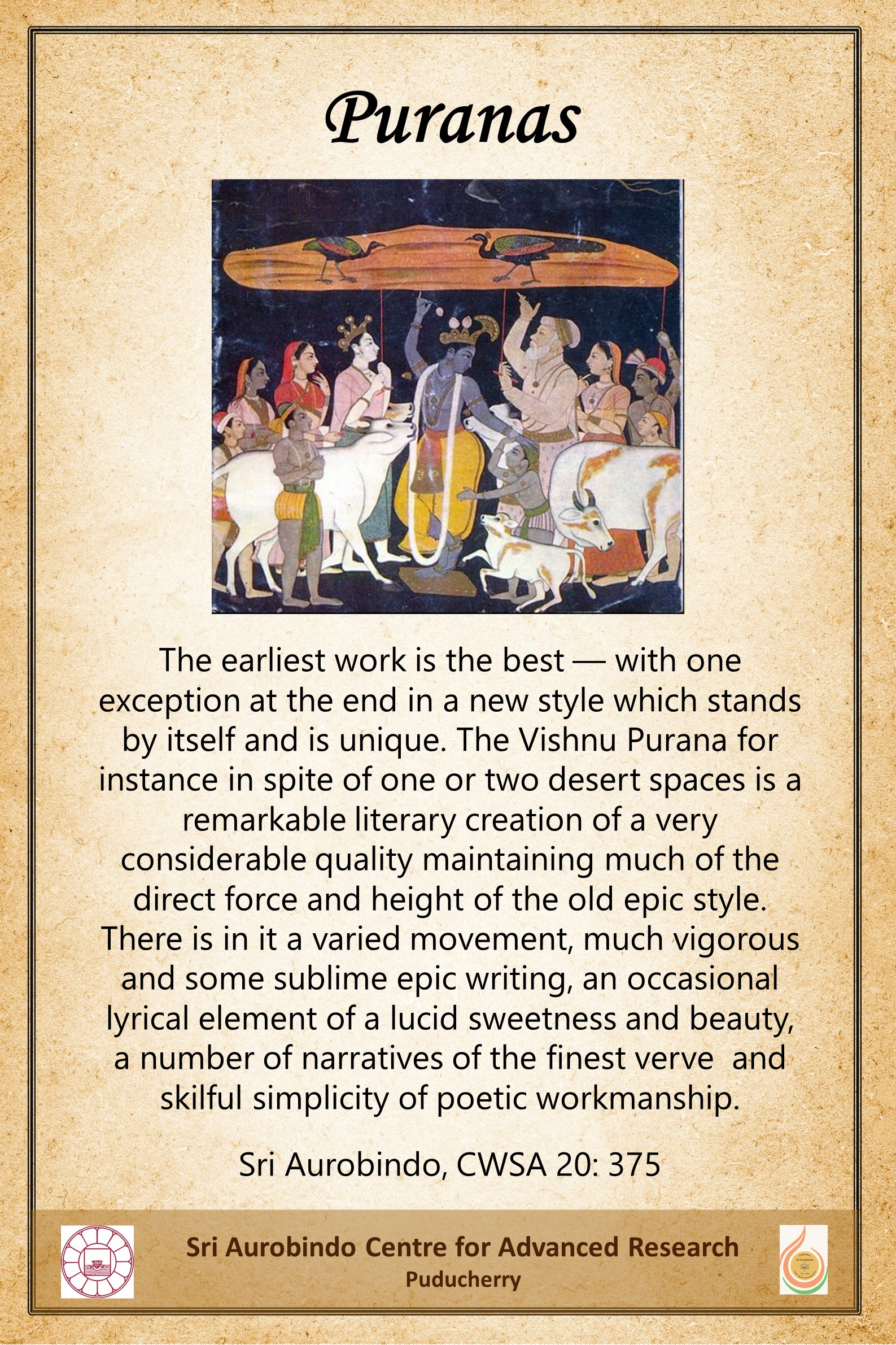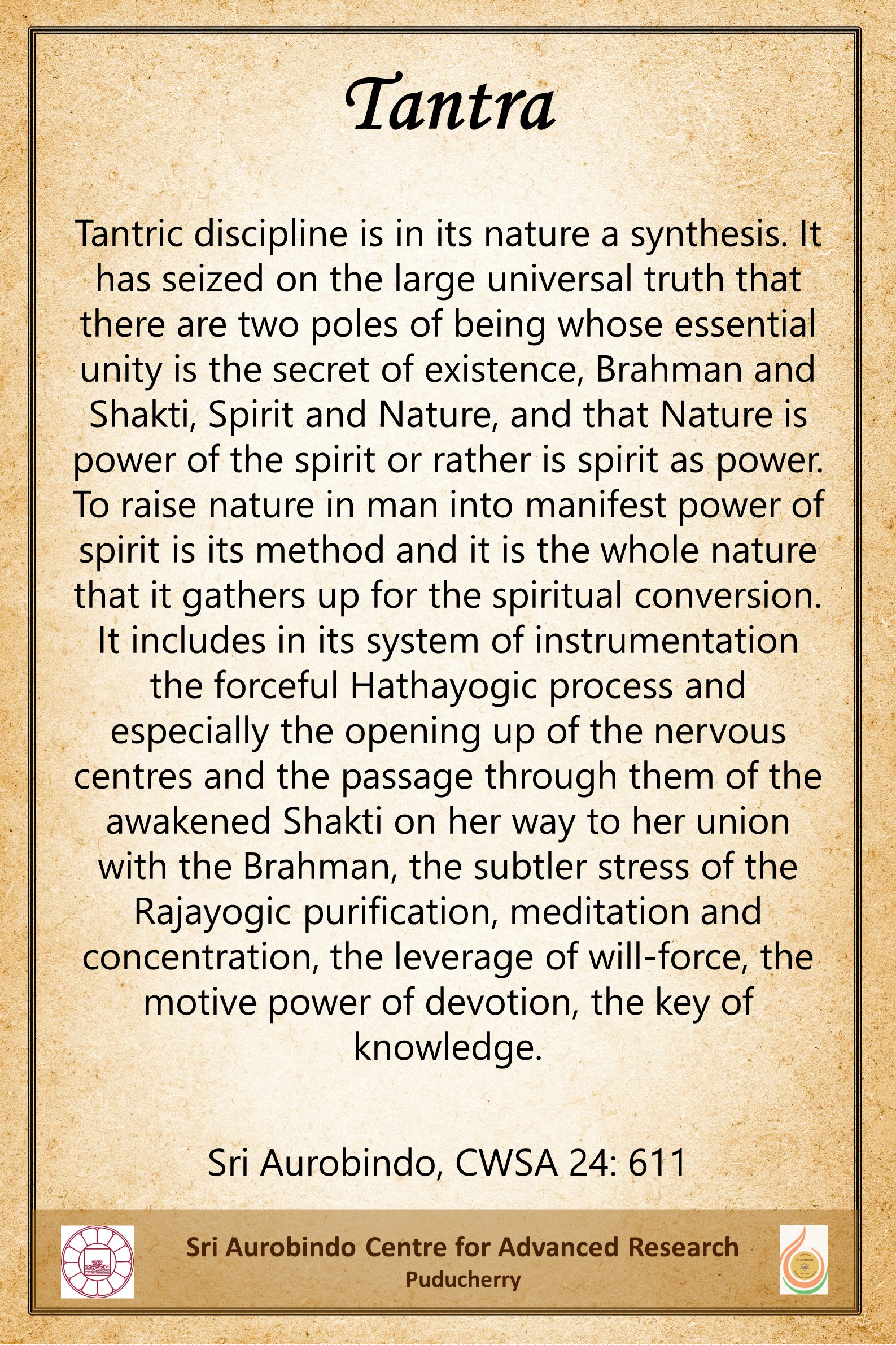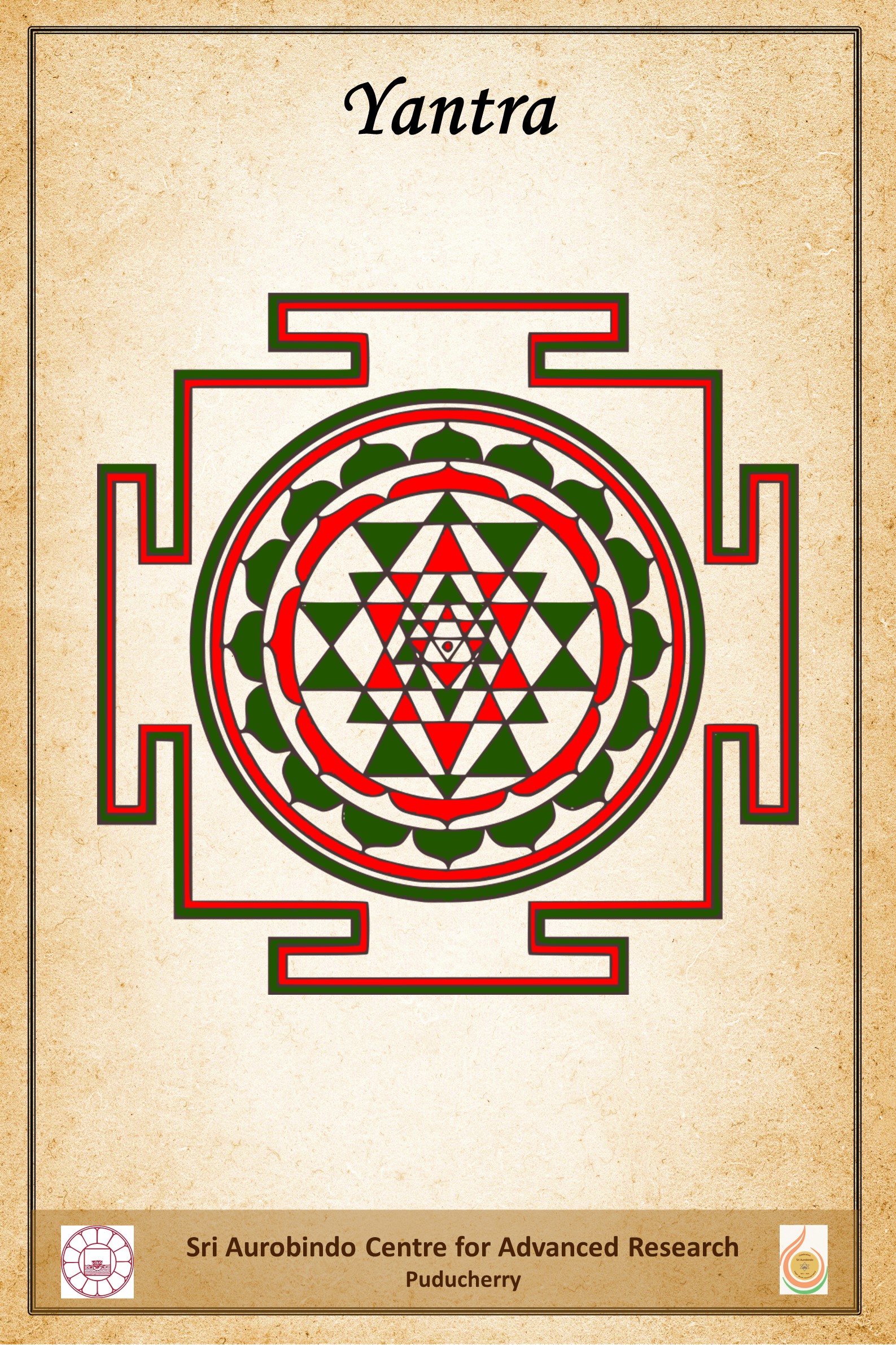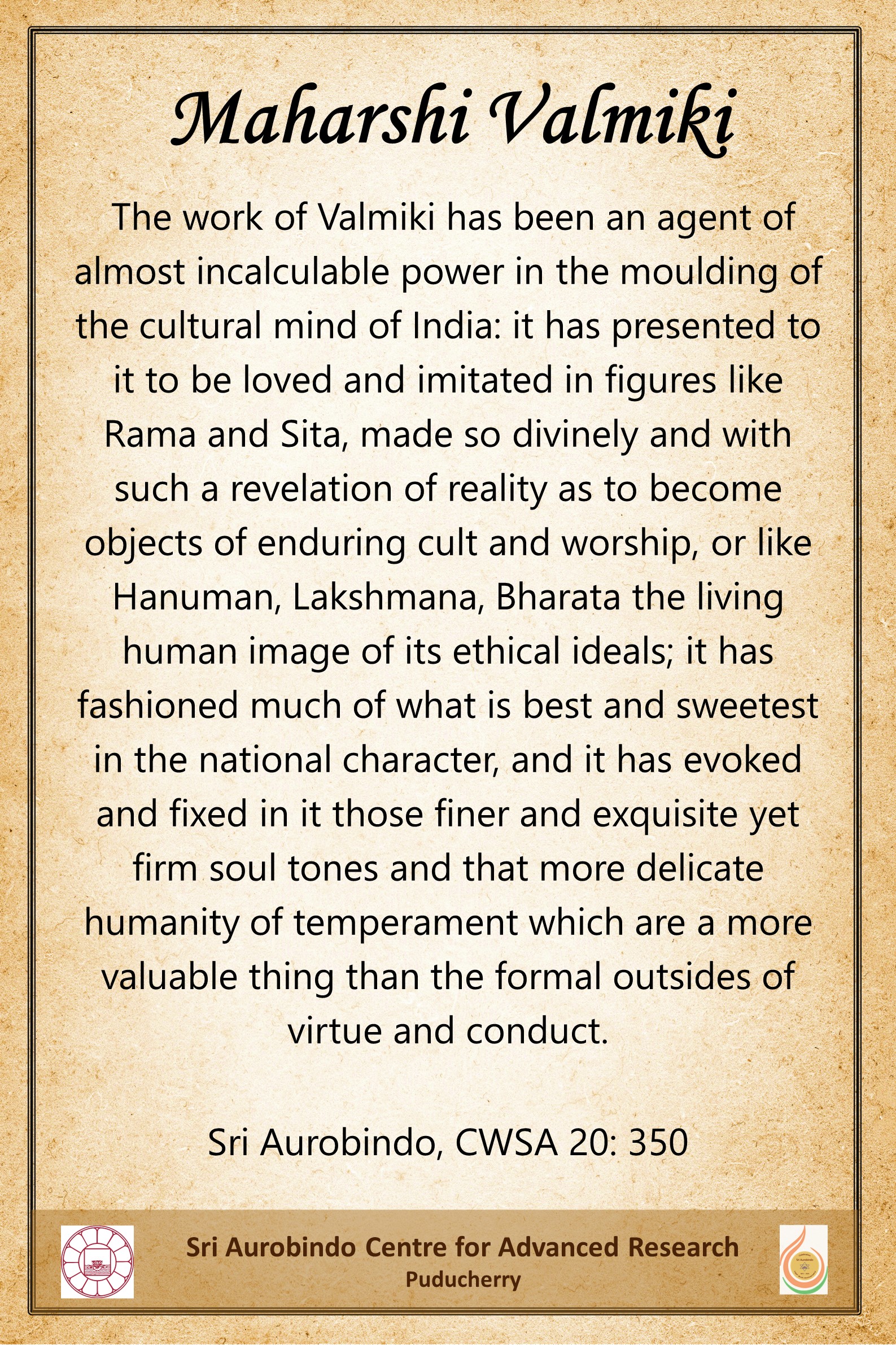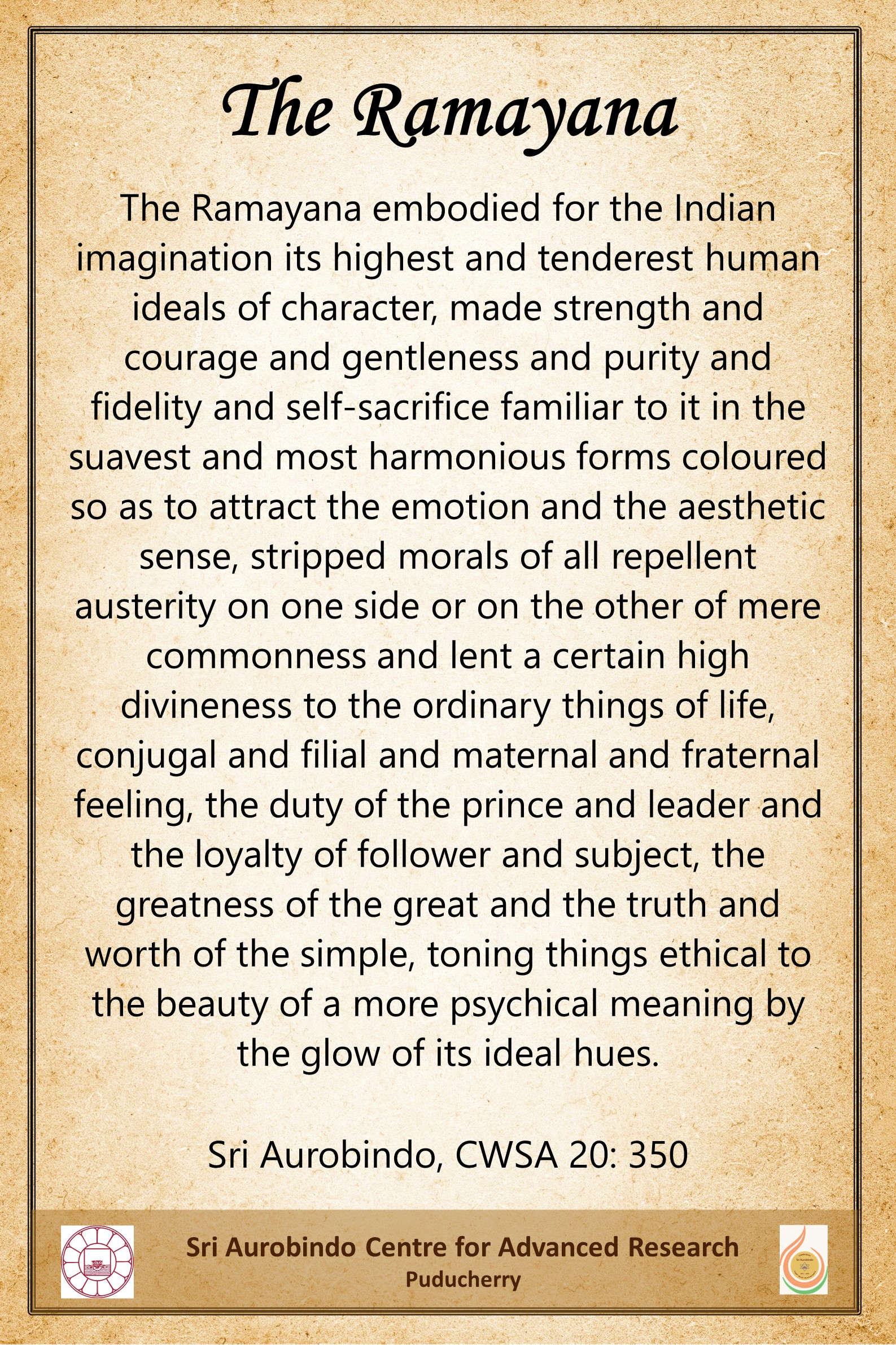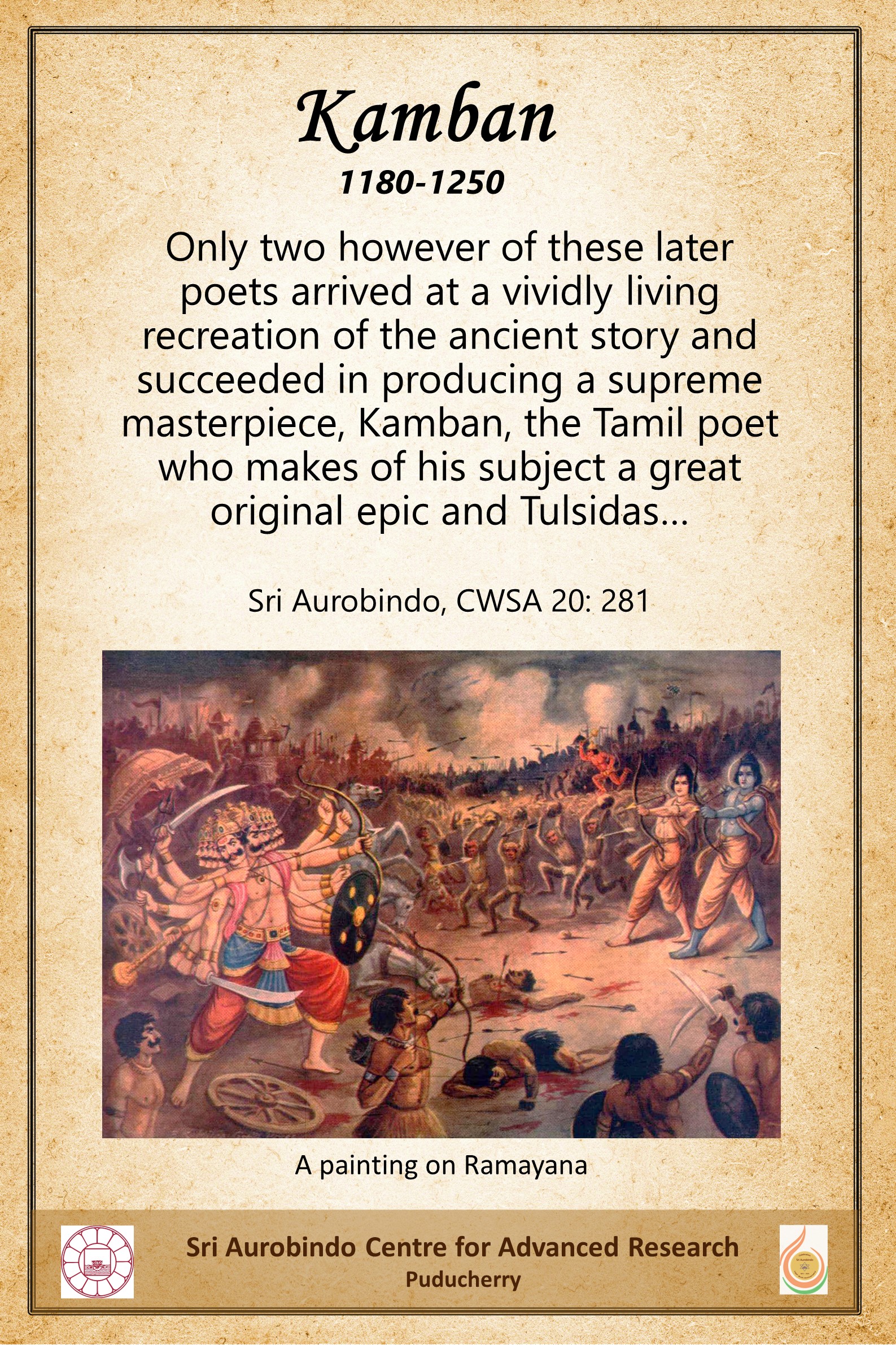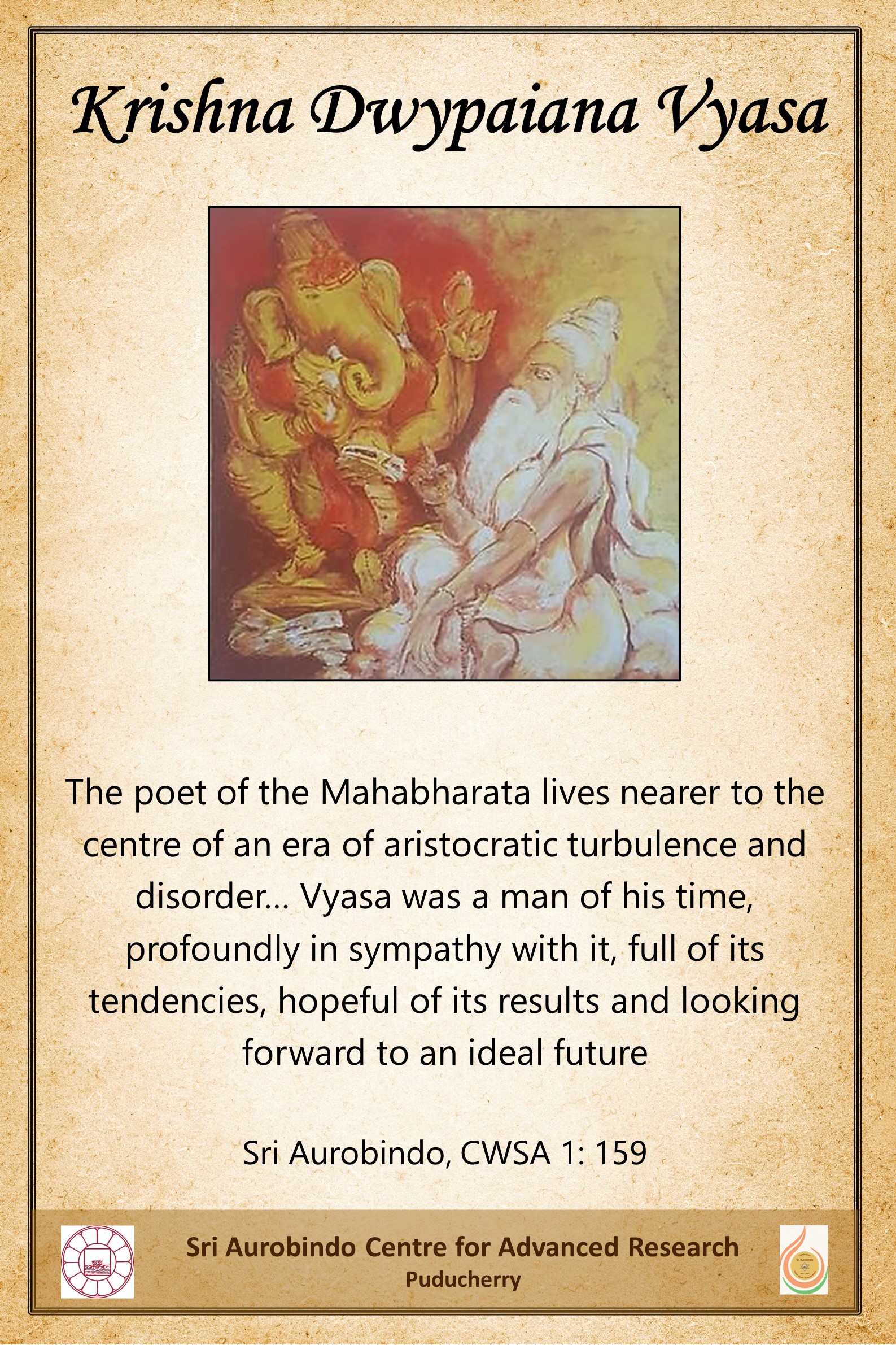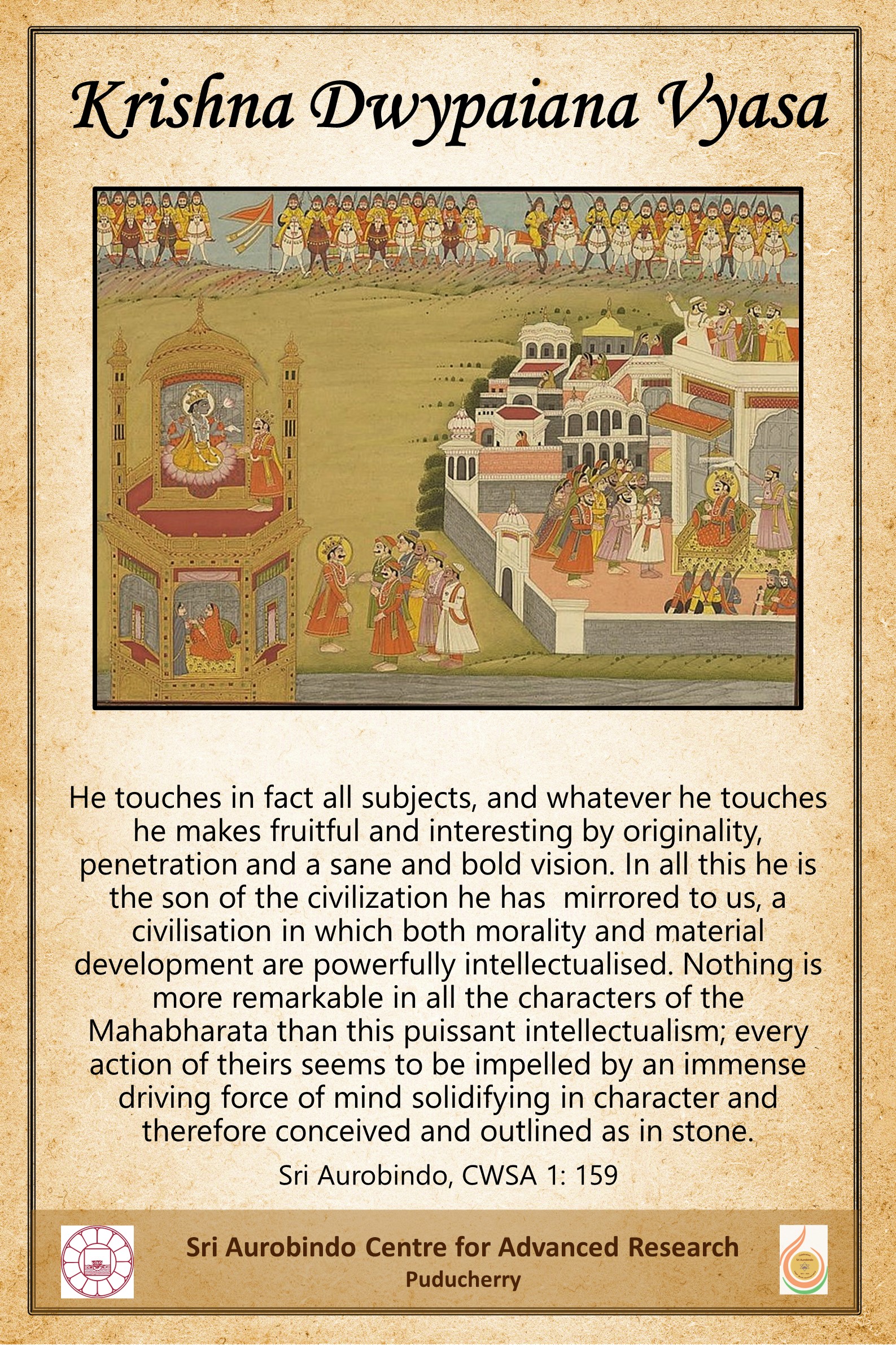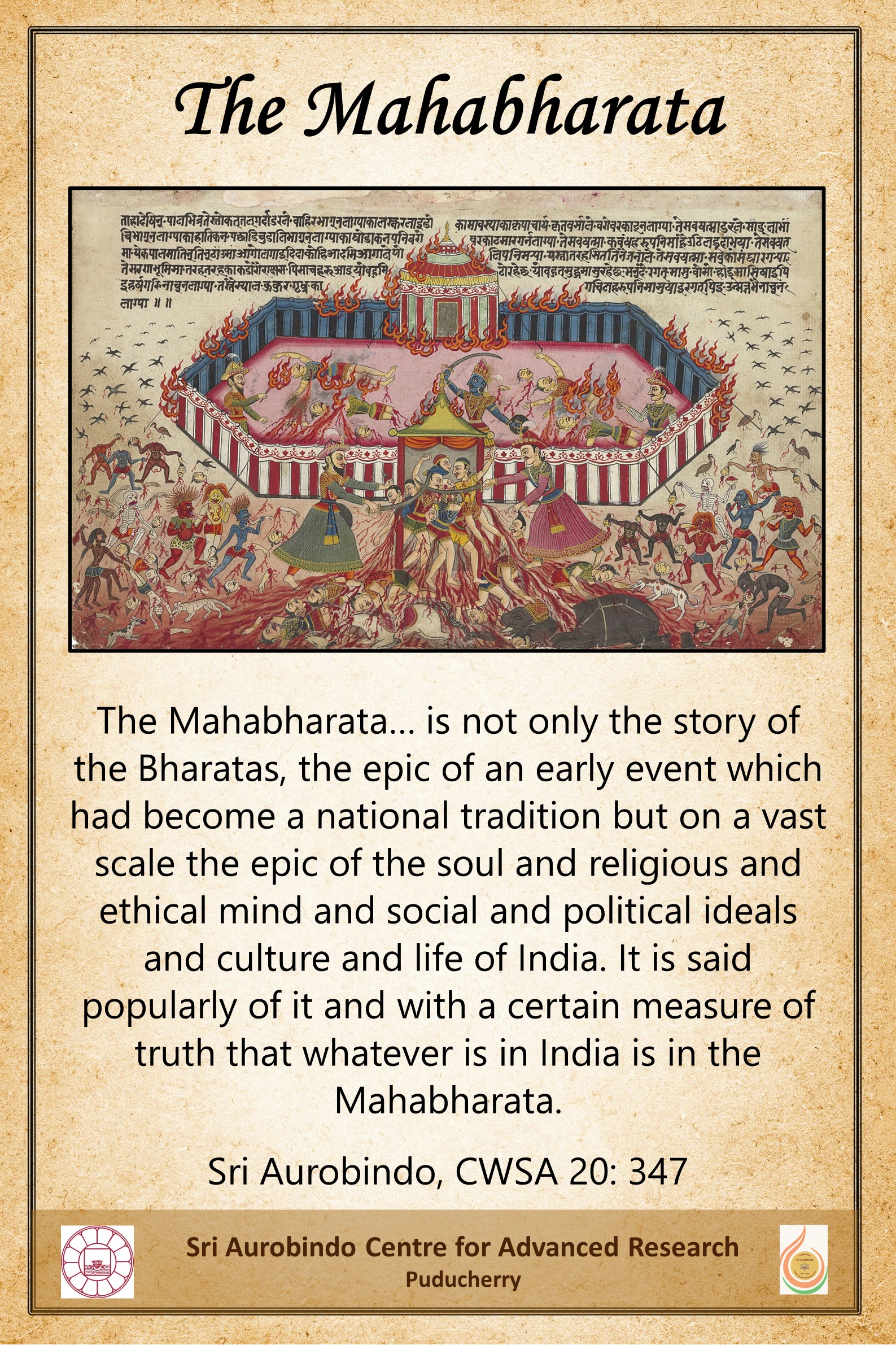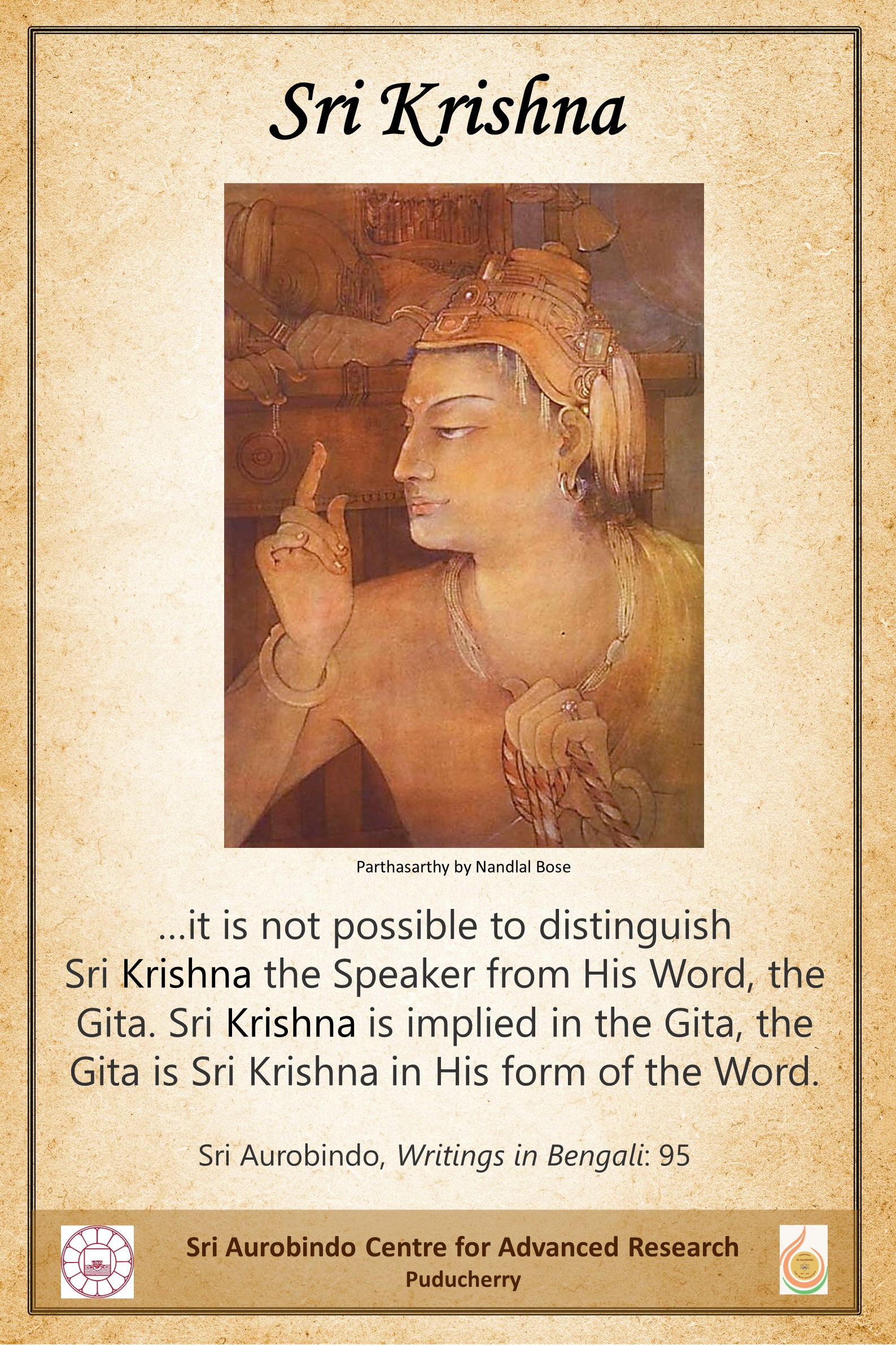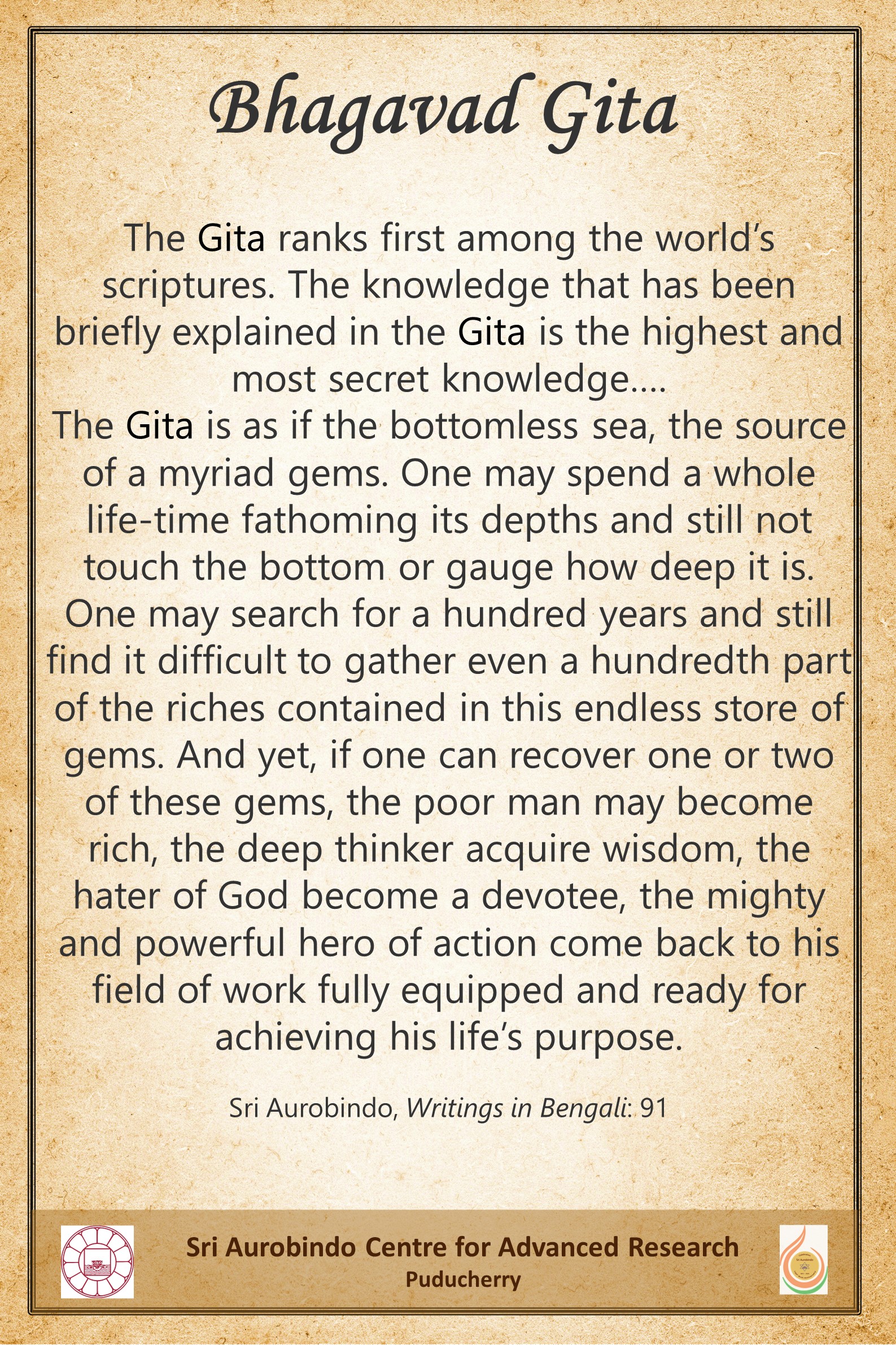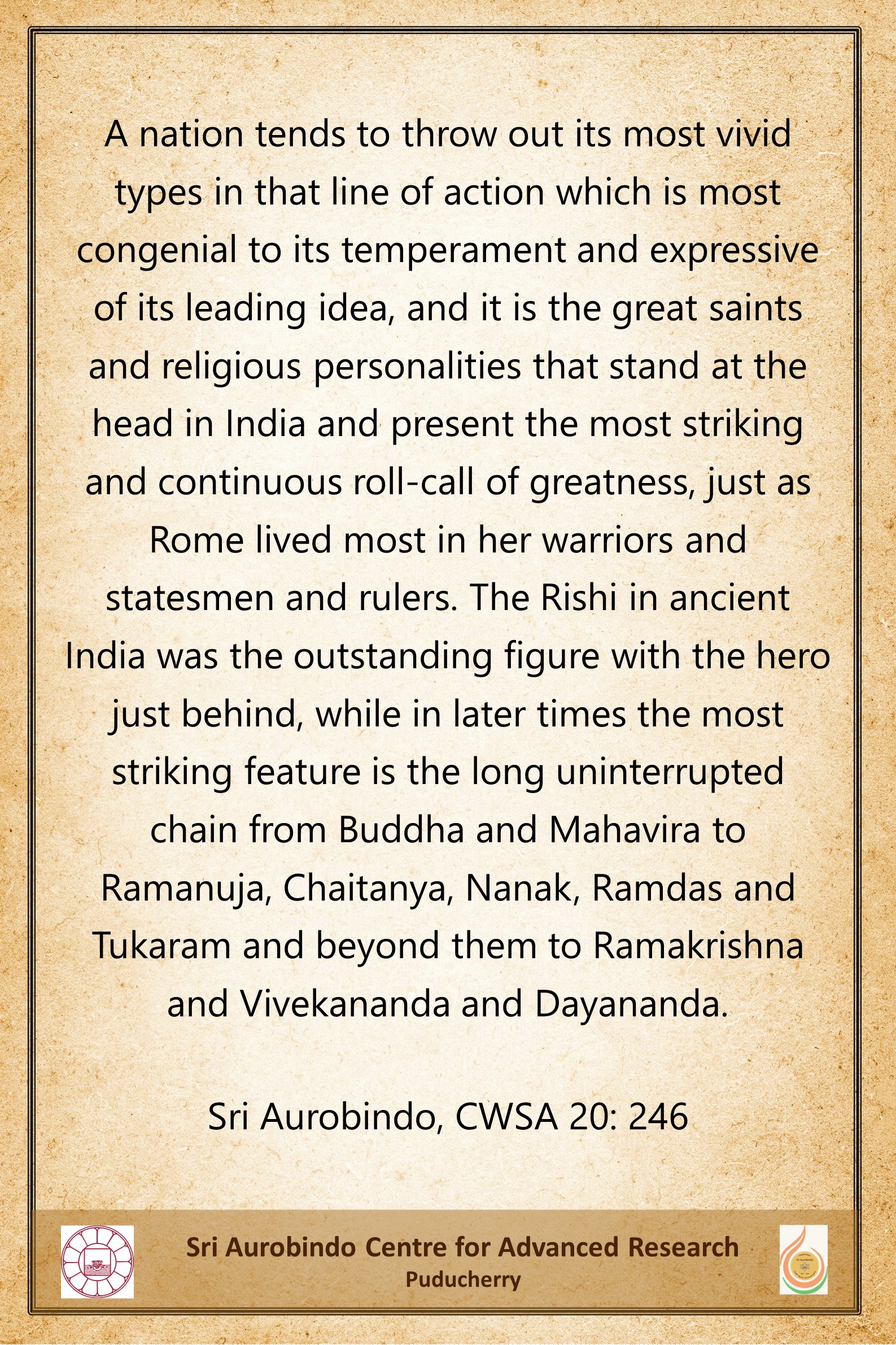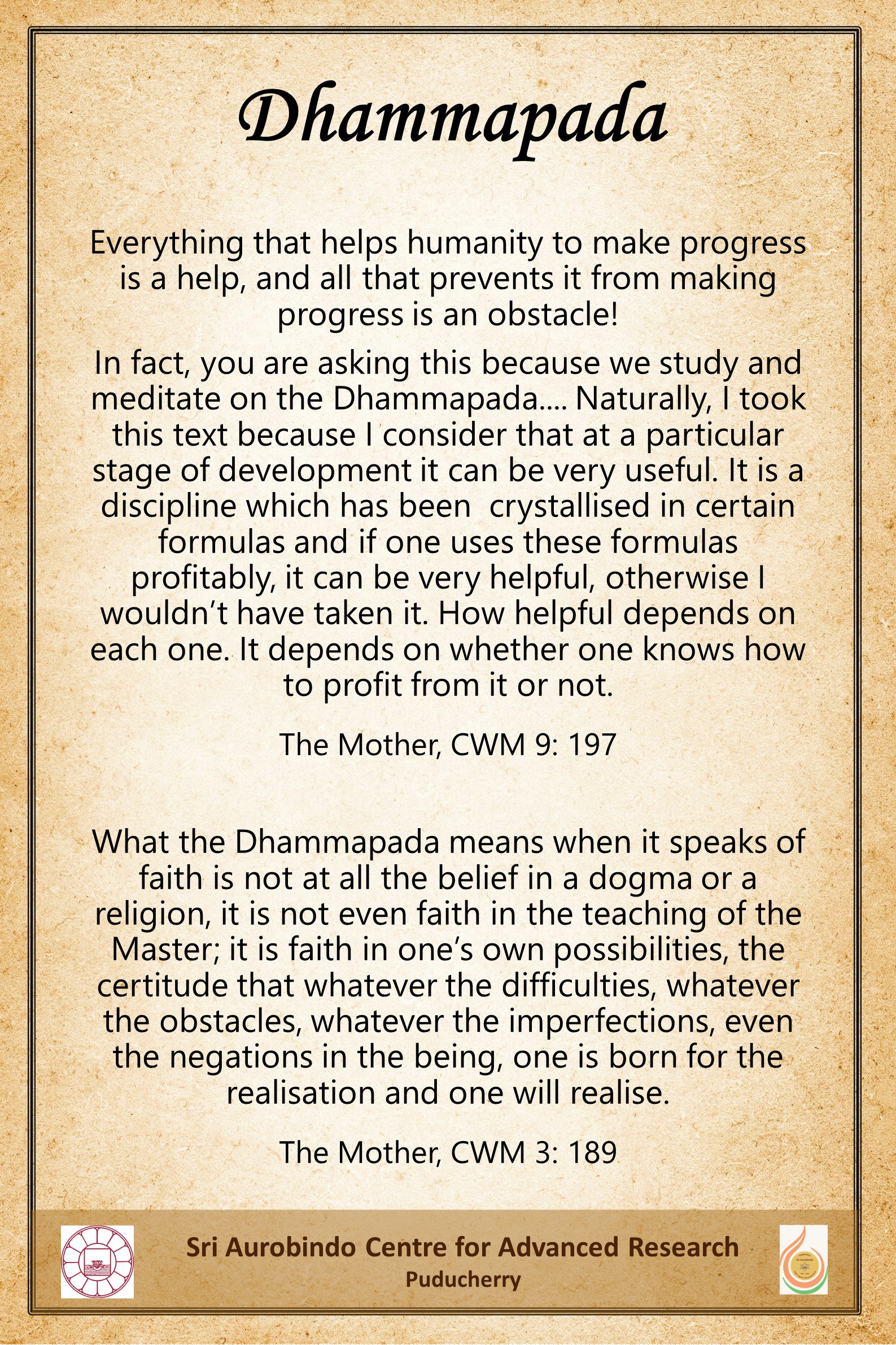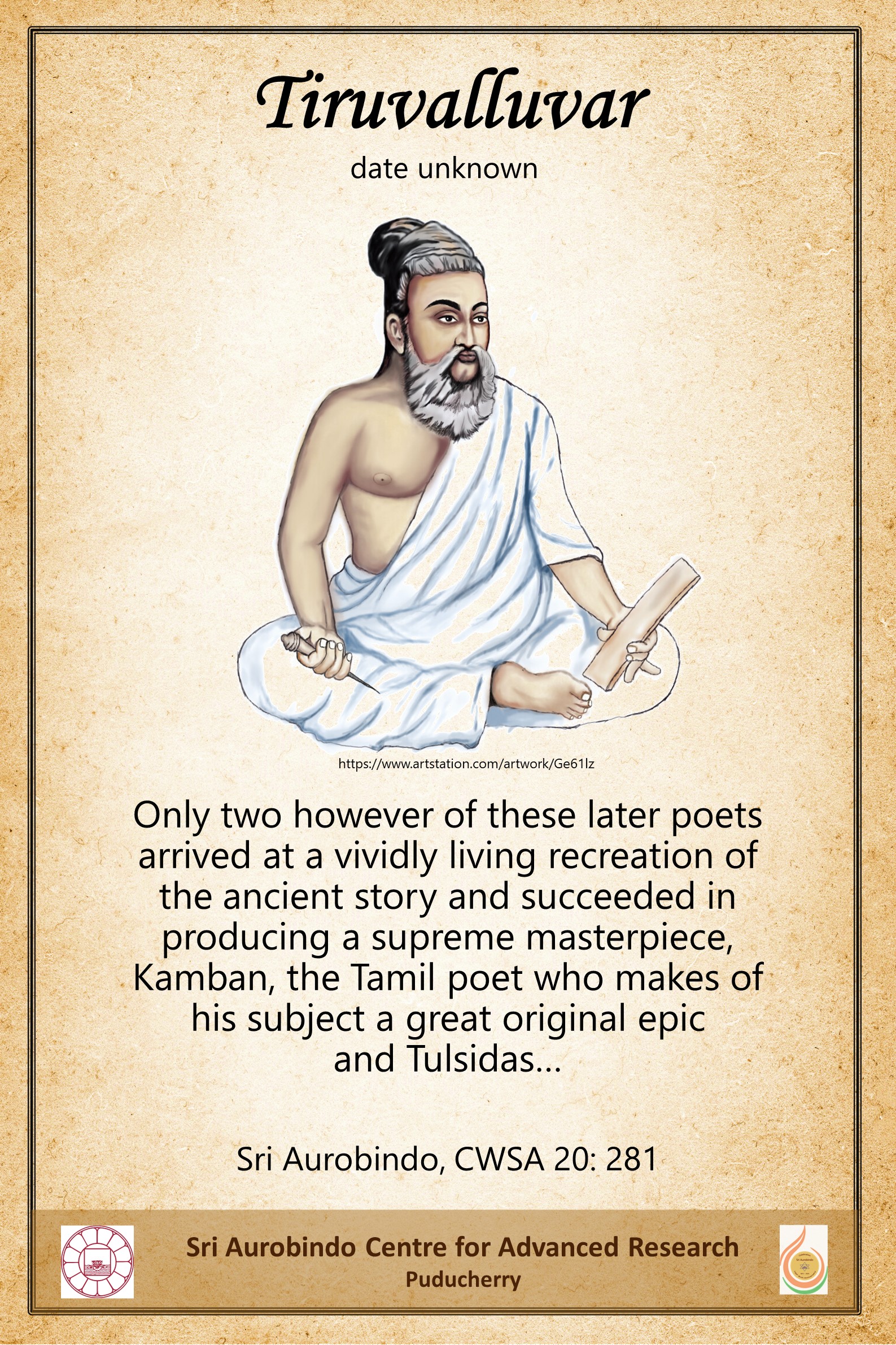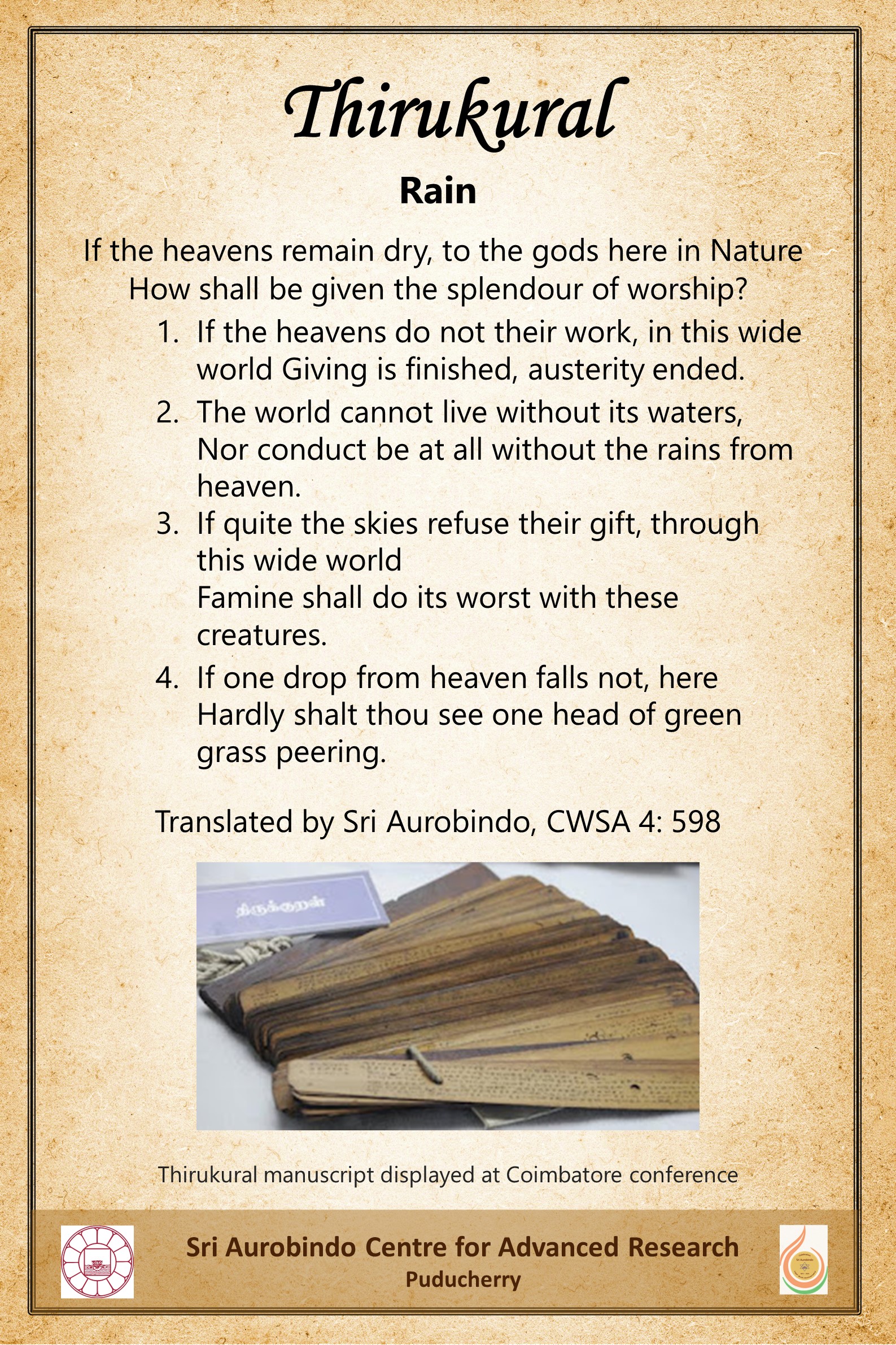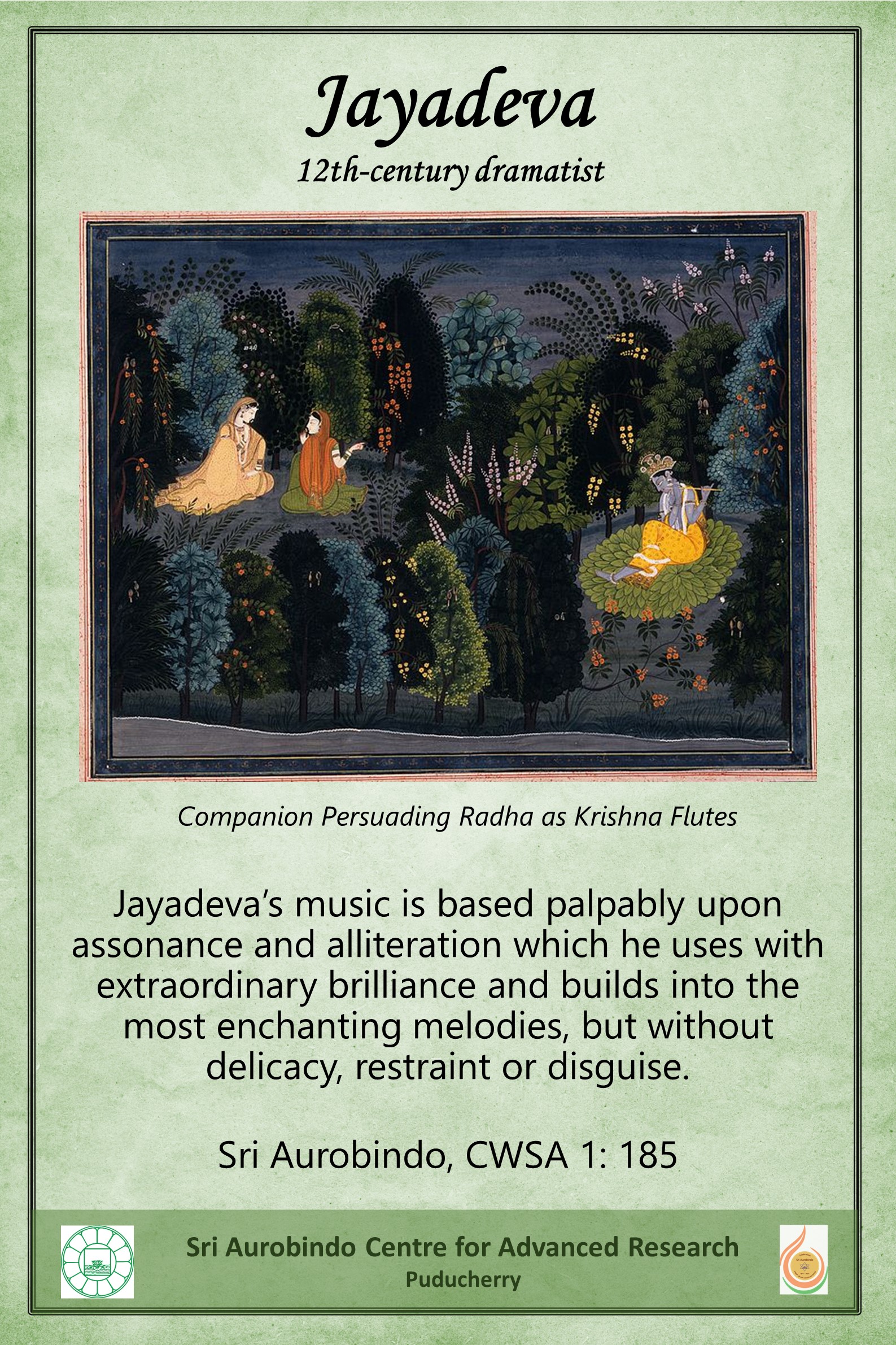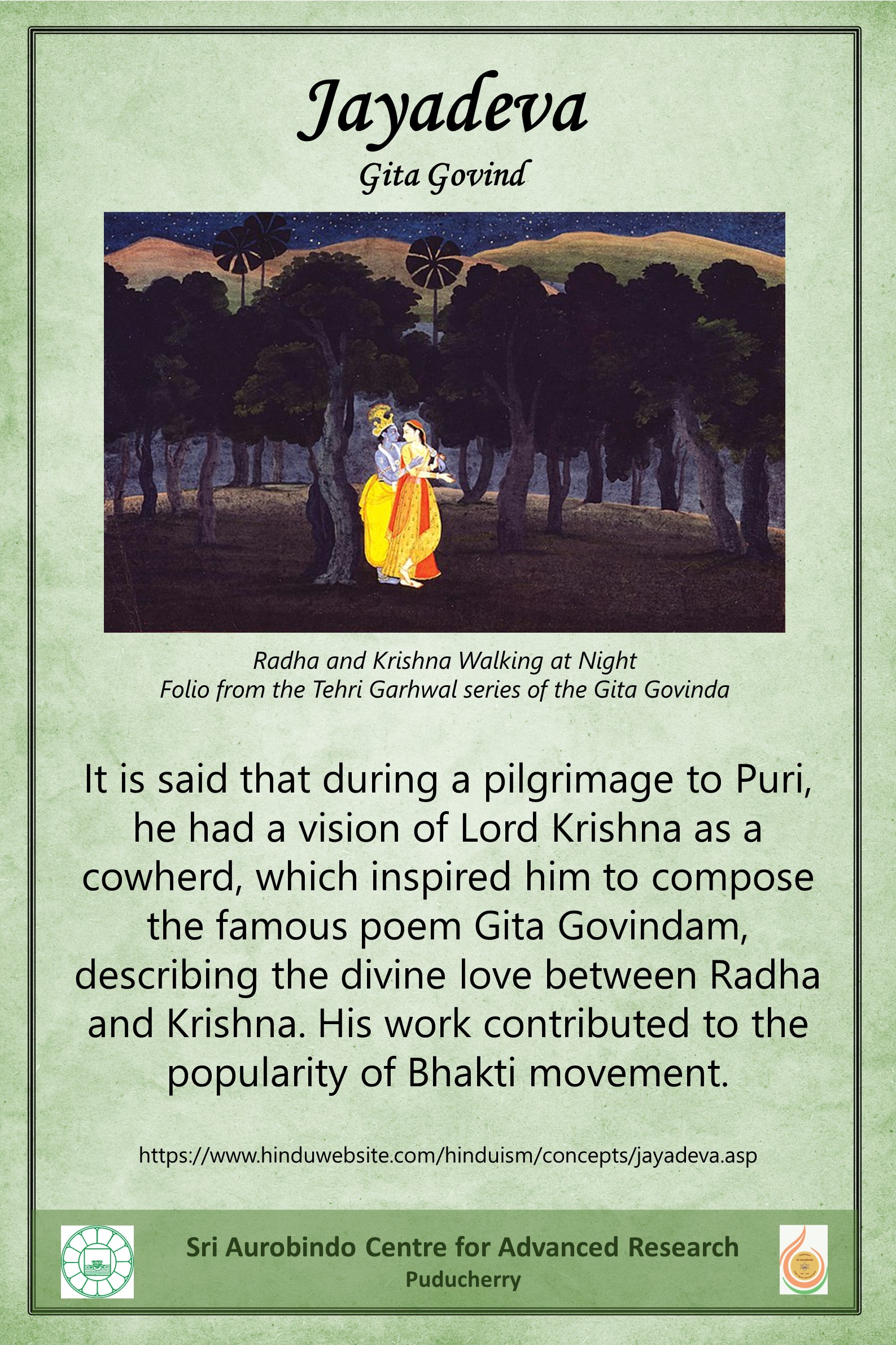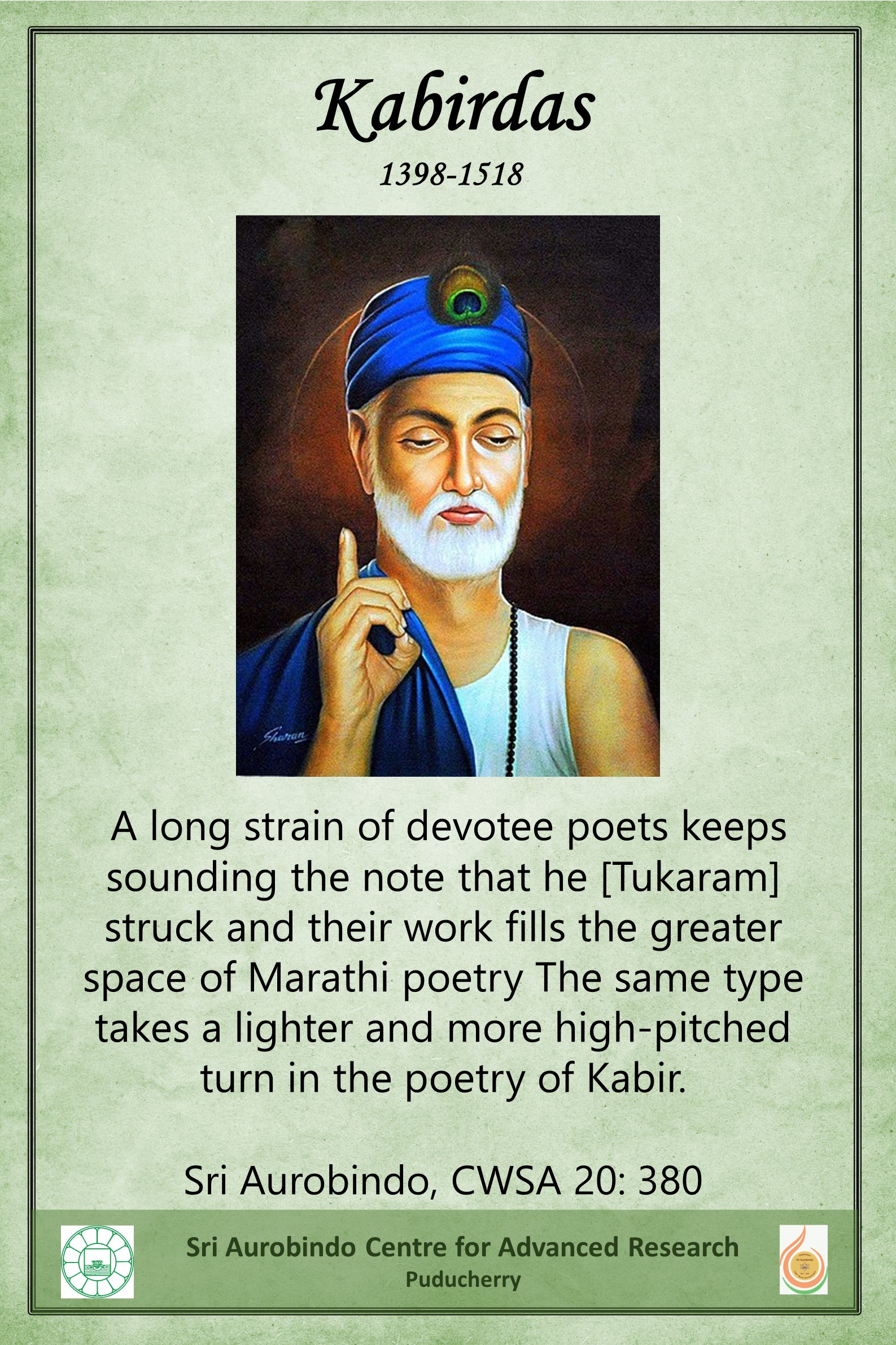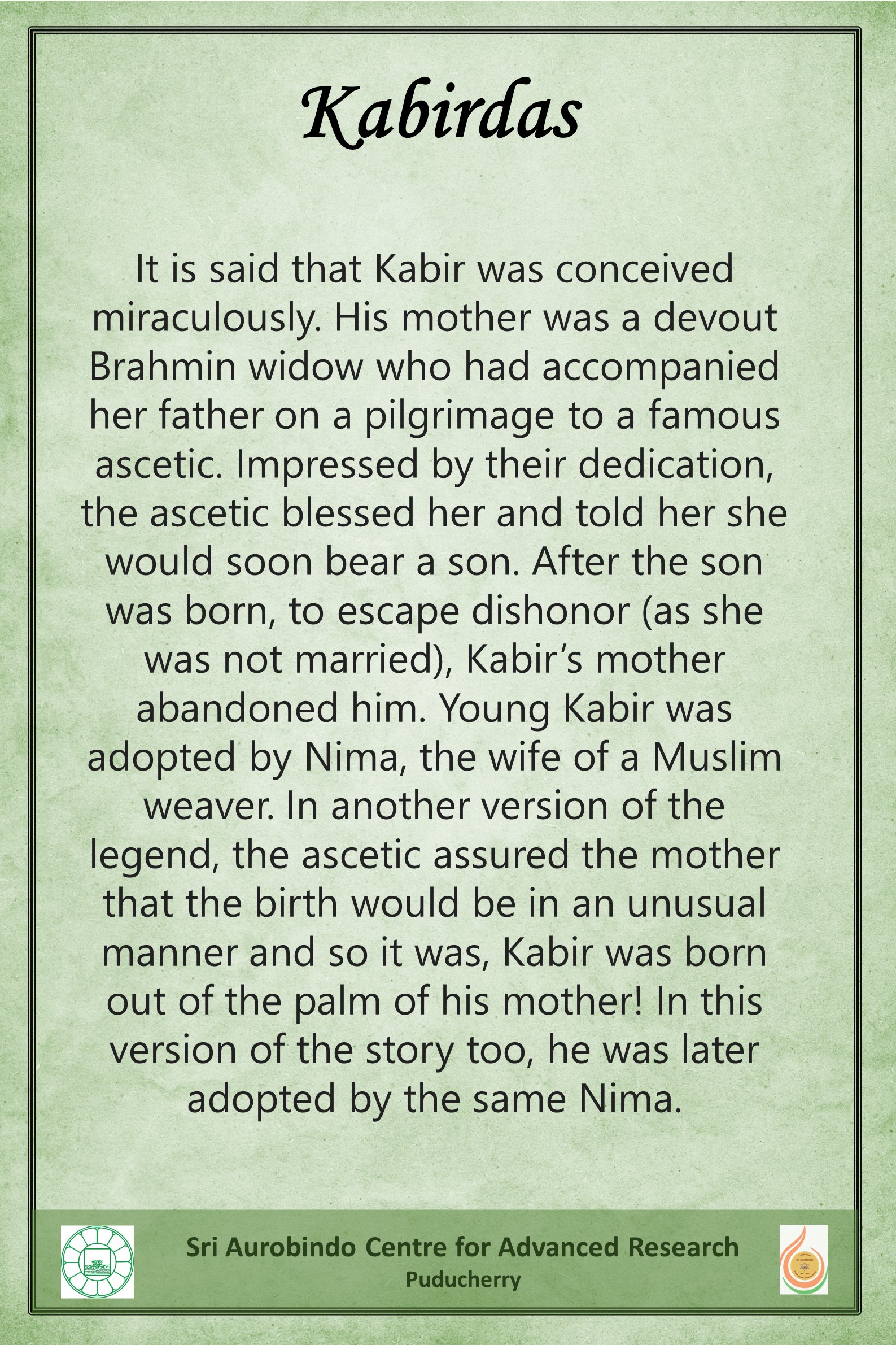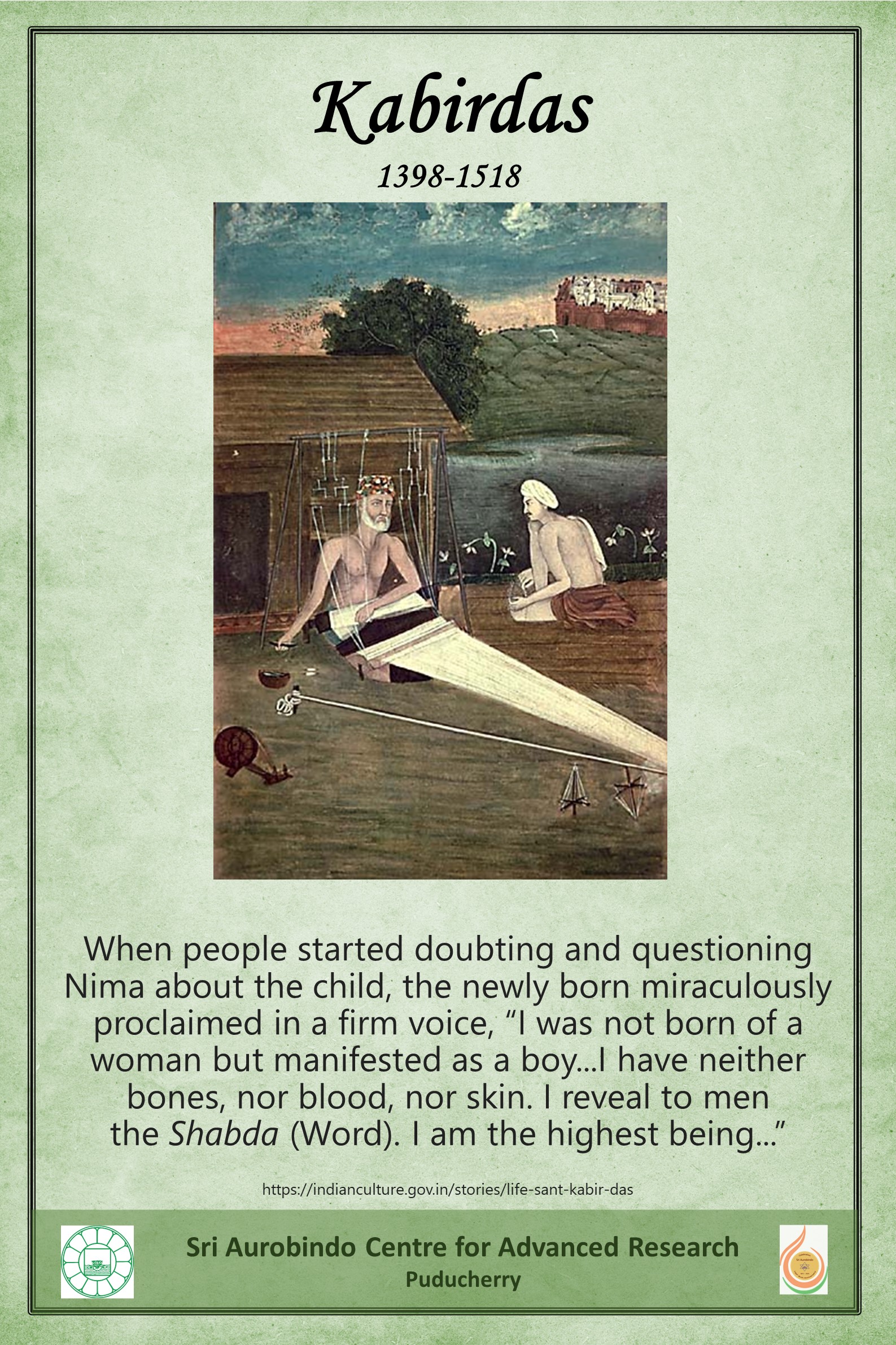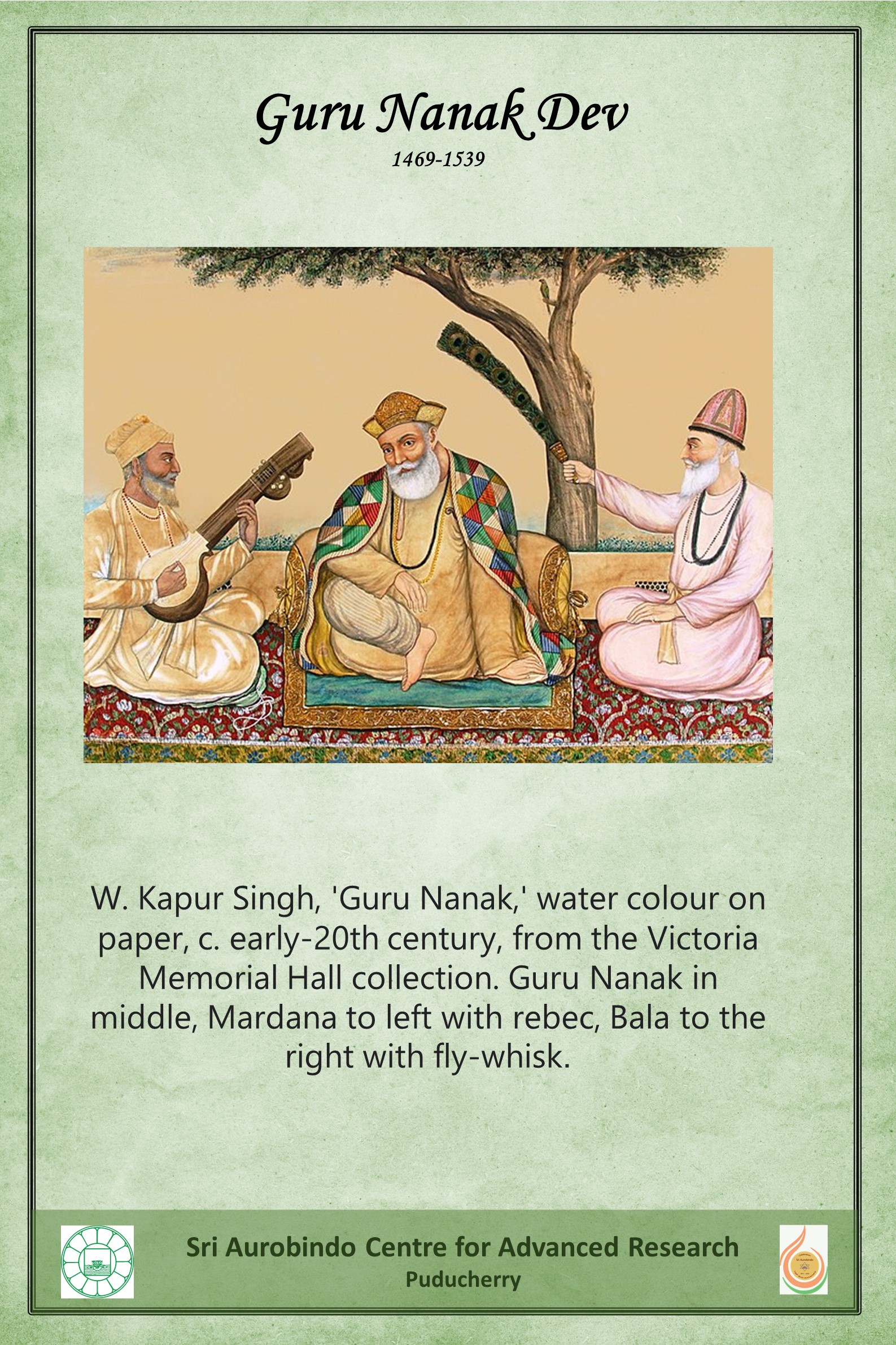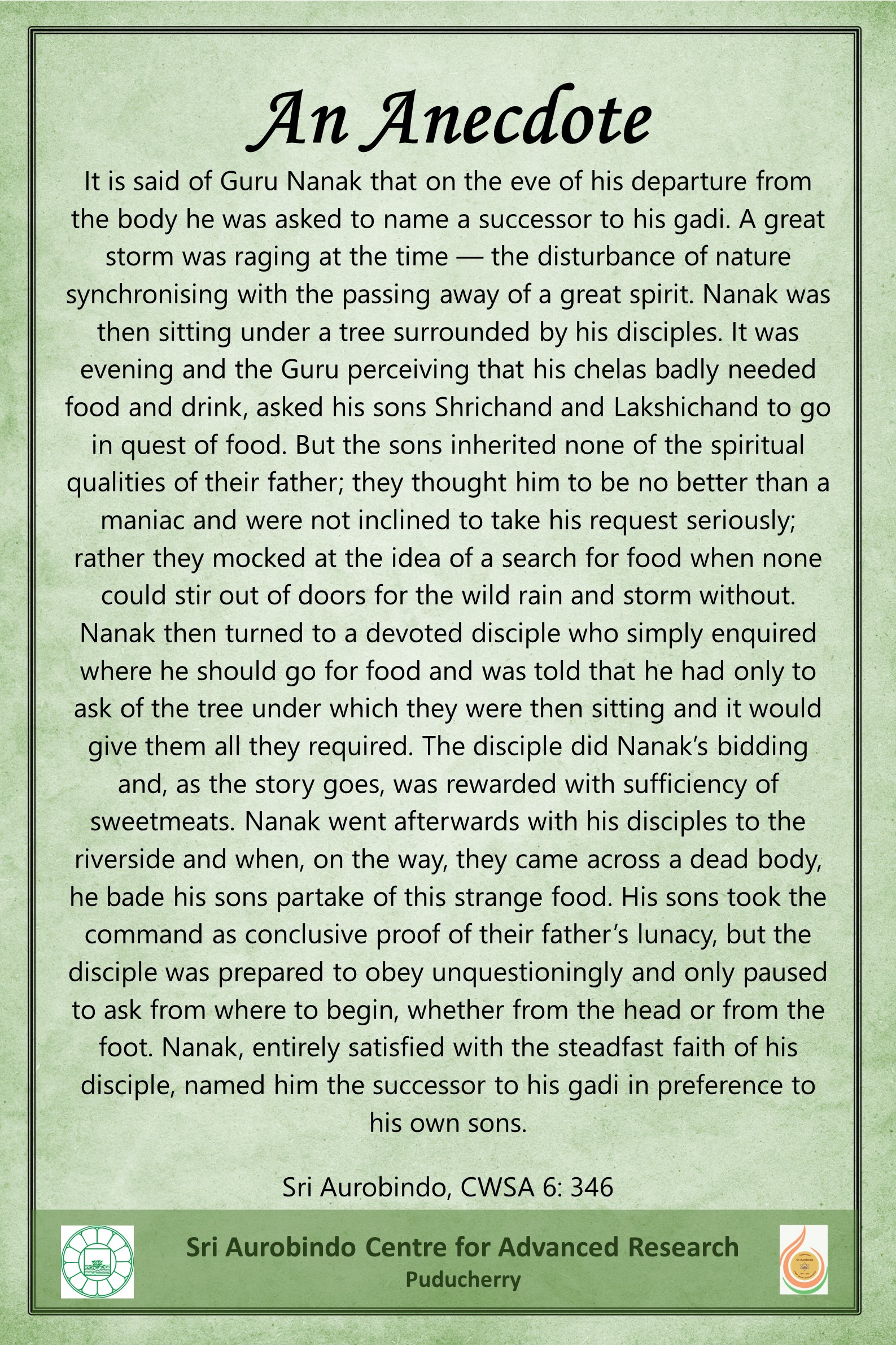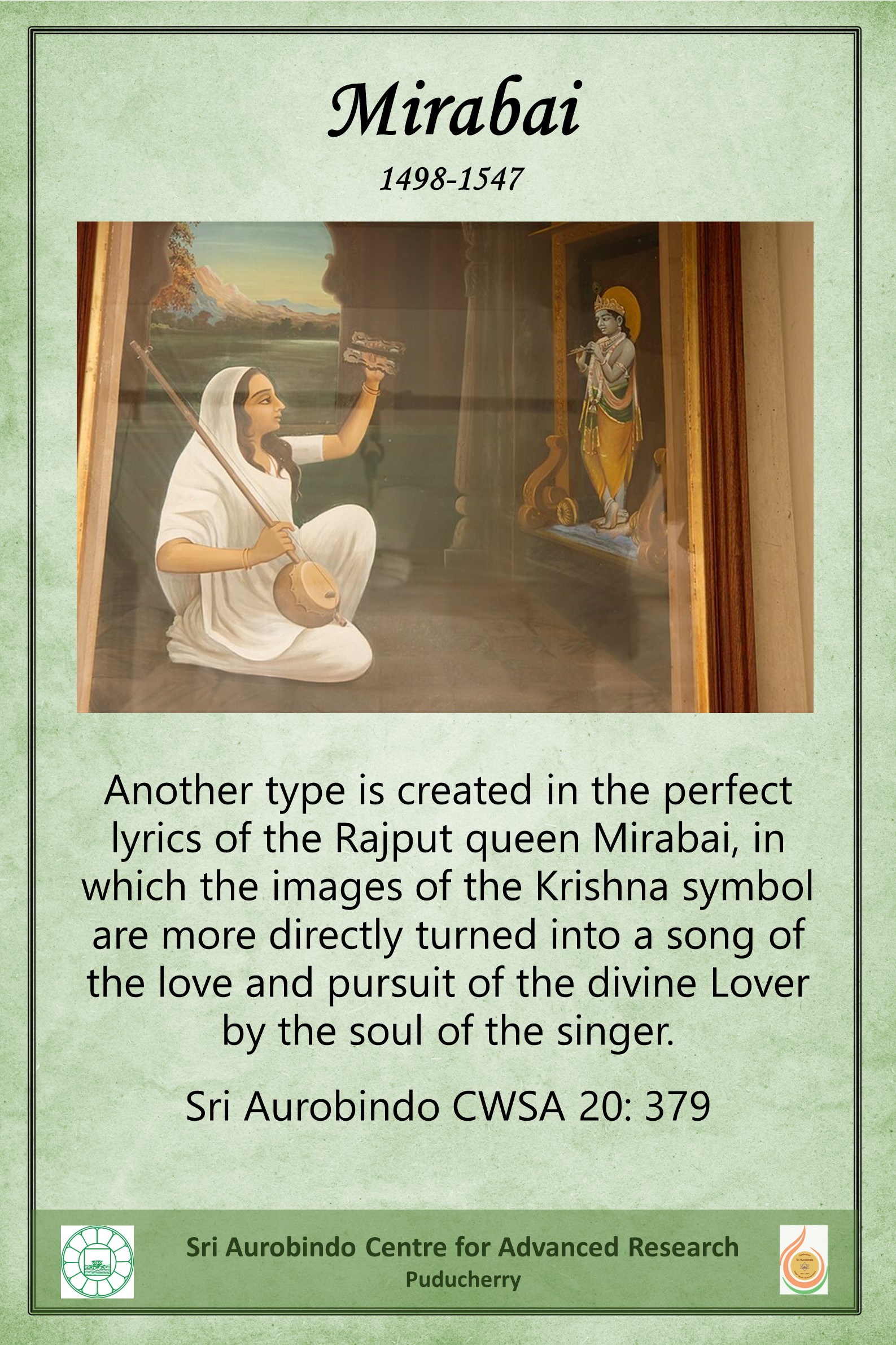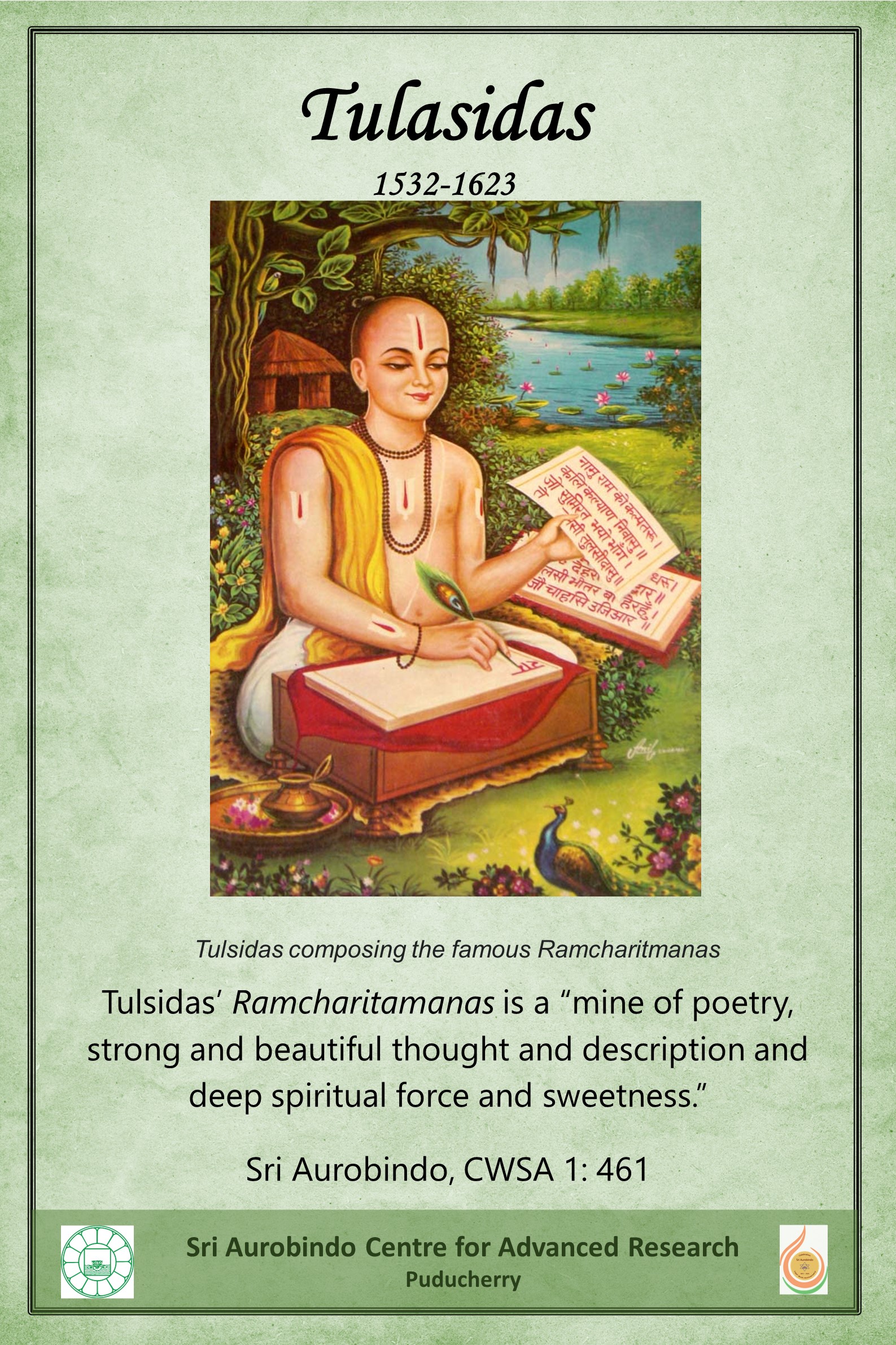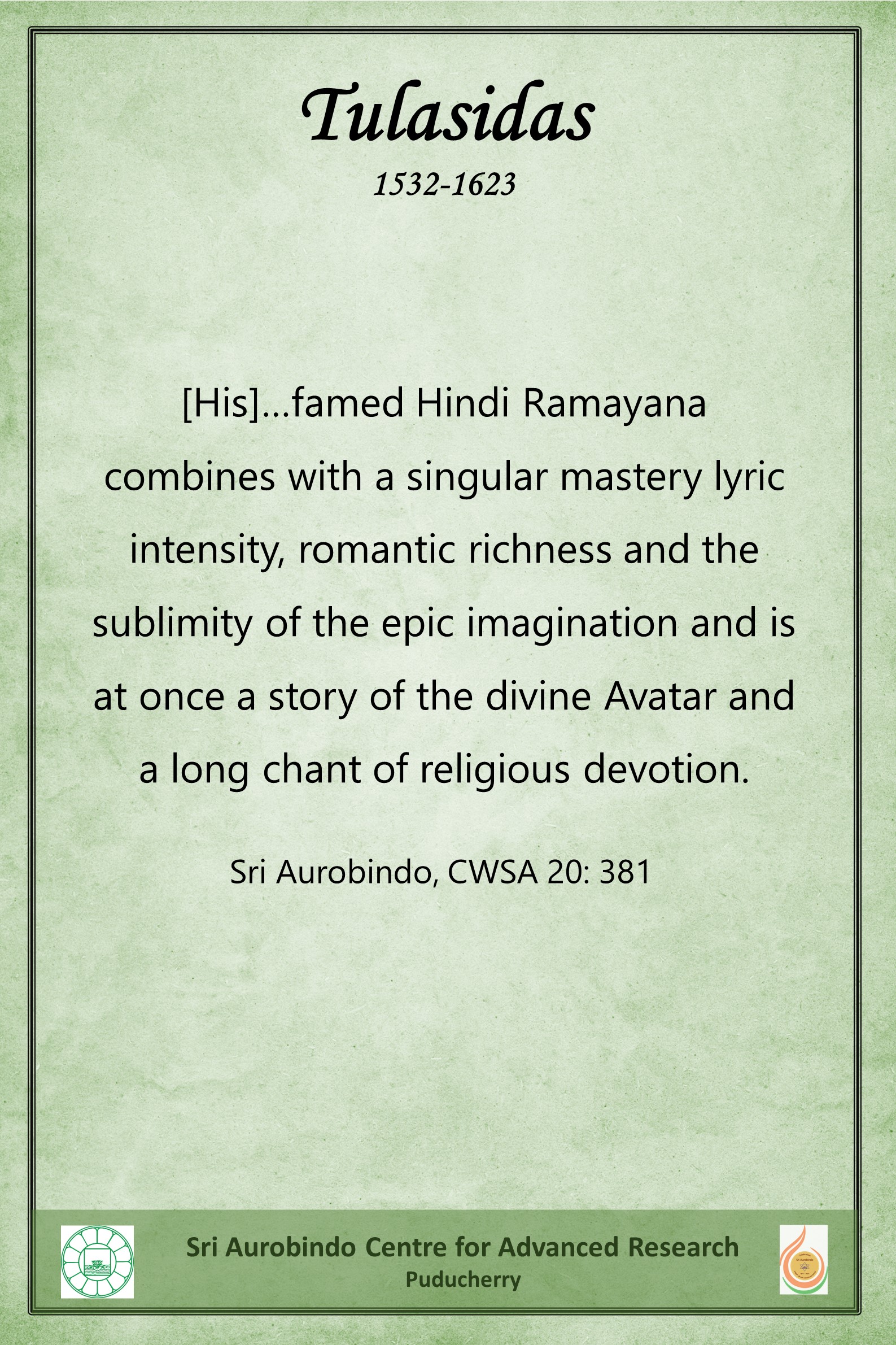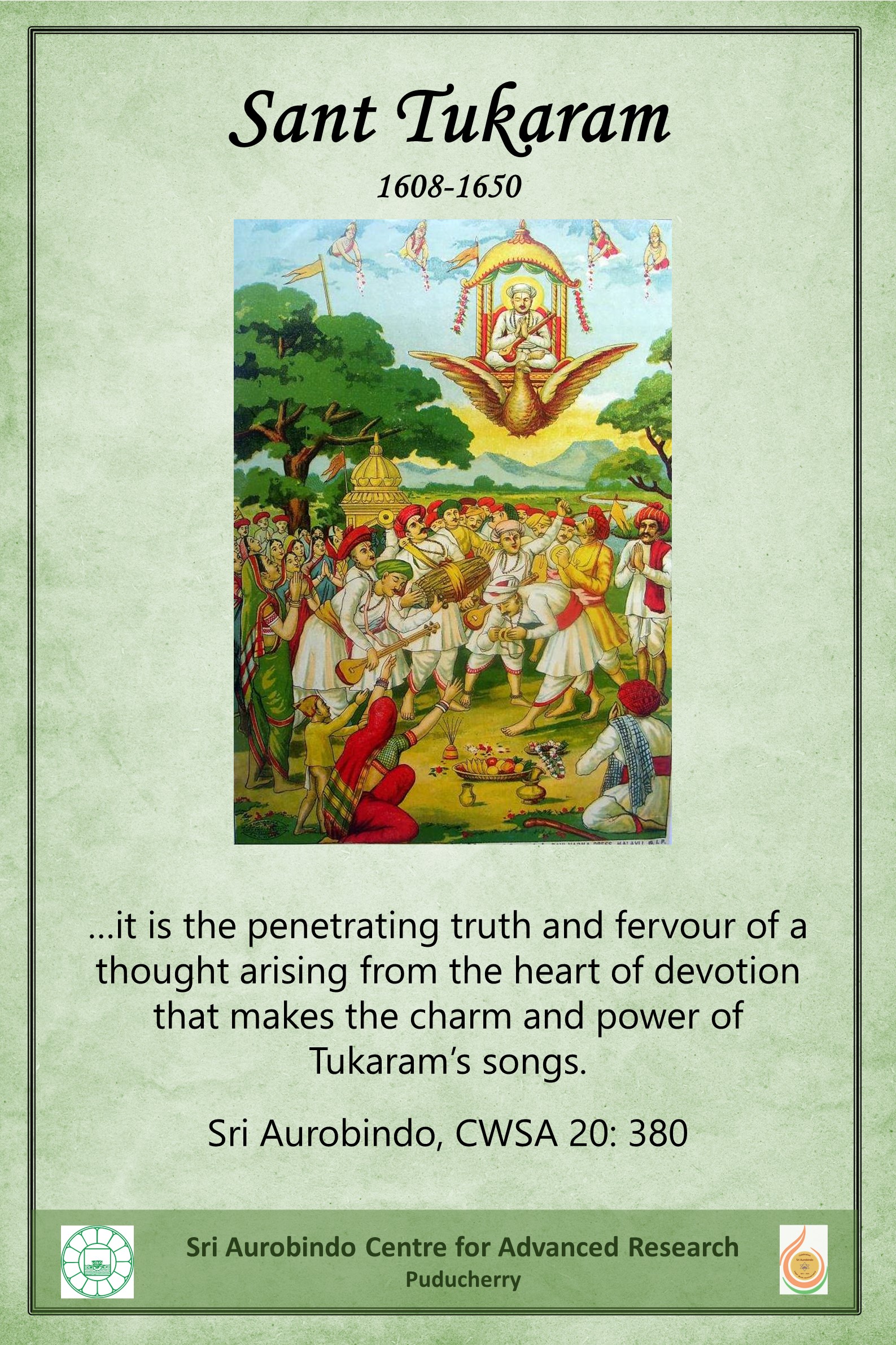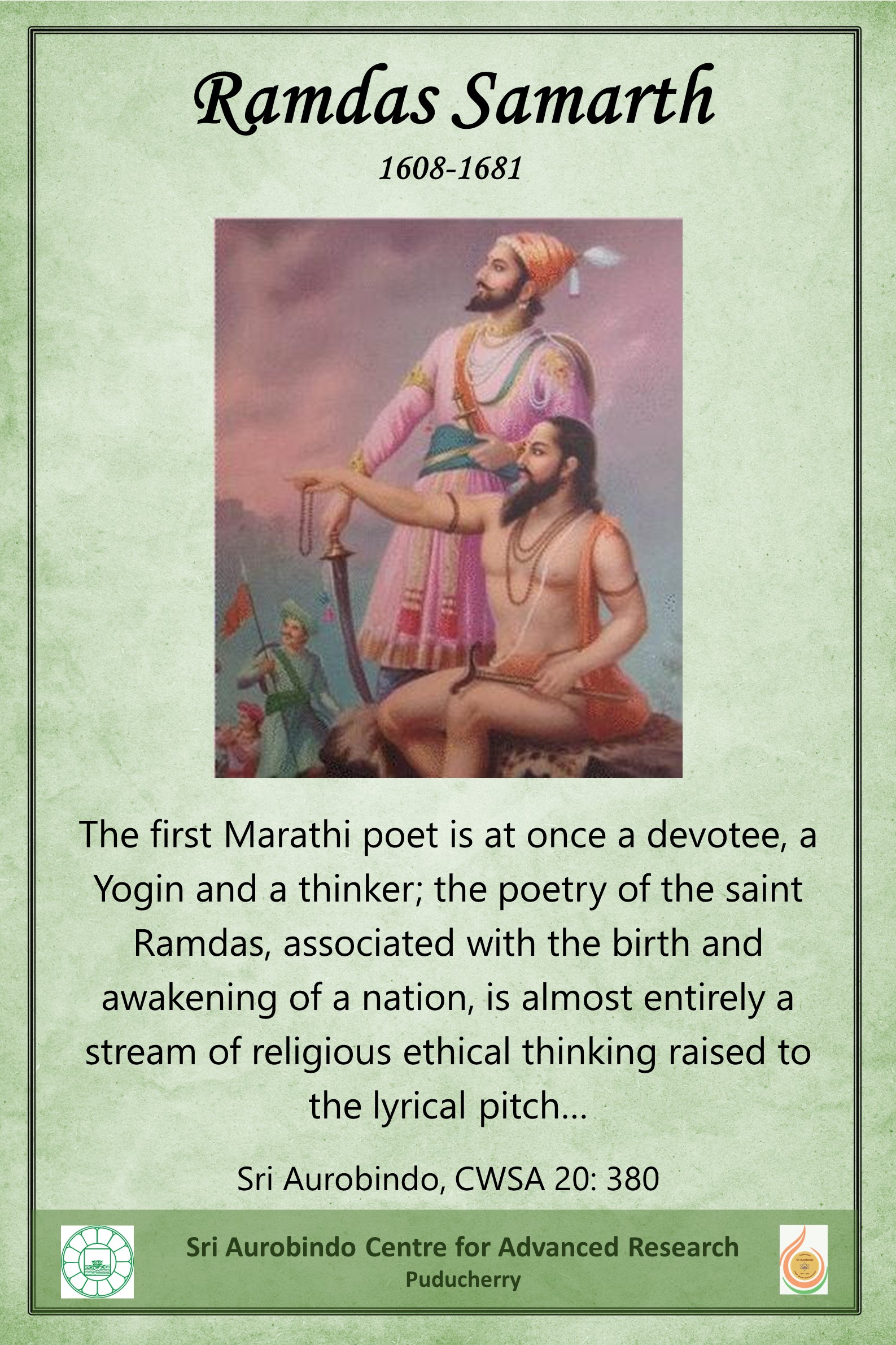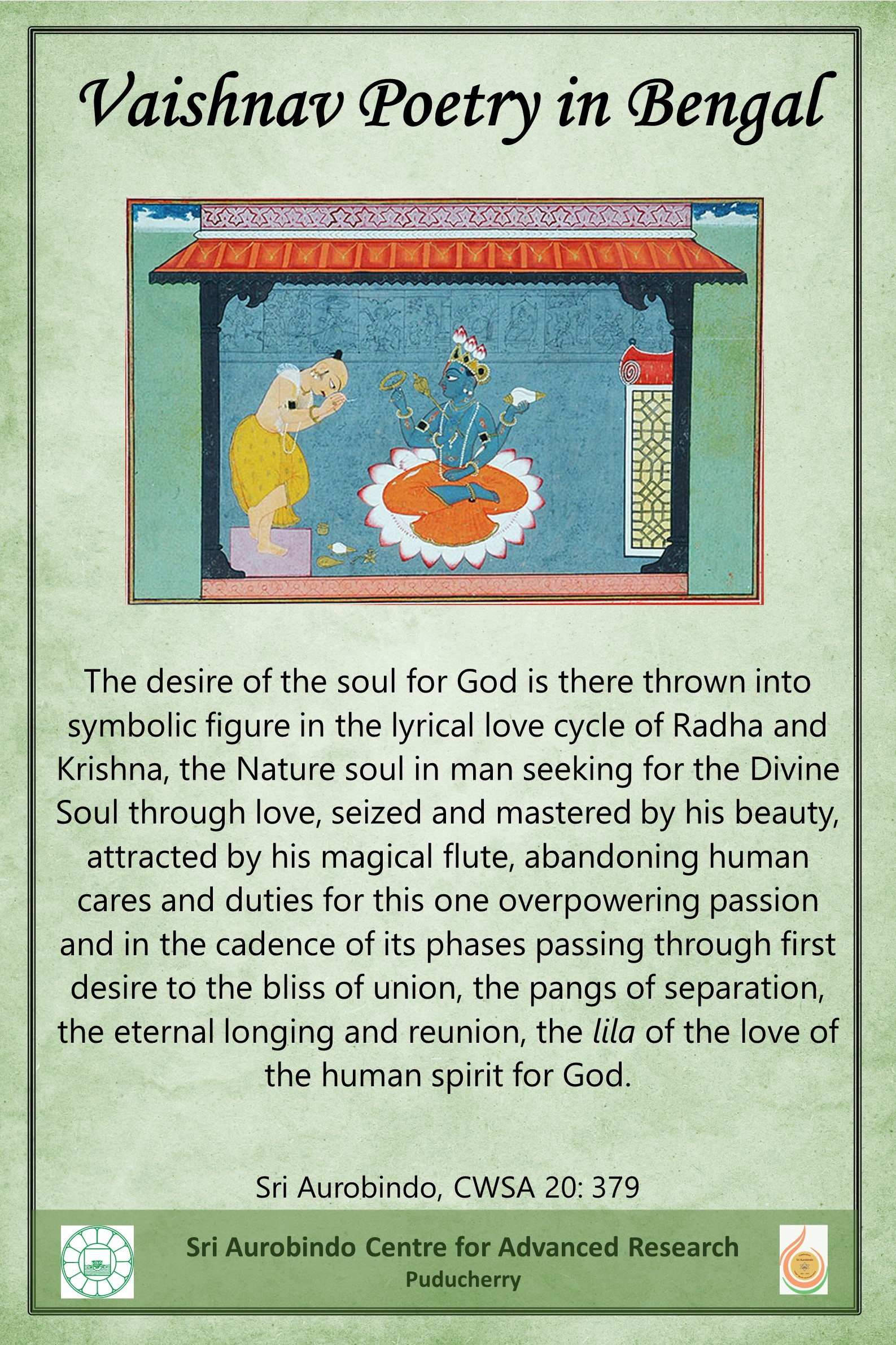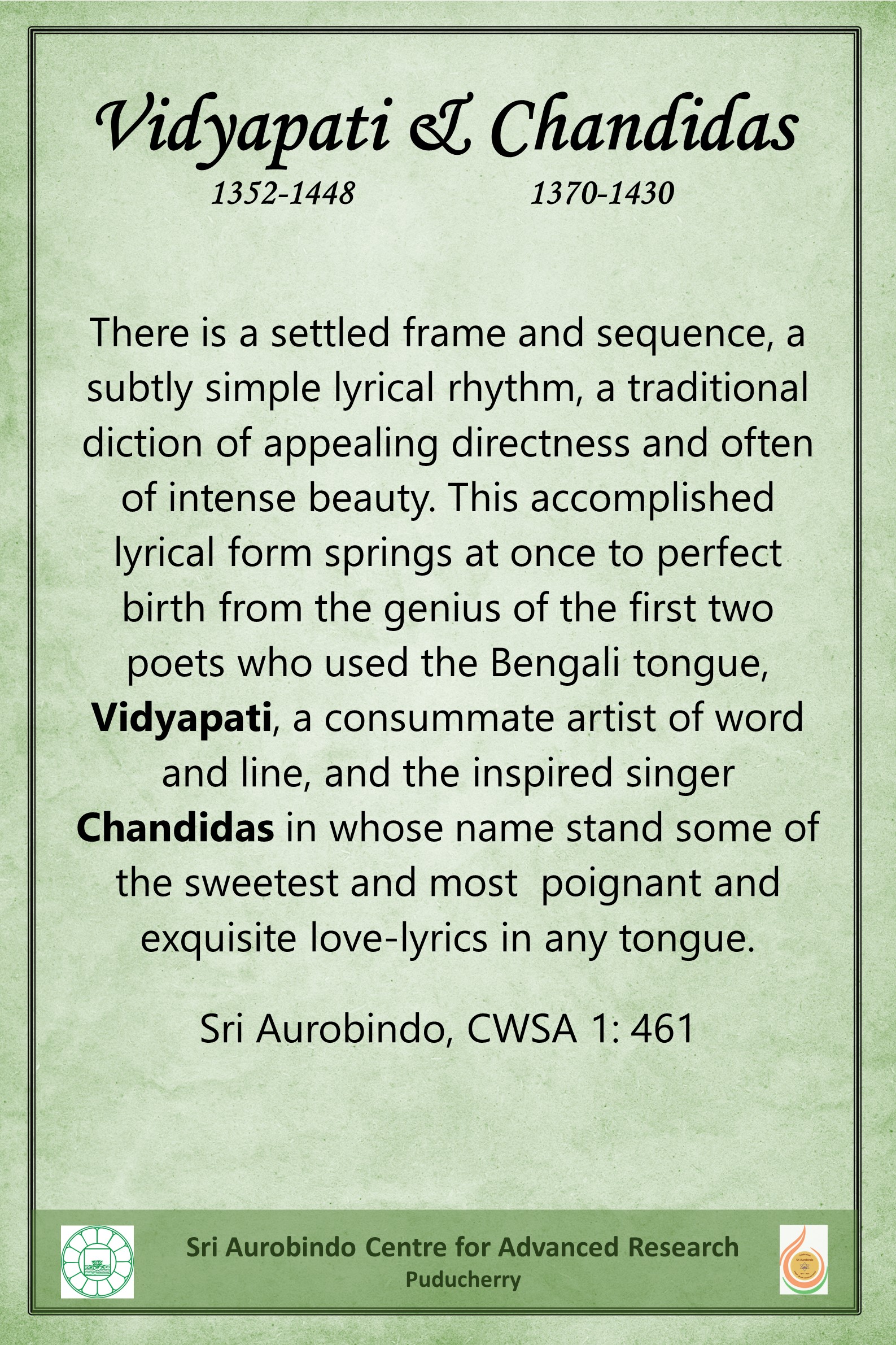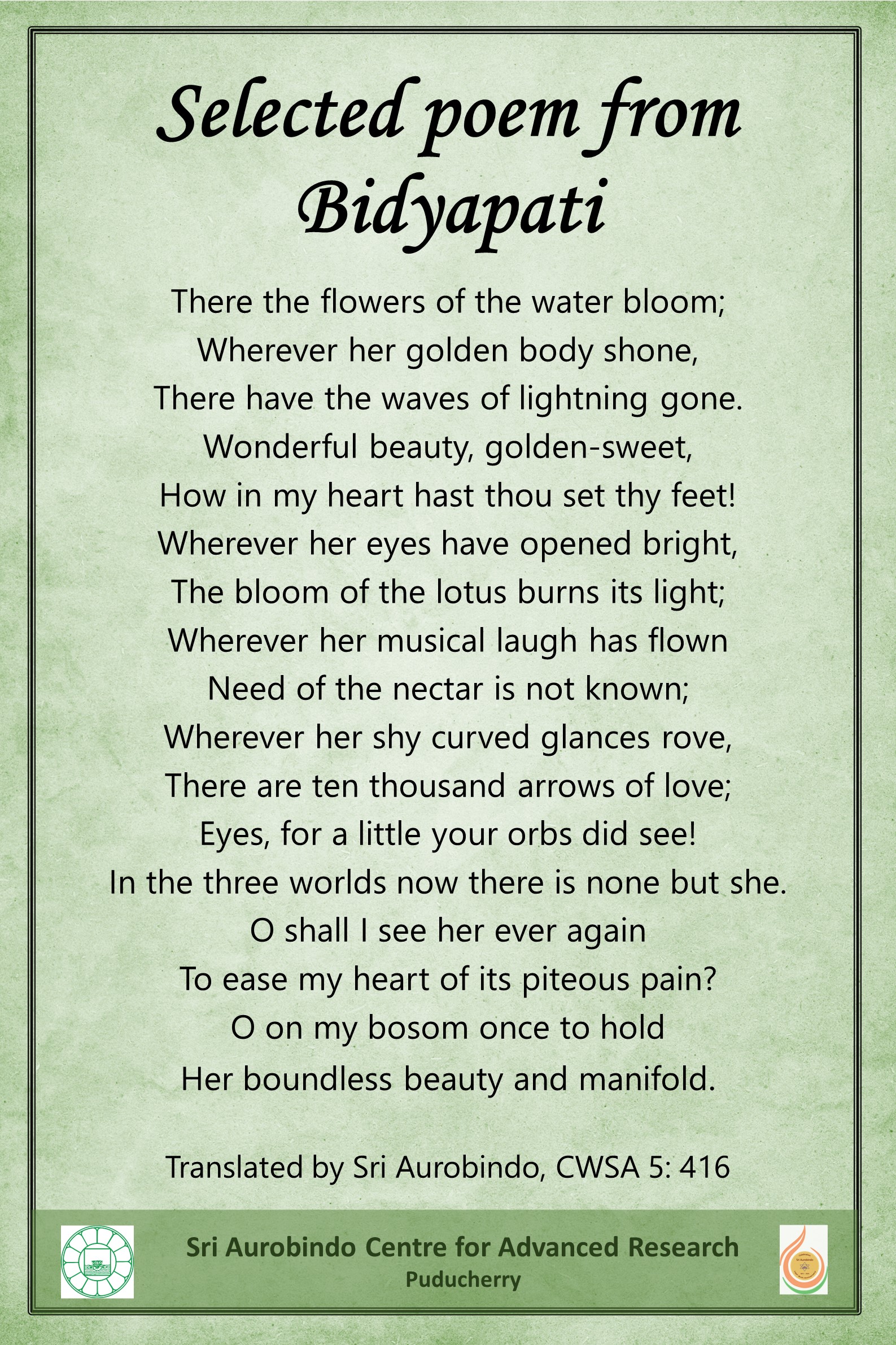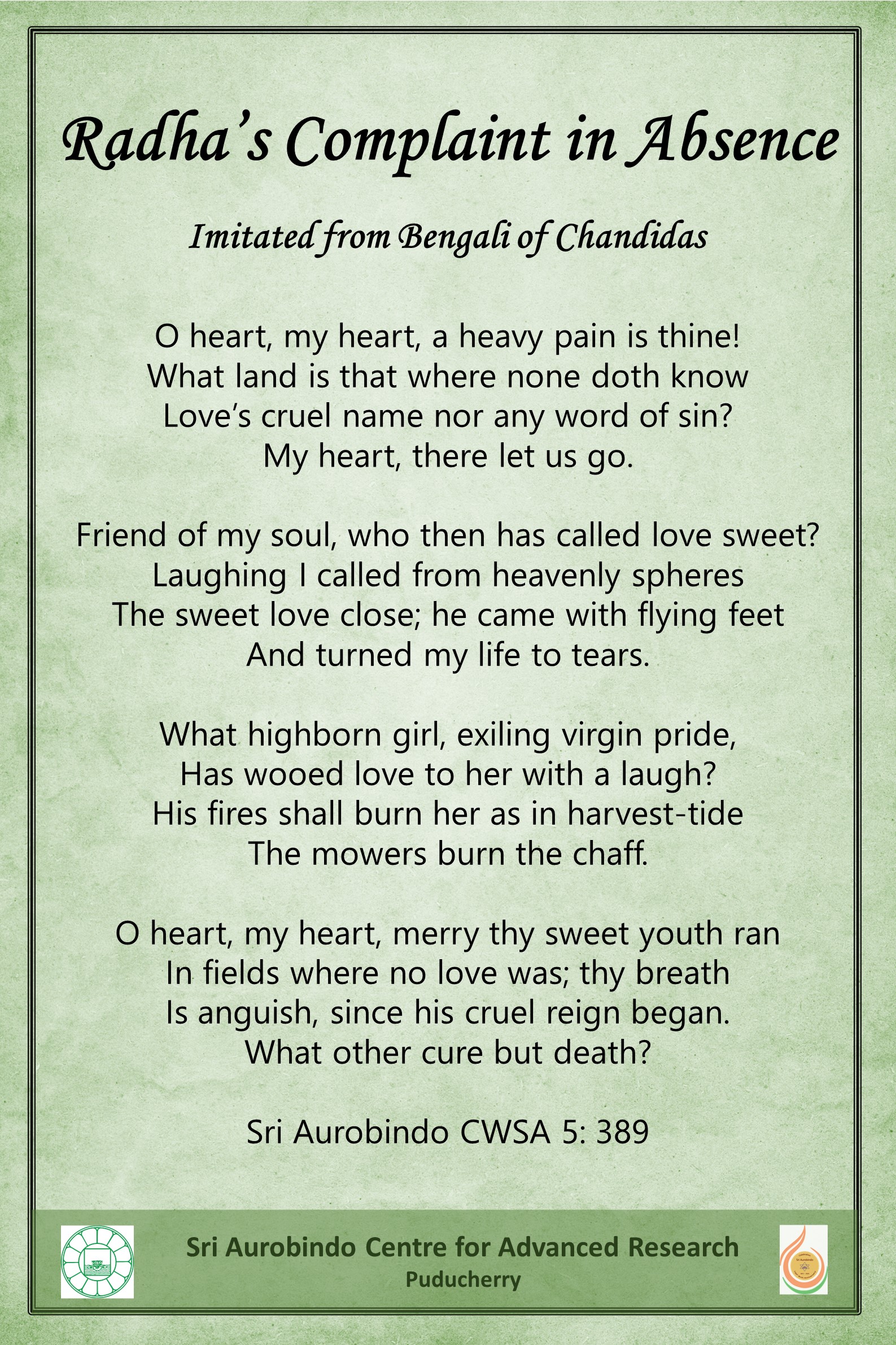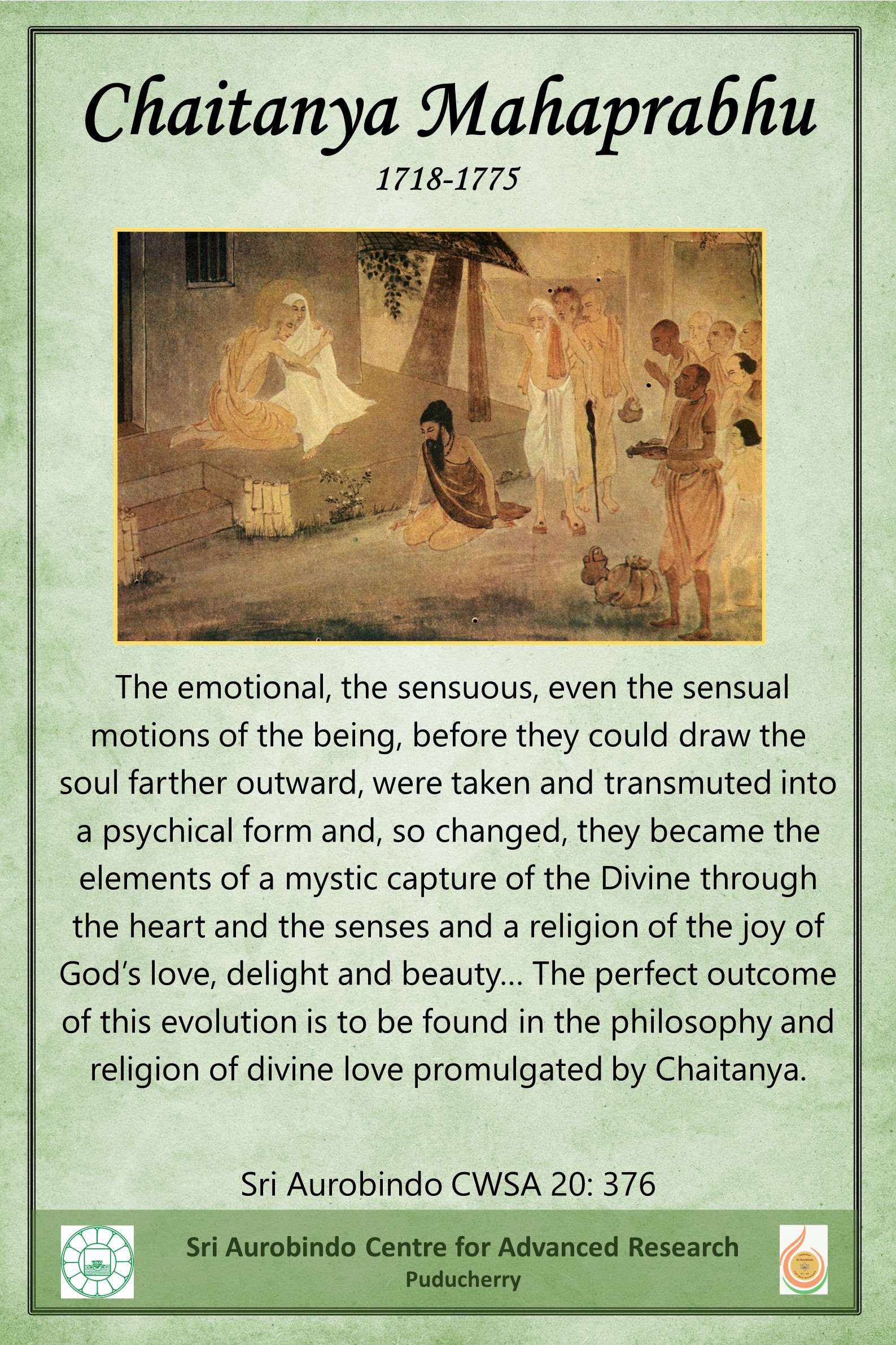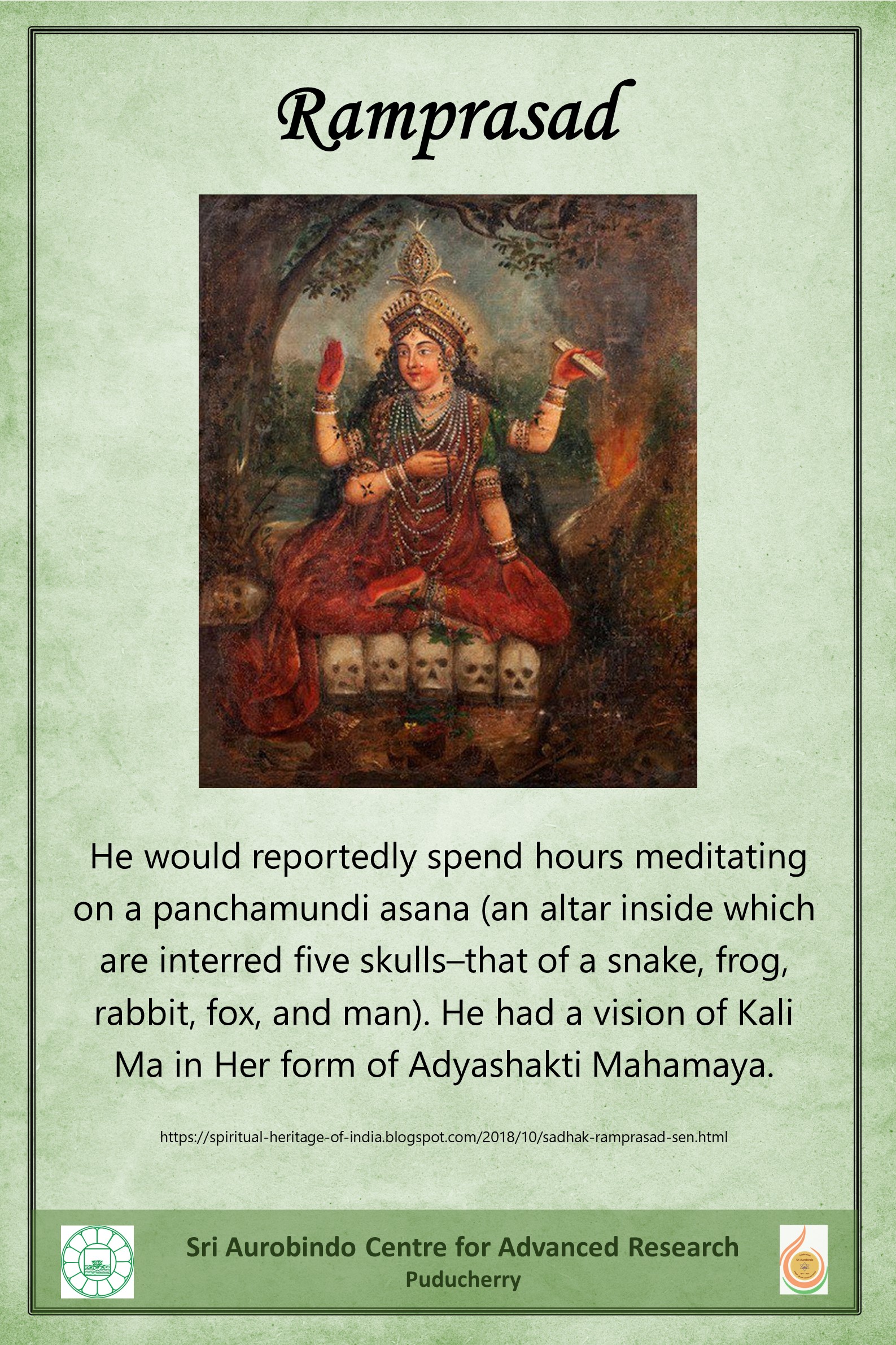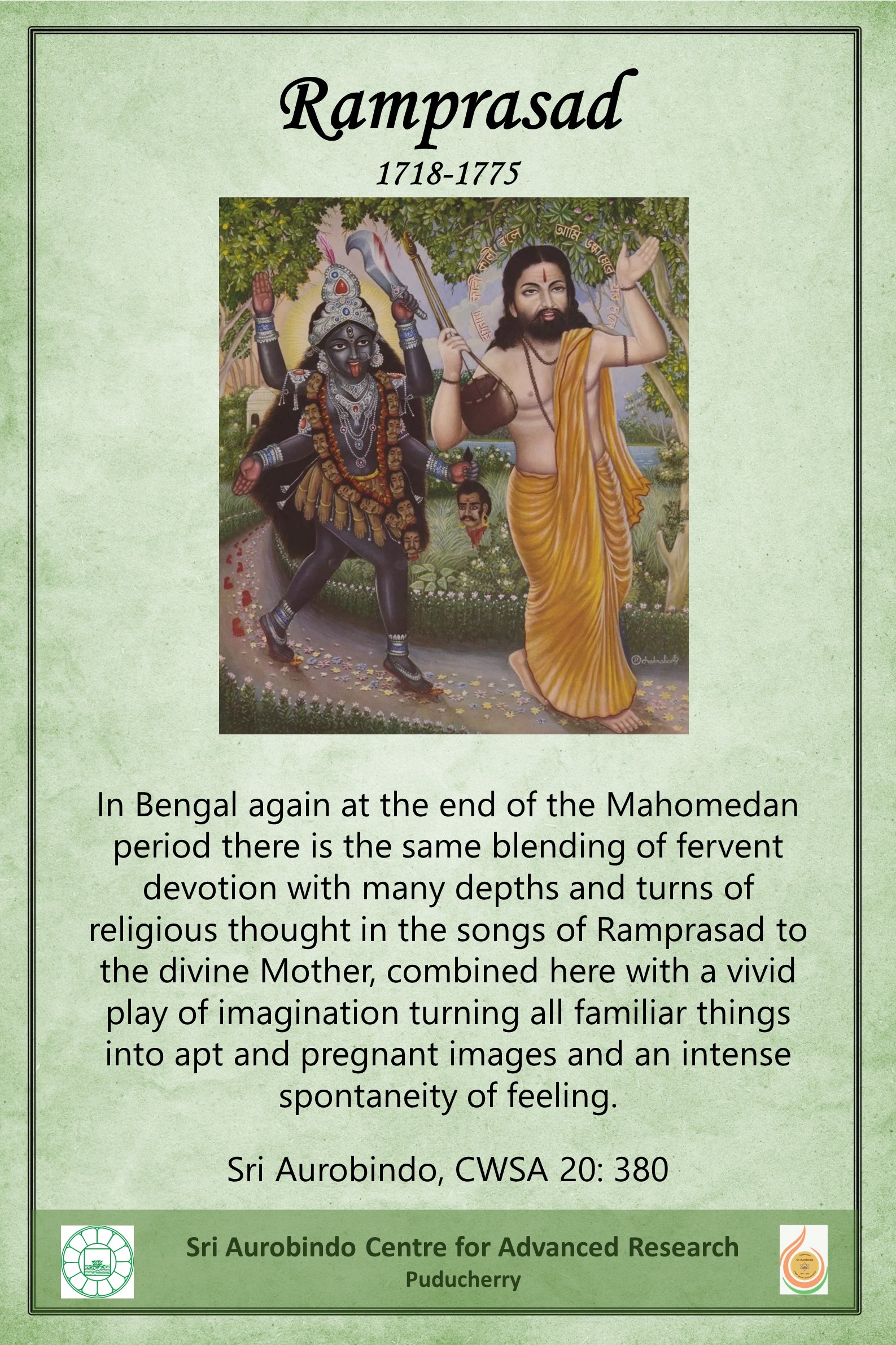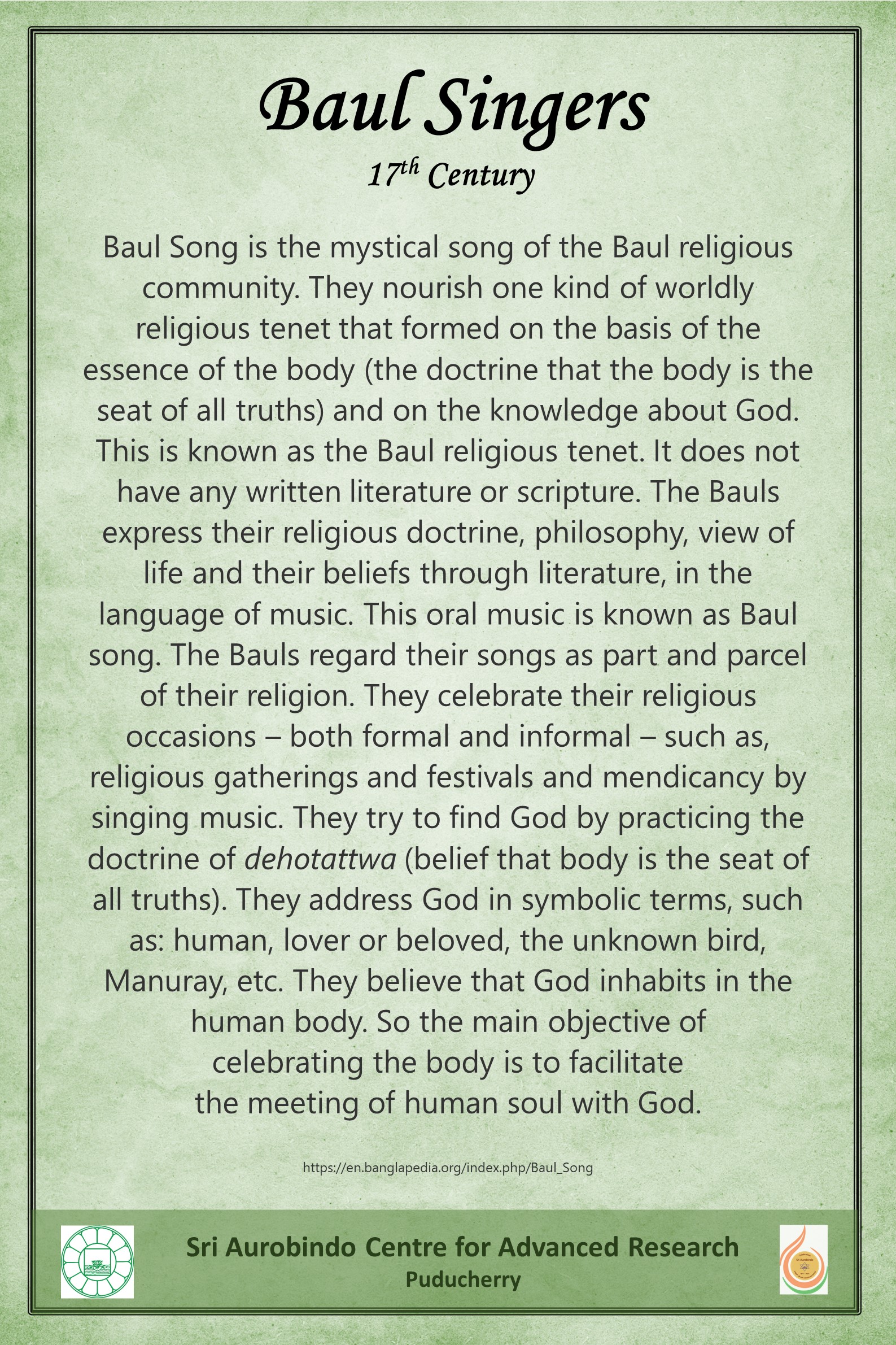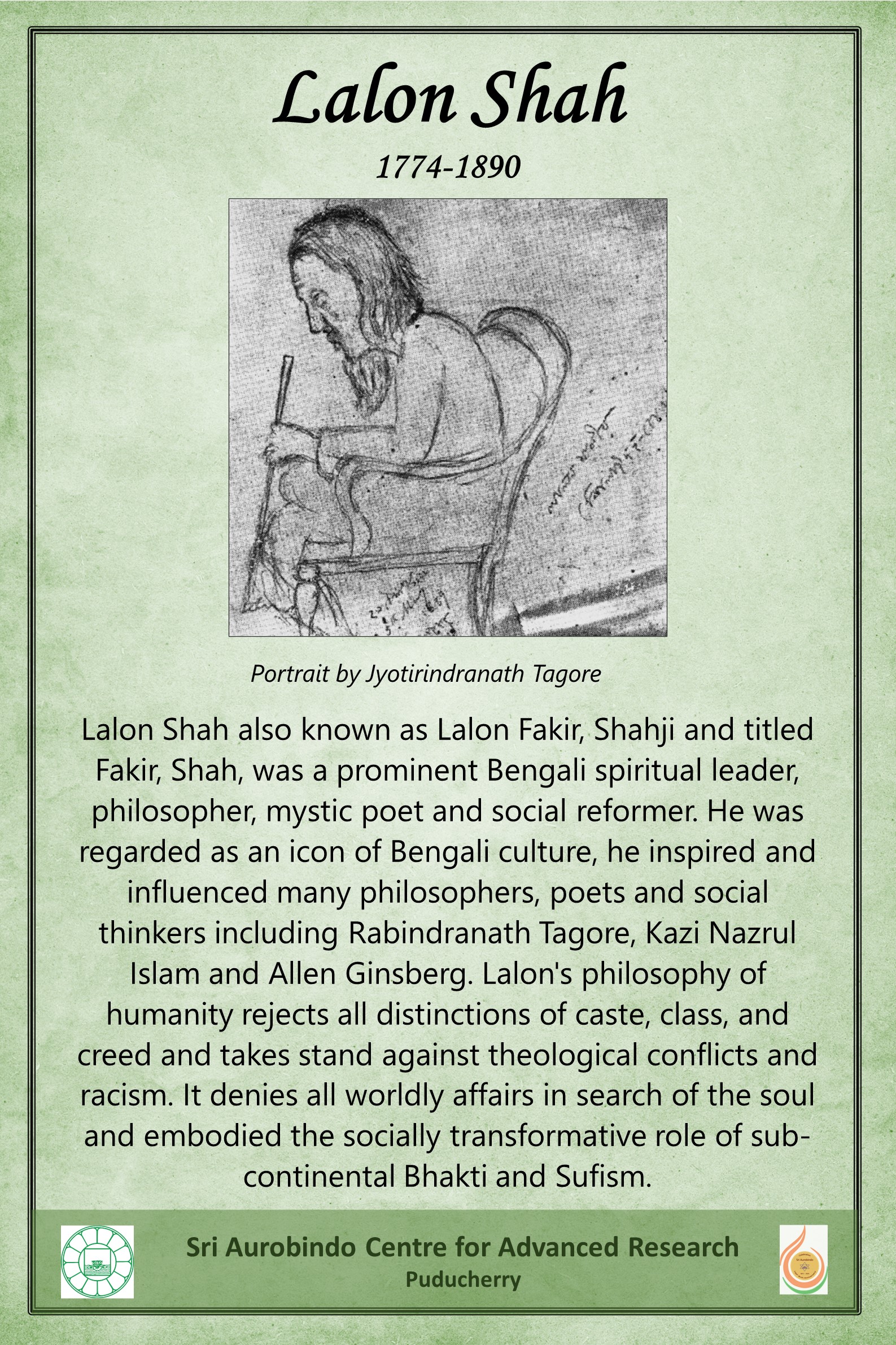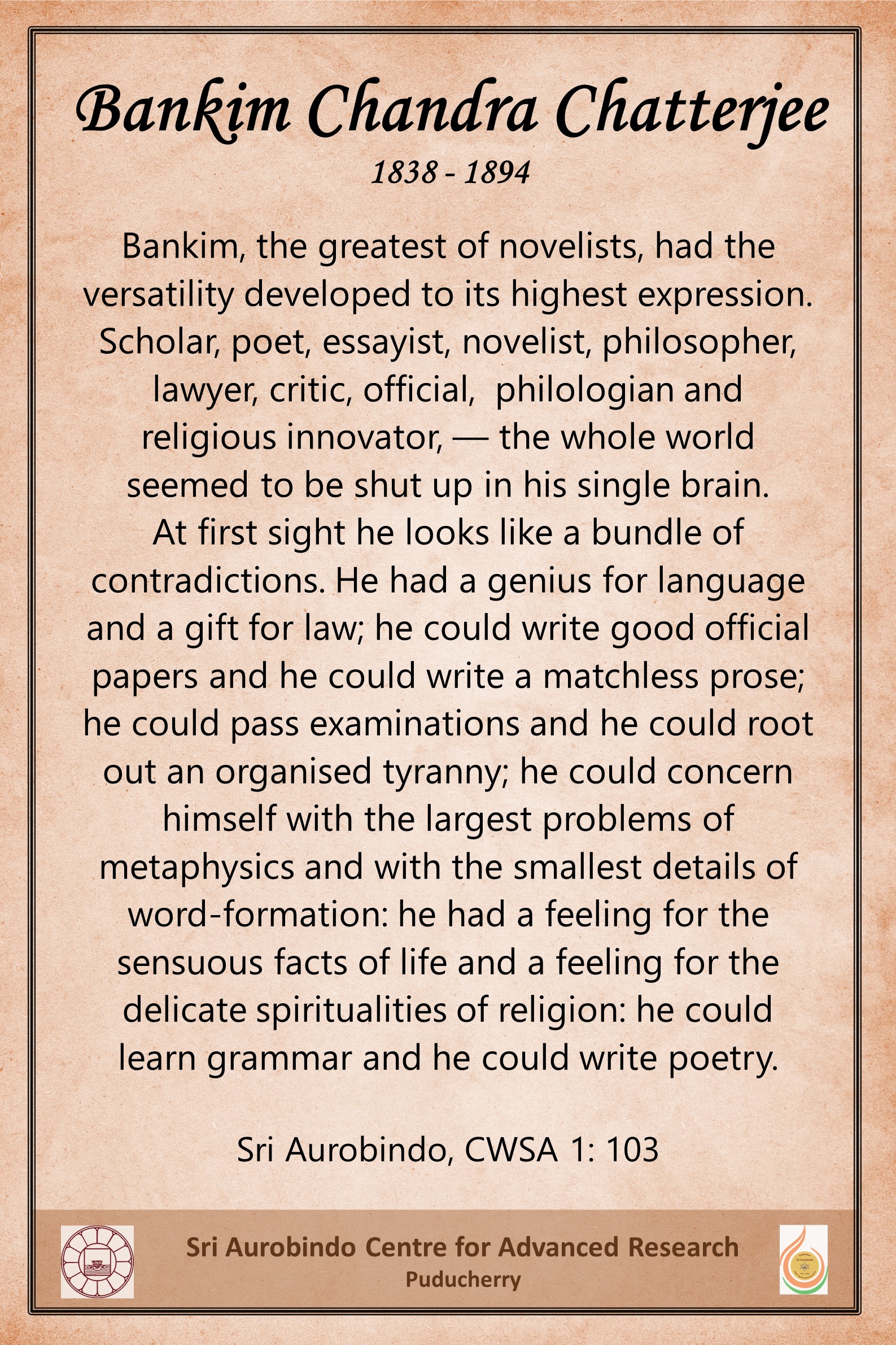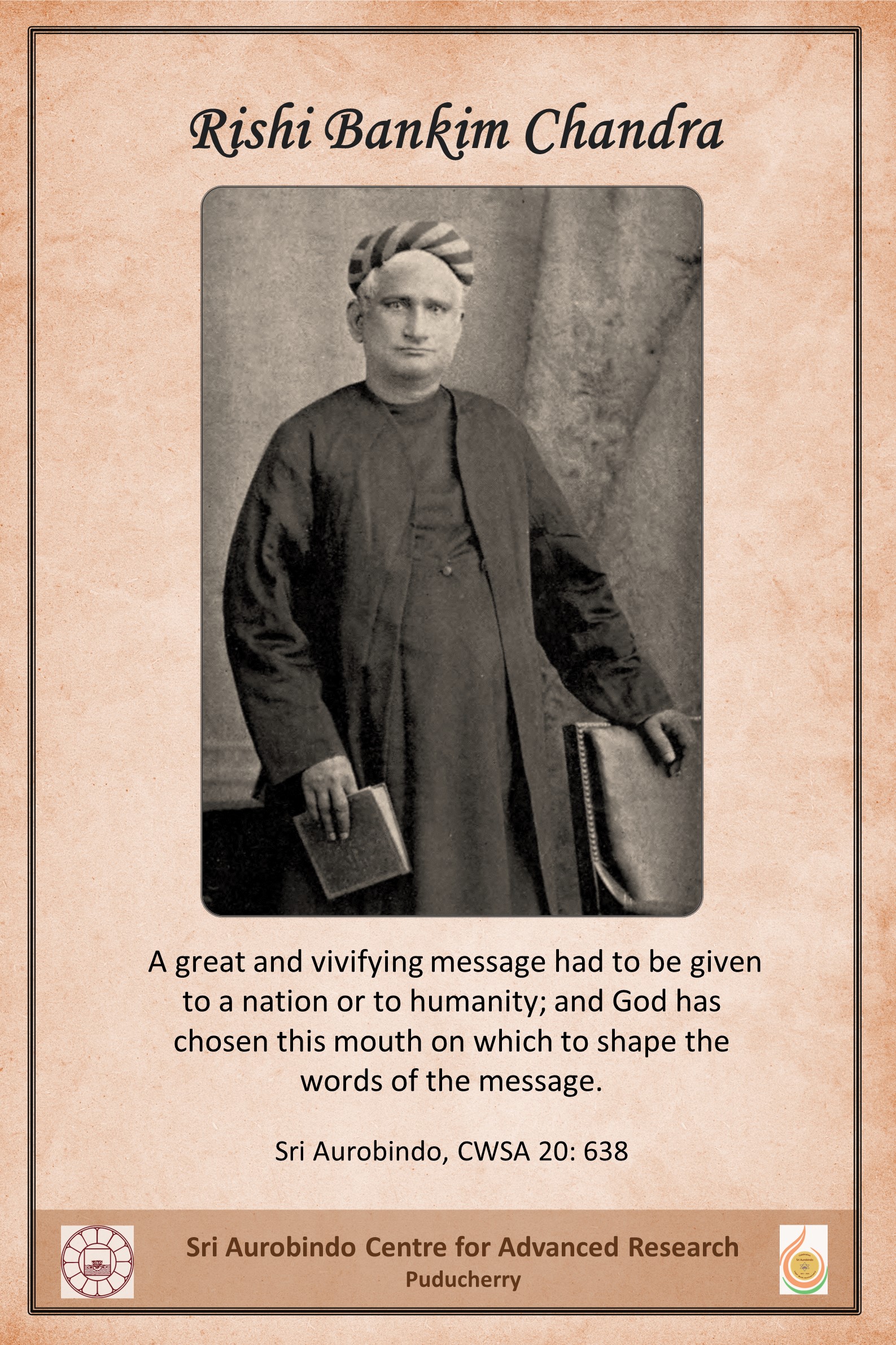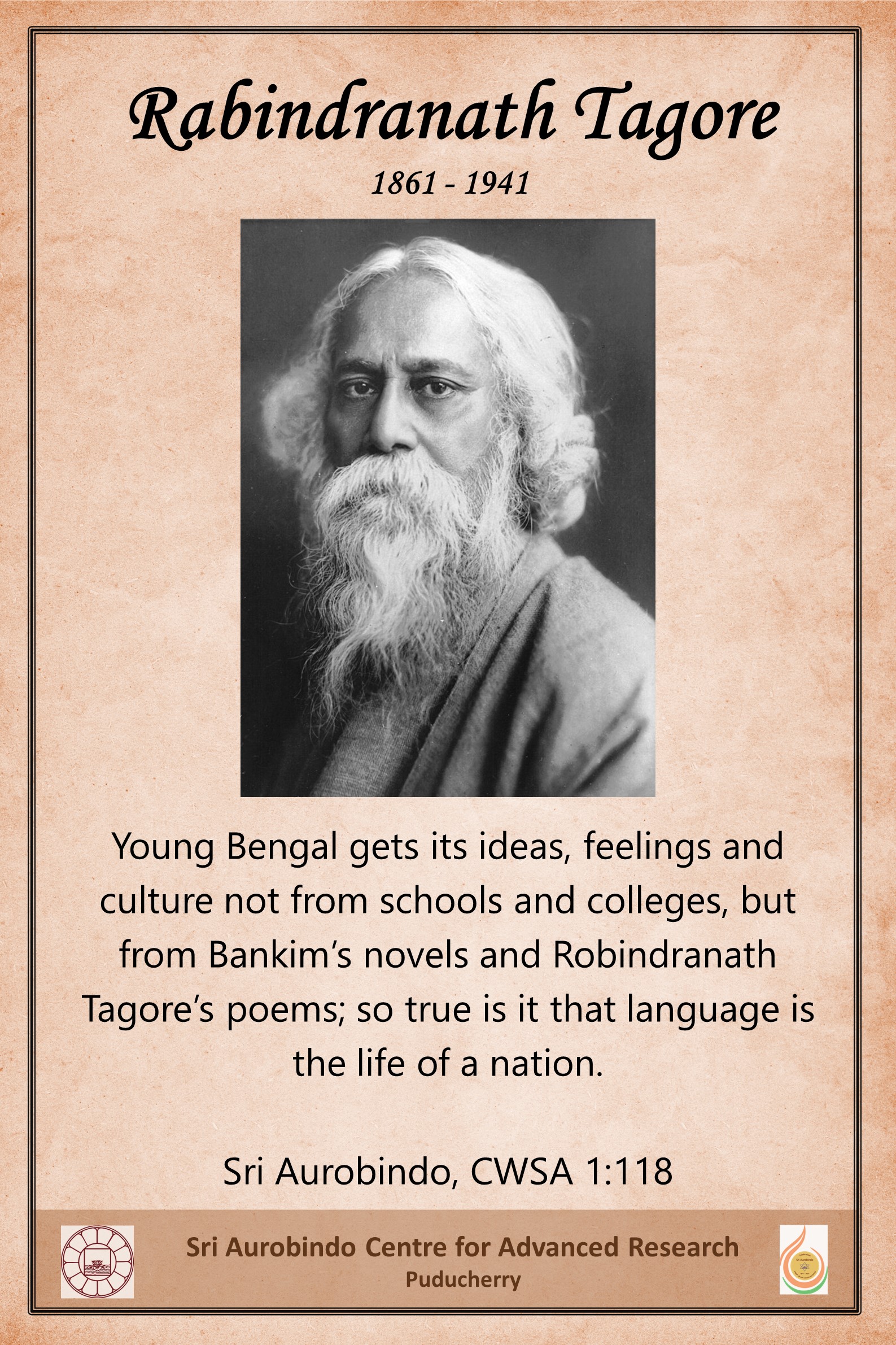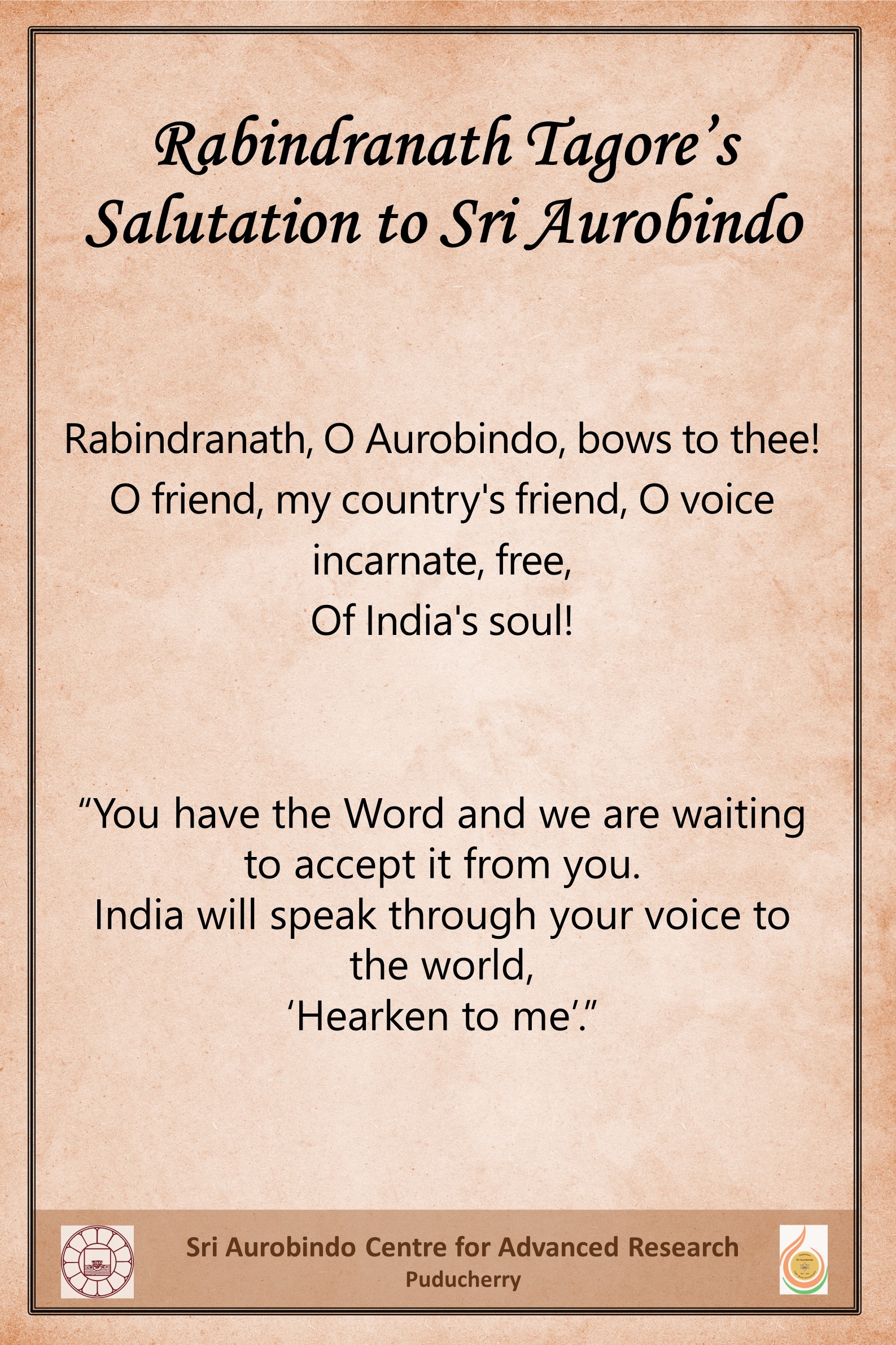- Comparative studies between Acharya Abhinavagupta’s and Sri Aurobindo’s works have not been taken up in-depth. Only a few articles have been written and published.
- Few researches have been conducted to understand the relevance of Acharya Abhinavagupta’s works in modern times.
- These spiritual yogis gave practical guidance to all those who could follow the spiritual path while being in this world. This needs to be researched elaborately and some practical guidance from both have to be found out and documented.
Introduction of the Proposed Study
Indian philosophy, or darshana, is a continuous stream of thought that has flowed unbroken from Vedic times. Seeking inspiration from the Vedas and the Upanishads, and based on their own experiences, different acharyas and gurus have put forth their darshana and philosophy, which, while seemingly contradictory, complement each other. It is because of this that we see some overlap and continuation of one concept in one philosophy in another. This also enables us to research and study two philosophies, their similarities and differences, and see how they complement each other or how one takes the philosophy of the other to the next level.
Two such darshanikas or spiritual giants who have much in common are Acharya Abhinavagupta and Sri Aurobindo. Separated by a millennium, their philosophies and vision of life and the world have much in common. Sri Aurobindo’s integral philosophy seems to have drawn much inspiration from Kashmir Shaivism.
It would be worthwhile to find the connection between Acharya Abhinavagupta’s works and those of Sri Aurobindo and to correlate their philosophies and spiritual experiences. The outer details of their lives share a few similarities, but when we read their philosophies and the explanations they have provided about the world, consciousness, and the nature of Brahman, Purusha, and Prakriti, one may be able to see similarities in their experiences. Both these spiritual giants of India wrote everything out of experience, and their writings come very close to each other.
The works of Acharya Abhinavagupta that have come down to us are in almost 35 volumes of teeka, commentaries, darshana, explanations, poems, hymns, and writings on Tantra, Trika, and kavyashastra. We celebrated the 150th year of Sri Aurobindo’s birth in recent years, and what has been compiled to date also comes to about 36 volumes. His works also cover almost all the fields on which the Acharya has written and more.
We propose to conduct research to compare and collate the works of Acharya Abhinavagupta and Sri Aurobindo based on some of the key concepts mentioned above.
24 months from the date of the reception of the Grant
- To compare the key Philosophical concepts in Acharya Abhinavagupta’s and
- Sri Aurobindo’s works
- To find similarities between the tantra shastra of Acharya Abhinavagupta’s and the principles of Tantra taken by Sri Aurobindo in his sadhana.
- To compare the aesthetic theories of Acharya Abhinavagupta and Sri Aurobindo based on their writings on poetry, drama and literature.
- Acharya Abhinavagupta’s and Sri Aurobindo’s works will provide the necessary material to study the key concepts of Indian Philosophy, aesthetics and tantra shastra.
- Sri Aurobindo has integrated a few principles from the Kashmir Shaivism of Acharya Abhinavagupta and built his yoga further.
- Acharya Abhinavagupta and Sri Aurobindo both were a grand synthesis of all that went before them.
- Literature Review of the works done in the field.
- Selection of the concepts to be studied.
- Data collection from various libraries across India.
- Talks from the scholars who have already researched both Acharya and Sri Aurobindo.
- Conducting four focus group studies on key concepts of study in this project
- Data analysis of all the material collected
- Submission of two volumes on the subject of this project.
- Elaborate report on the focus group studies conducted at SACAR during the project.
- Manuscripts of two volumes of the topic of the project.
- Four Research papers for a Philosophic Journal
- 4 Focus Group studies’ report and module
- At least 10 podcasts on Acharya Abhinavagupta and Sri Aurobindo
- At least 12 lectures on Acharya Abhinavagupta and Sri Aurobindo to be published on YouTube.
As the outcome of this project Two volumes of books, 10 podcast interviews and 12 lectures will be added to the existing body of knowledge.
- 0-1 months: Advertisement and selection for research scholars.
- 6 months: Data Collection and review of existing literature, identification of the research themes.
- 12 months: Producing 6 talks and 2 focus group studies on the given theme.
- 18 months: Data analysis and writing of the two volumes
24 months: Finalising all the manuscripts, and publishing all 10 interviews and talks, 4 (2+2) focus group studies.
Details of the focus Group Studies conducted every four months
- 1. Study/ Workshop on Acharya Abhinavagupta’s works
- 2. Study/ Workshop on Sri Aurobindo’s works in the context of Study 1
- 3. Focus group on Tantraloka and Sri Aurobindo’s ideas on Tantra
- 4. Focus Group study on Acharya Abhinavagupta and Sri Aurobindo on the Bhagavad Gita
Selection Procedure
- Application to be filled by the candidate.
- Title of your research work and a proposal under the project title to be submitted with the form.
- Entrance exam to check the research acumen and language. (The exam will be descriptive in nature)
- Submission of an already published paper if the candidate is a research scholar registered with a University or has completed PhD.
- Online or Offline Interview for final selection
- Selected candidates will be notified through email 15 days after the entrance exam.
- Those not selected may not be informed.
- The candidate has to find an accommodation in Pondicherry.
- He/she will submit the original certificate of your highest degree to SACAR. Once the project is over, the certificate will be returned.
- The selection committee reserves the rights of admission to anyone whom they deem fit and their choice remains unquestionable by any candidate or any external entity.
Selection Procedure
- Application to be filled by the candidate.
- Title of your research work and a proposal under the project title to be submitted with the form.
- Entrance exam to check the research acumen and language. (The exam will be descriptive in nature)
- Submission of an already published paper if the candidate is a research scholar registered with a University or has completed PhD.
- Online or Offline Interview for final selection
- Selected candidates will be notified through email 15 days after the entrance exam.
- Those not selected may not be informed.
- The candidate has to find an accommodation in Pondicherry.
- He/she will submit the original certificate of your highest degree to SACAR. Once the project is over, the certificate will be returned.
- The selection committee reserves the rights of admission to anyone whom they deem fit and their choice remains unquestionable by any candidate or any external entity.
Remuneration
Remuneration would be deposited in the account directly. However, the first remuneration will be given after three-months, once a considerable amount of work begins.
Outcome of the entire Research Project:
A Review of the Literature to be produced by the candidate within 3 months, before the first remuneration is released. If the work is not done satisfactorily, then the remuneration will be delayed.
Intellectual Property
The paper produced through this research will be published as a Monograph with due credit to the researcher when the funds are available. After submitting the paper, the candidate will have no right to the paper. He/she cannot republish the paper anywhere without the permission of the publisher and SACAR. The time taken to publish the research will be a matter of discretion of the SACAR Board.
After submitting the first project the candidate can reapply for the next project if he/she wishes to do so.

























